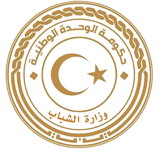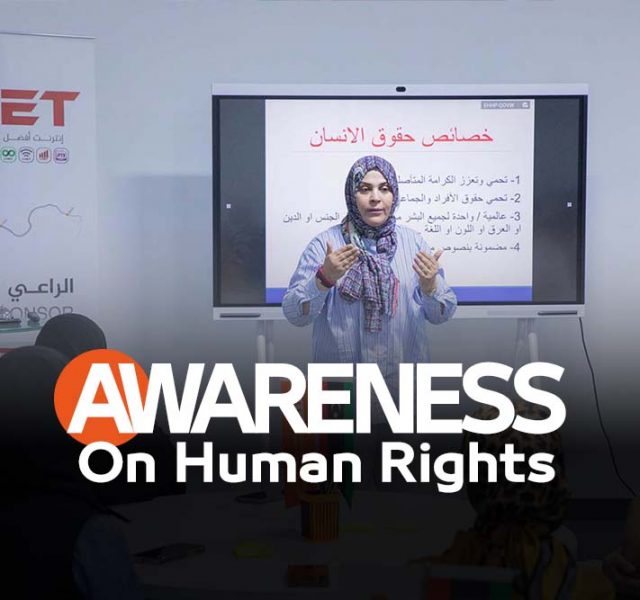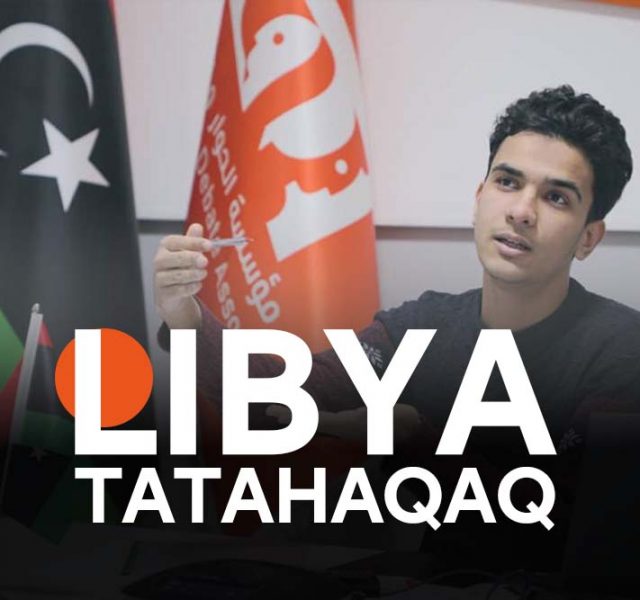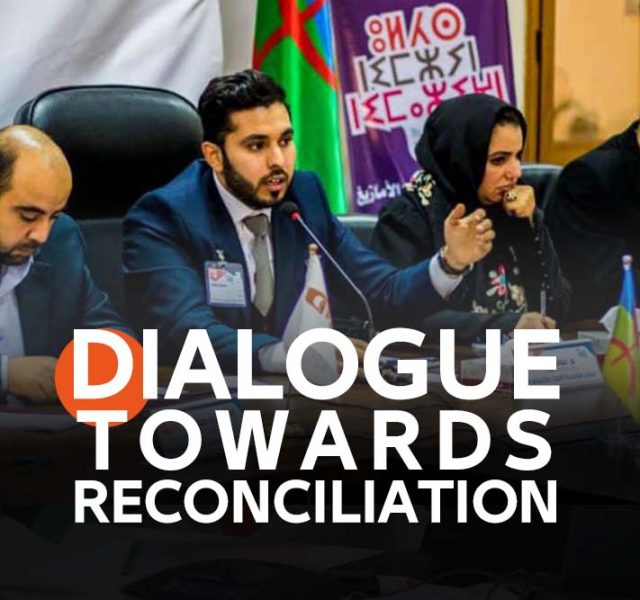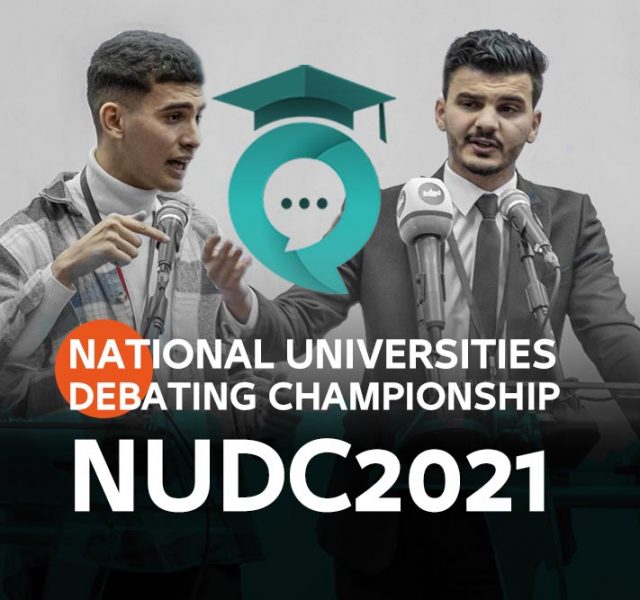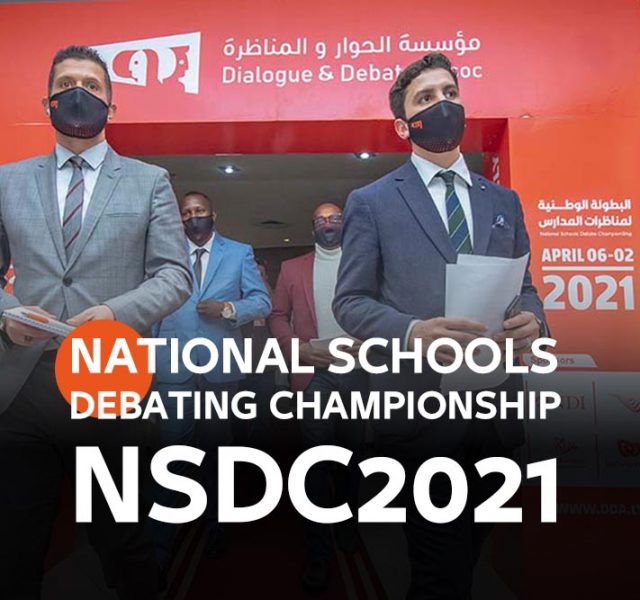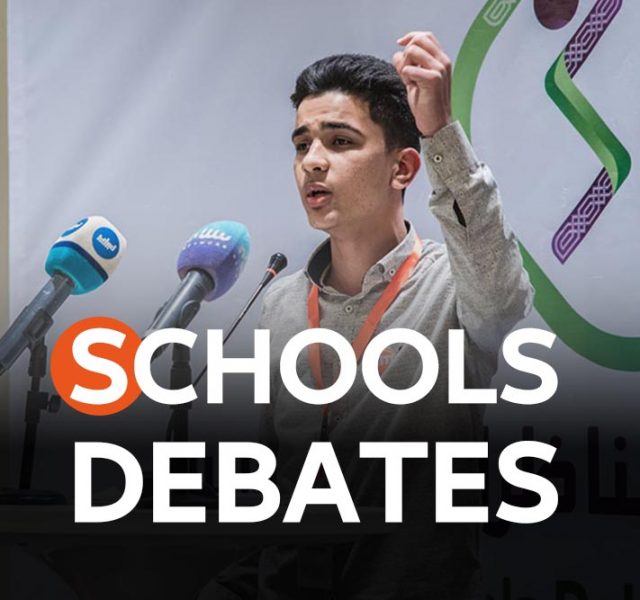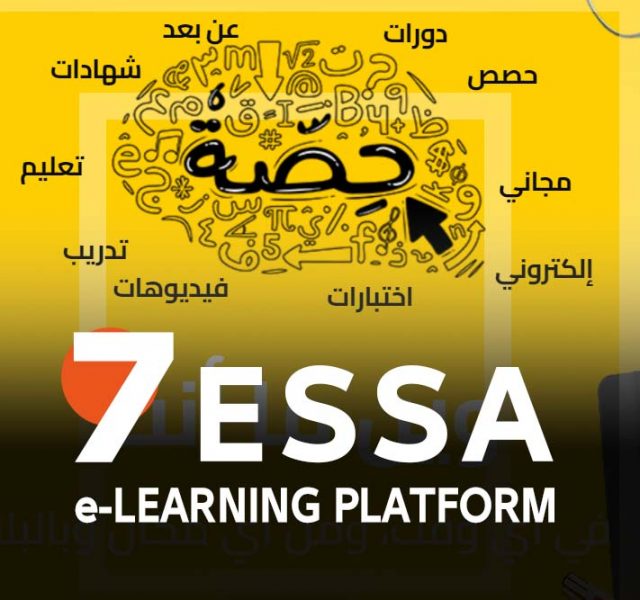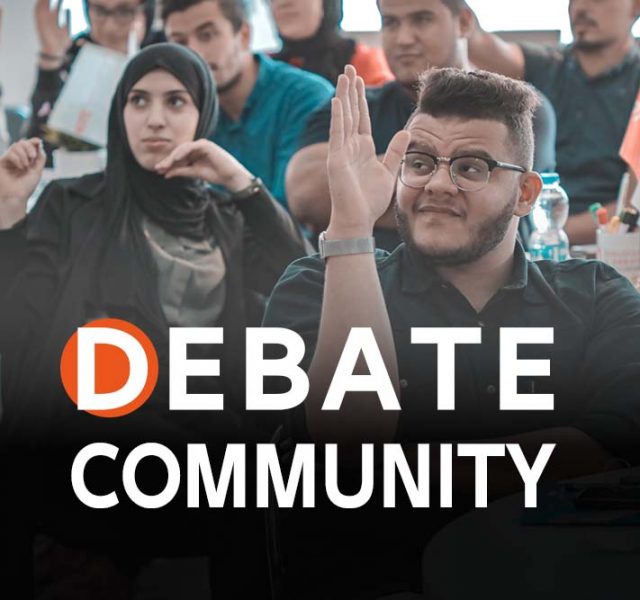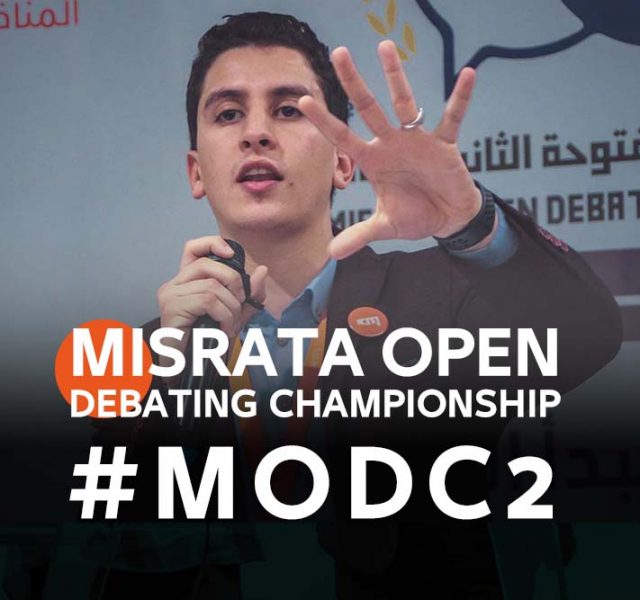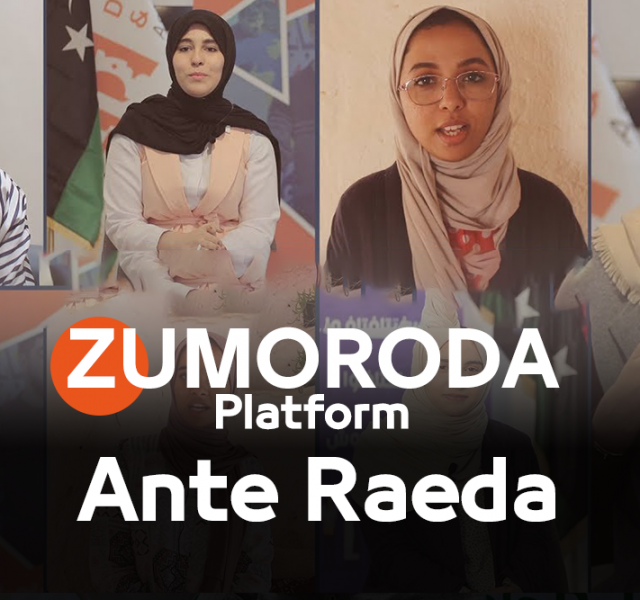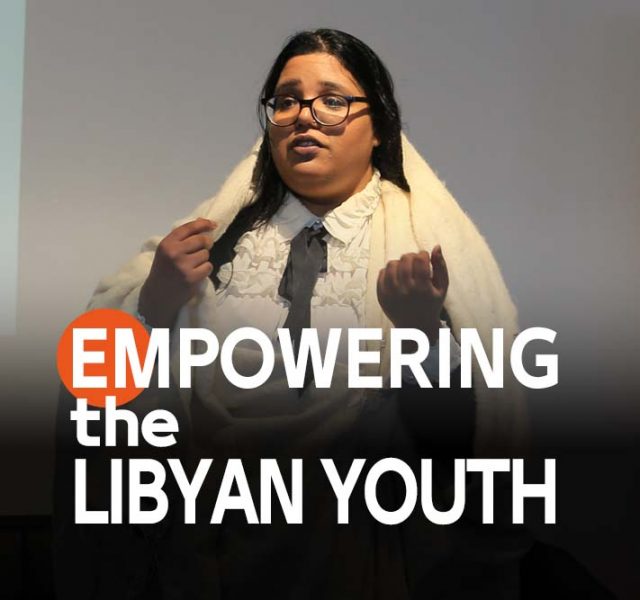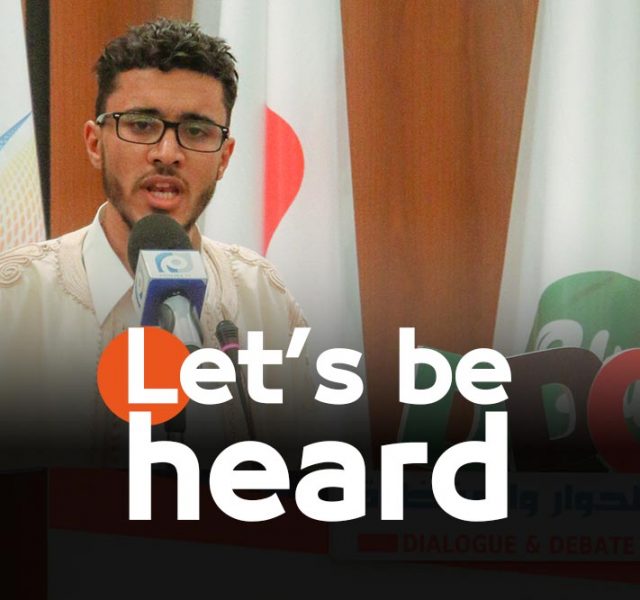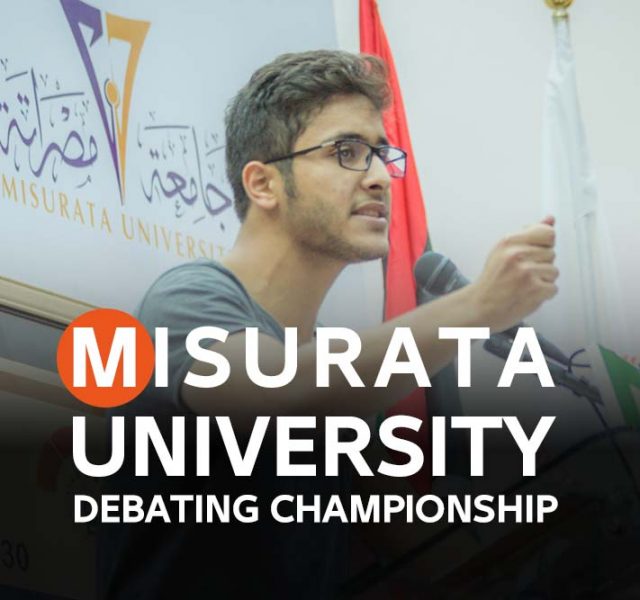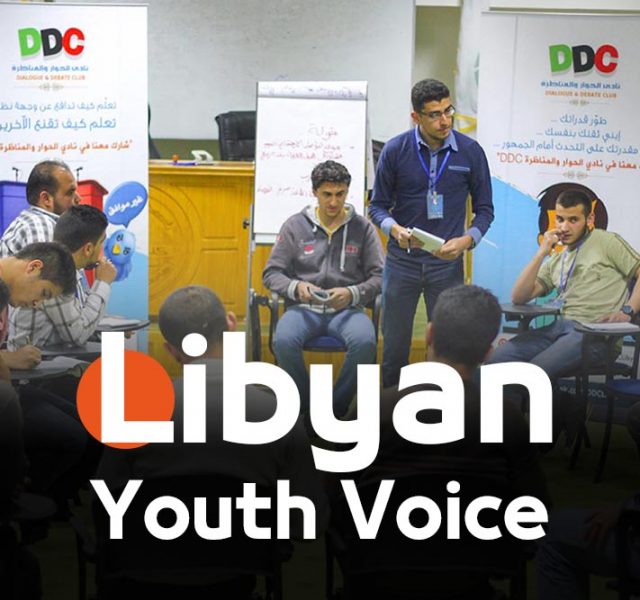National Schools Debating Championship 2021
Debating Championship
National Schools Debating Championship (NSDC2021)
April 2021
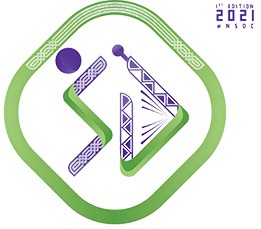
NSDC2021 Official Photo
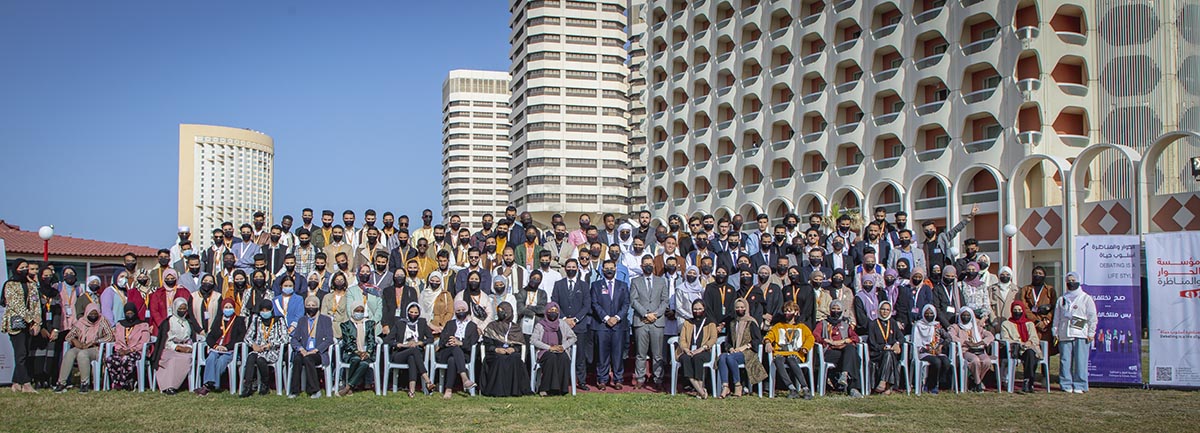
Attendees:
Organizational Management Sessions:
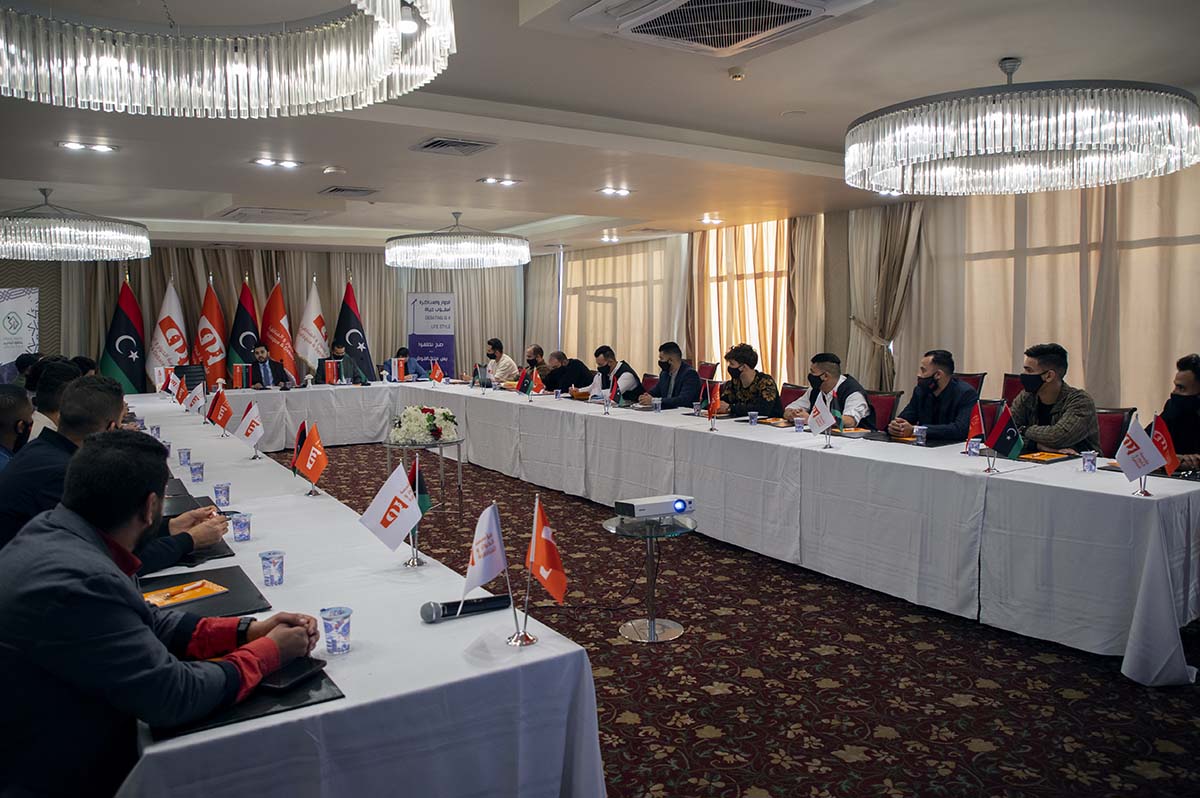

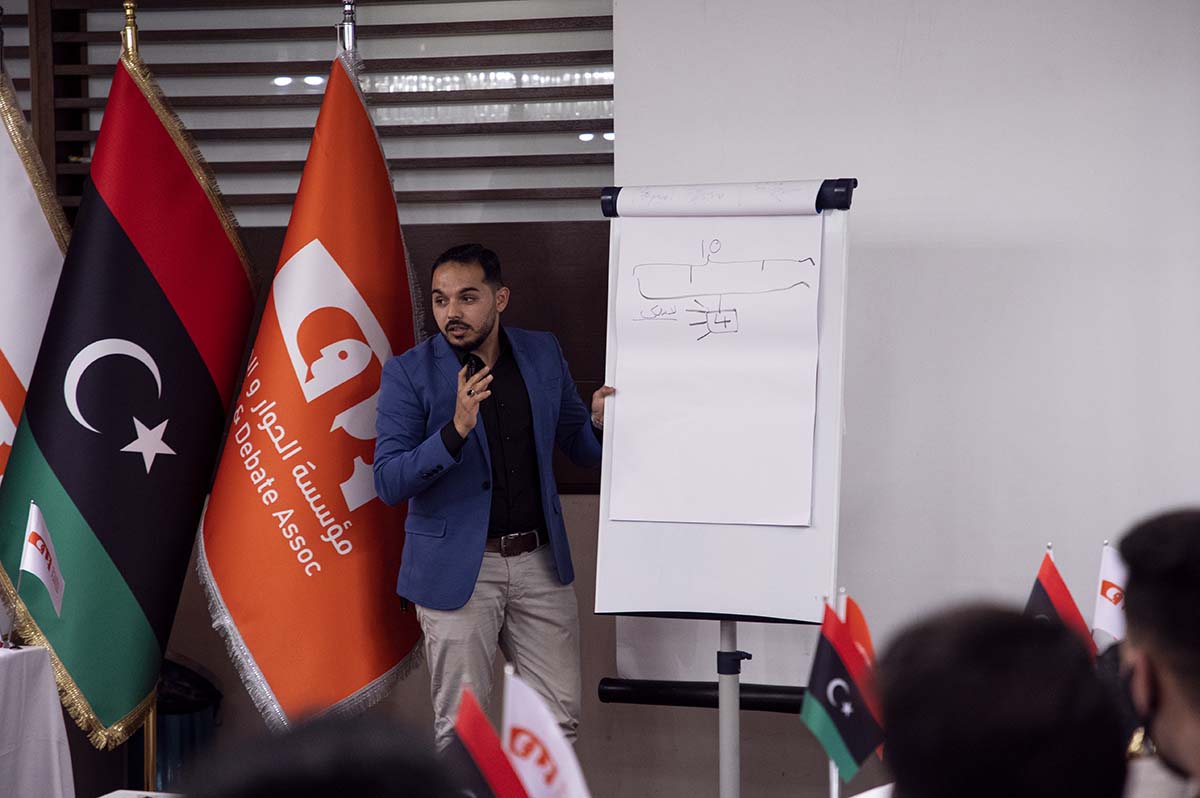
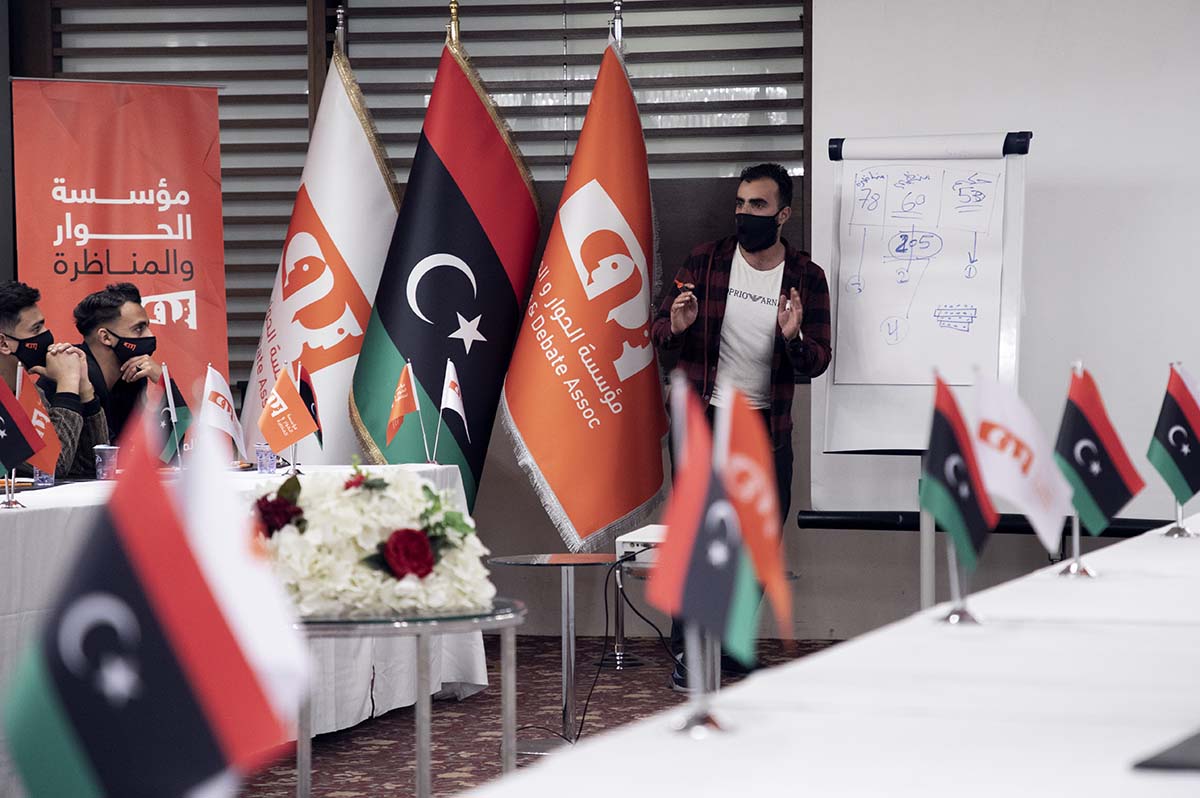
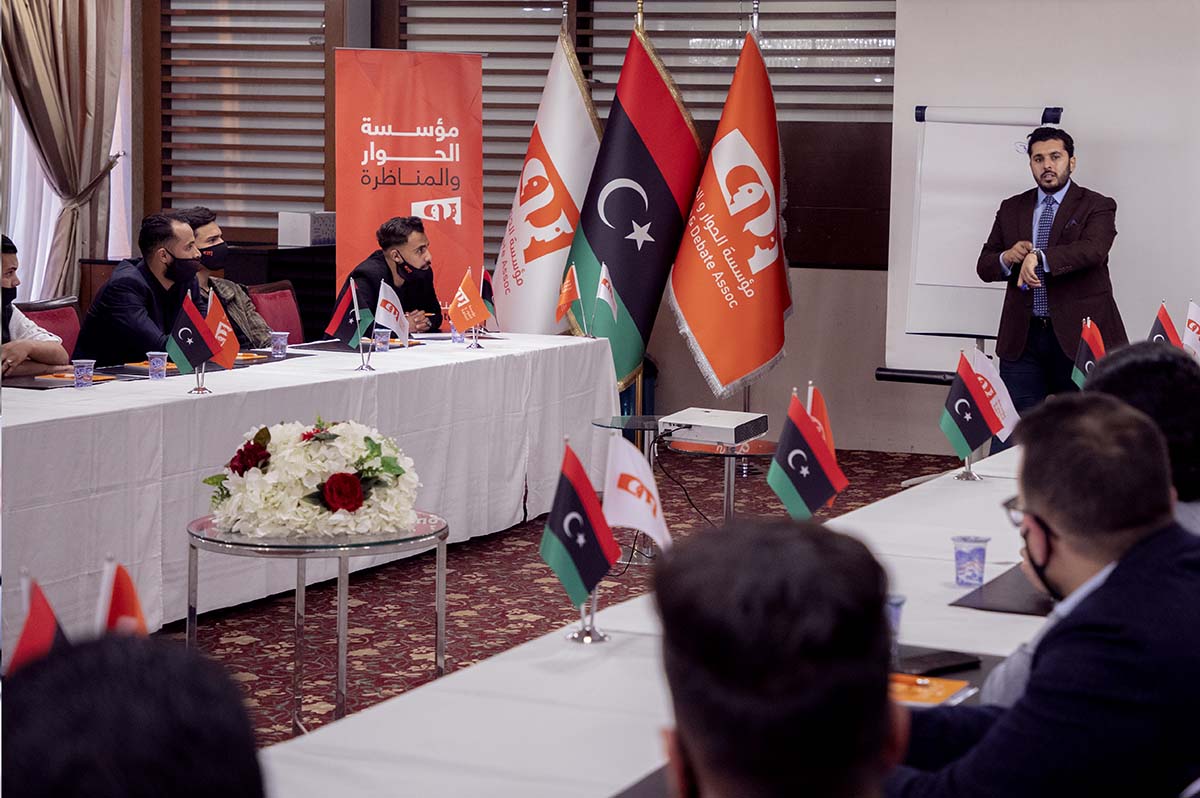
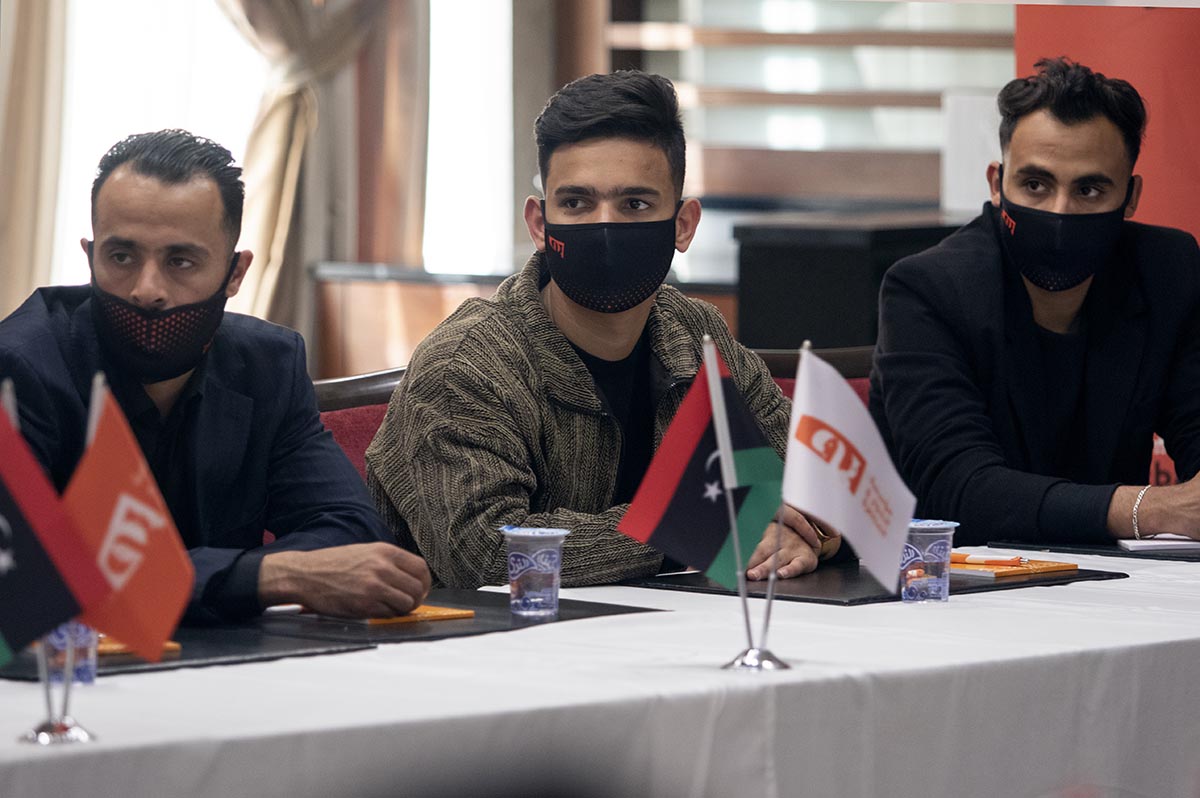
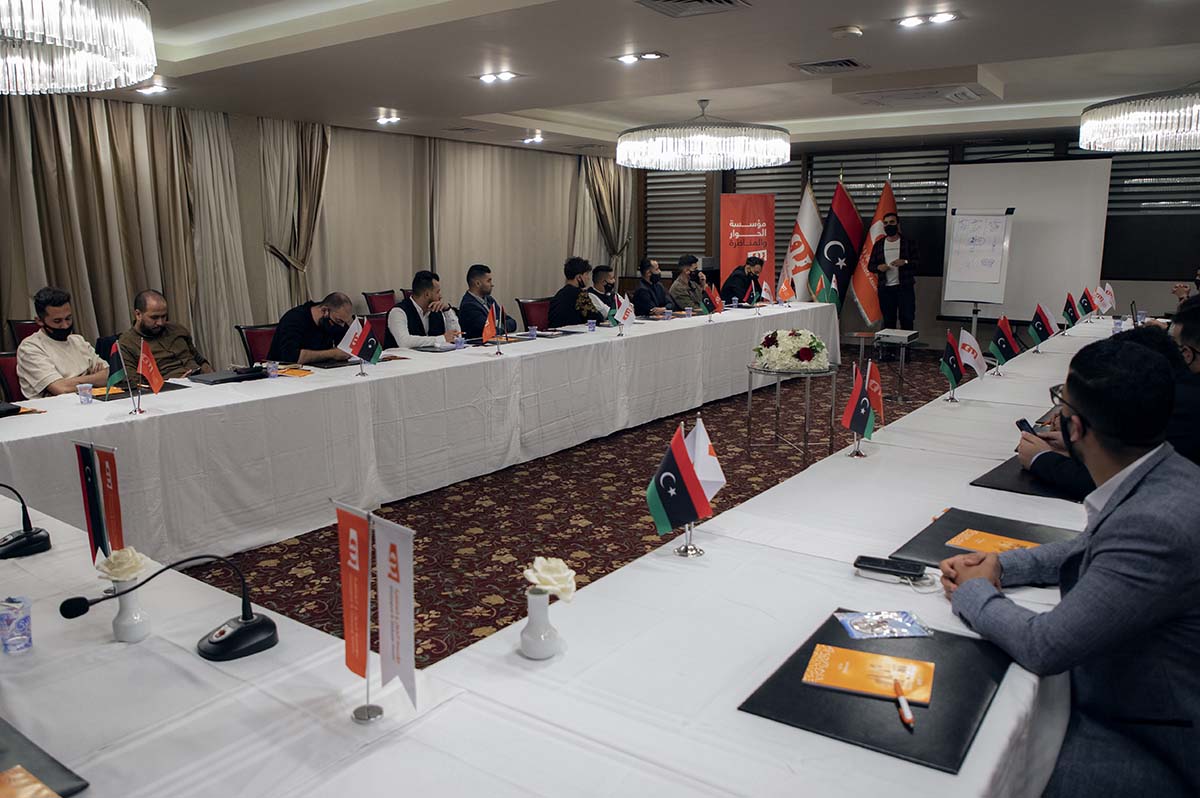







Participants Arrival:
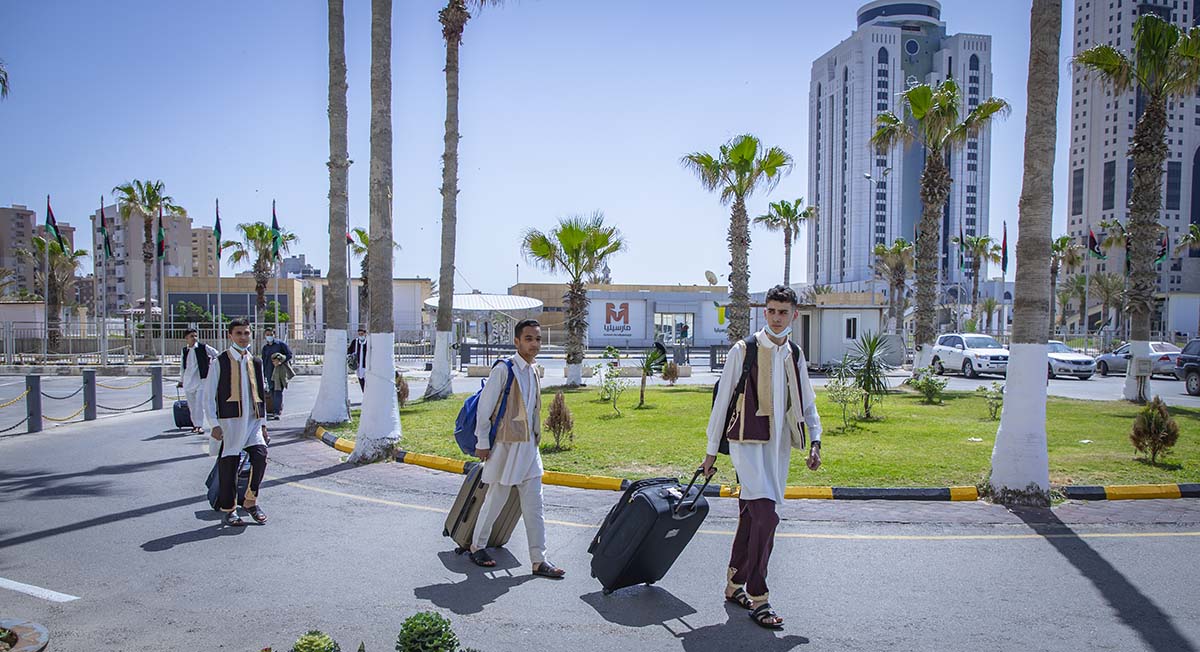
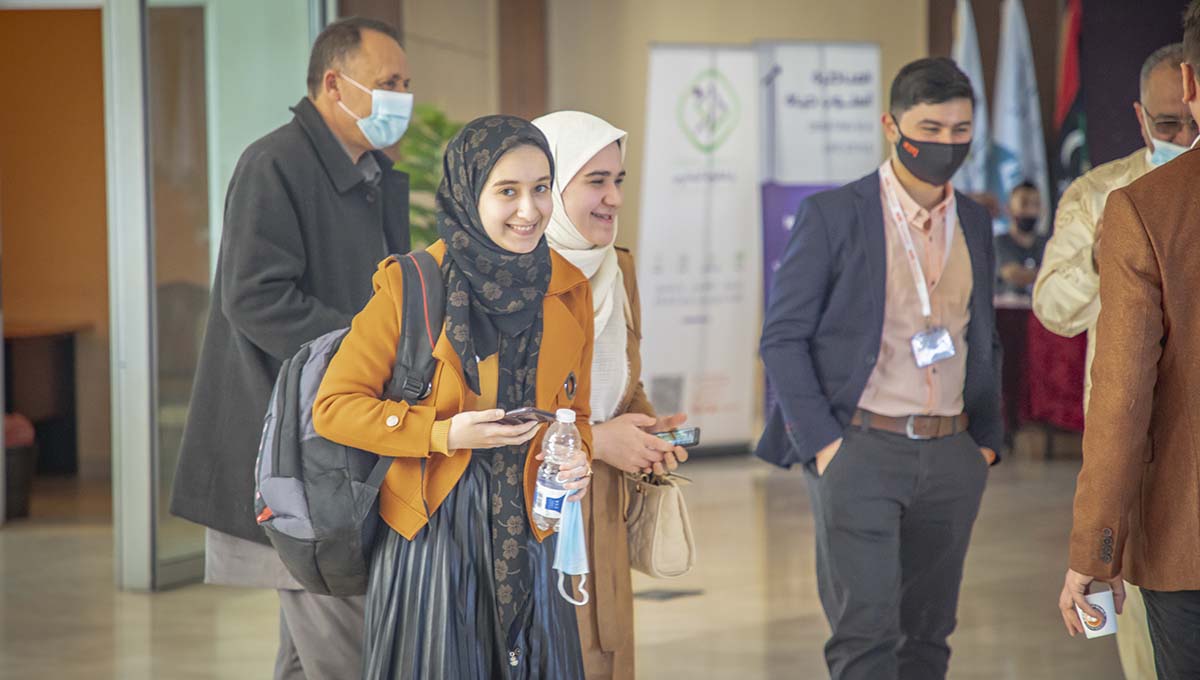
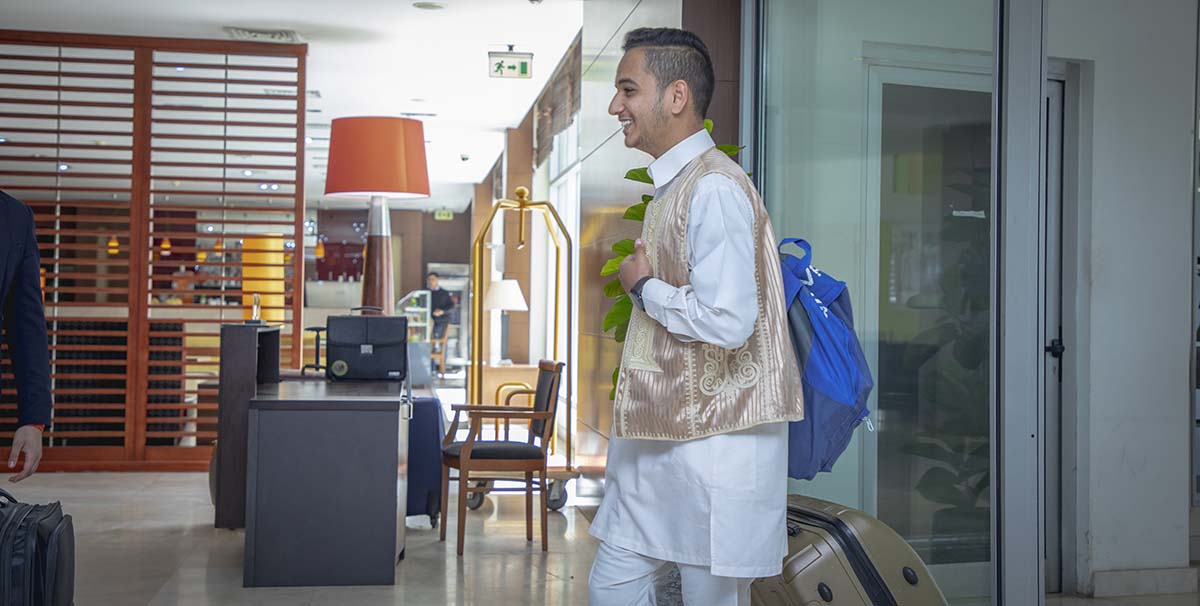
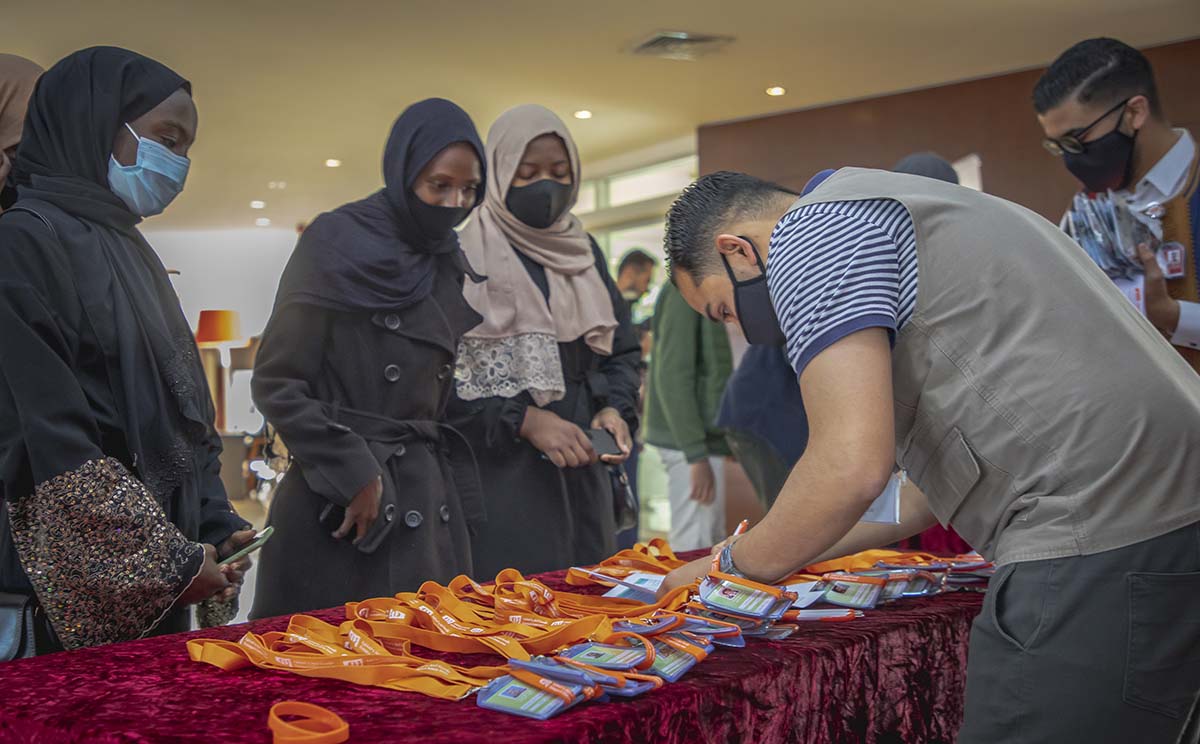
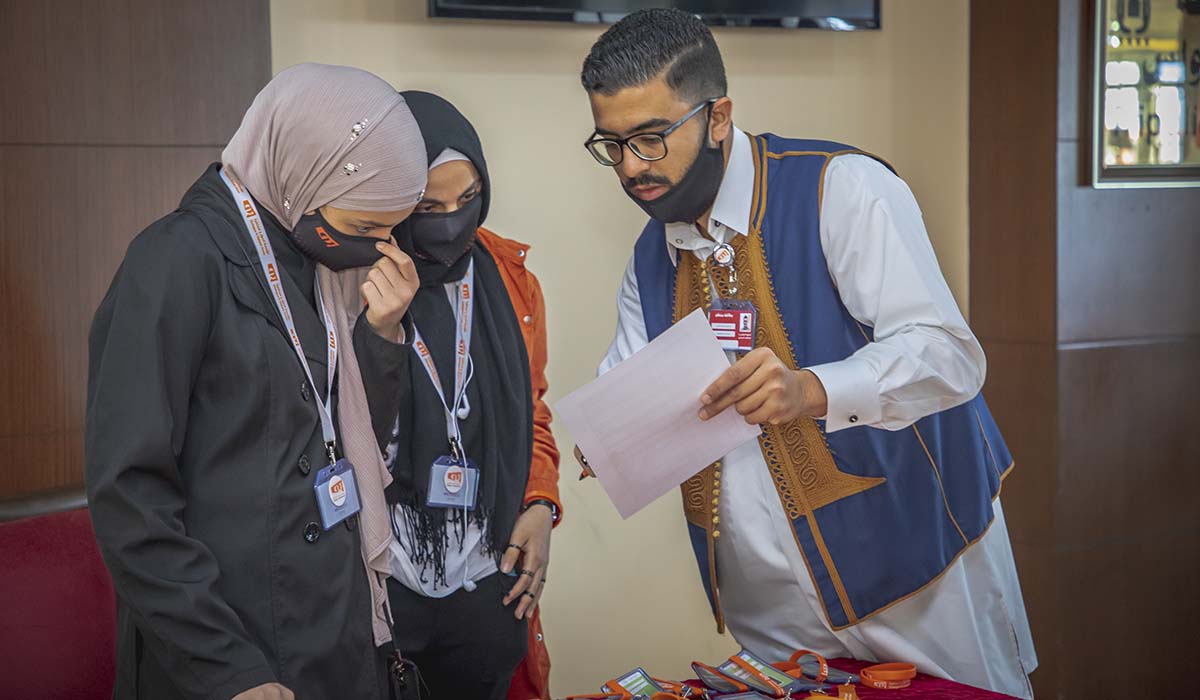
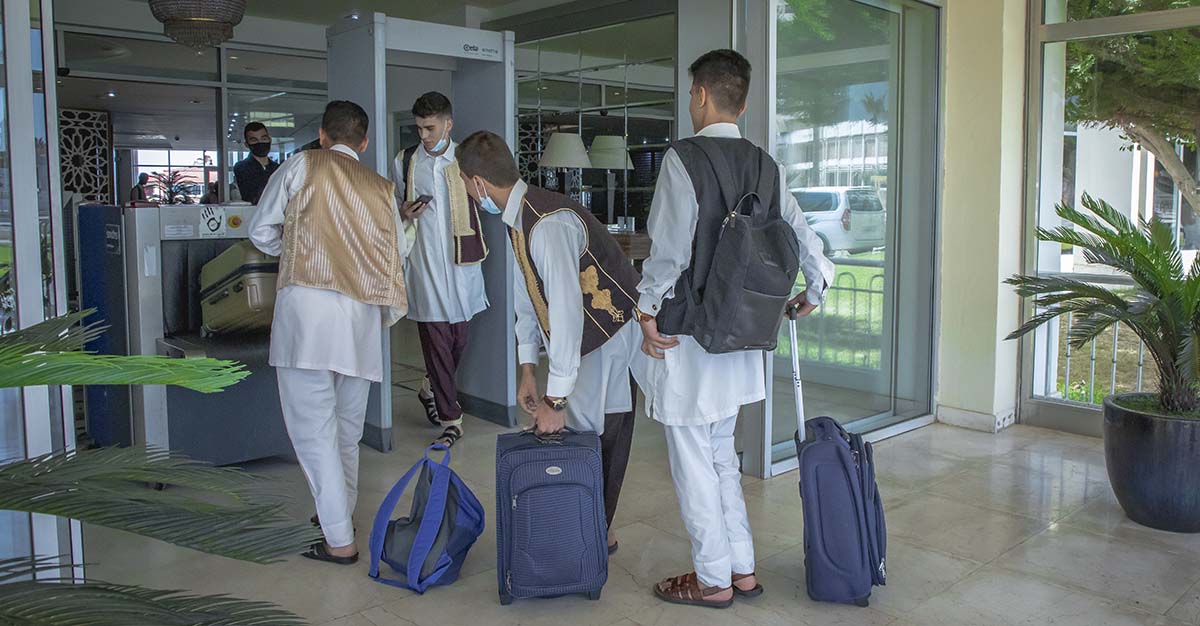
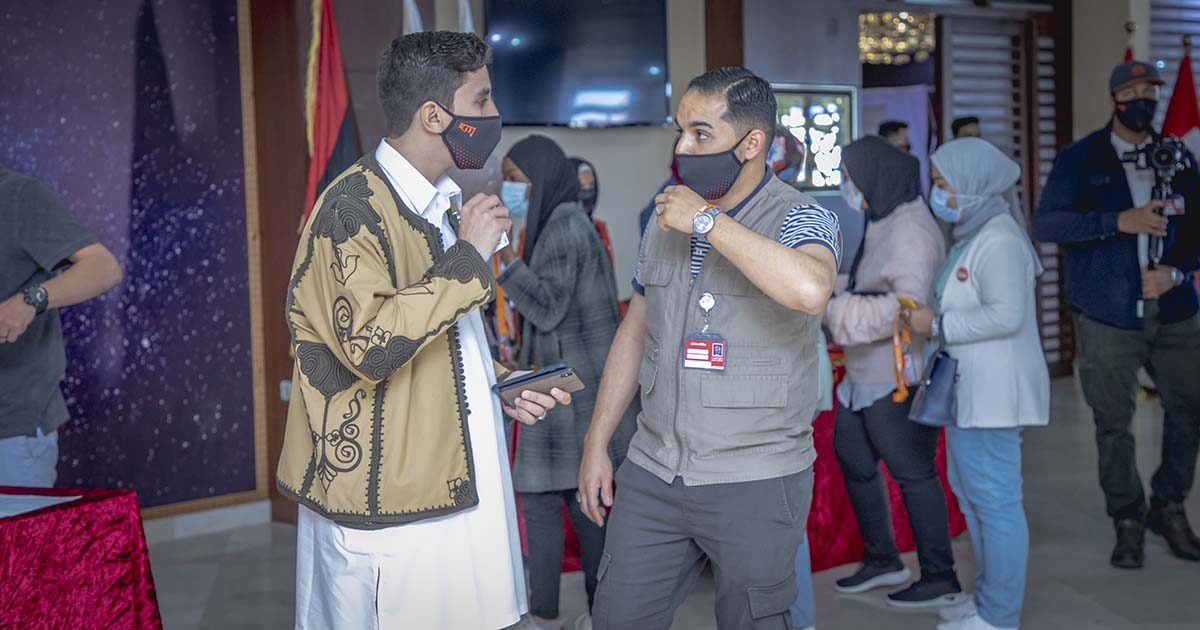
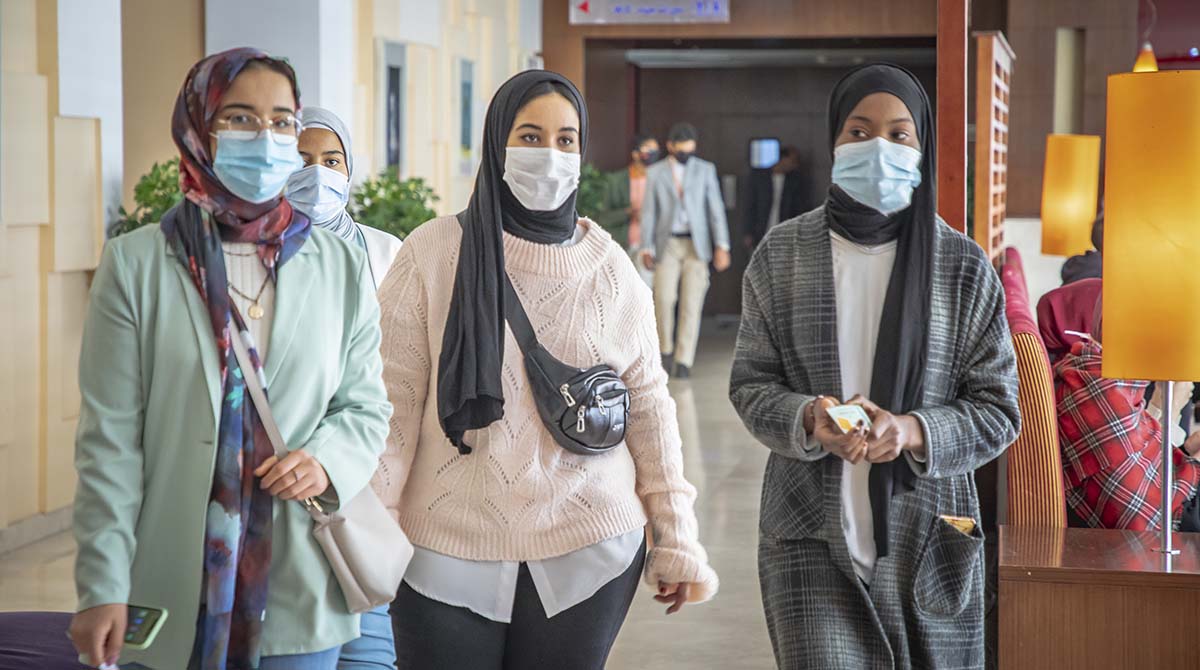
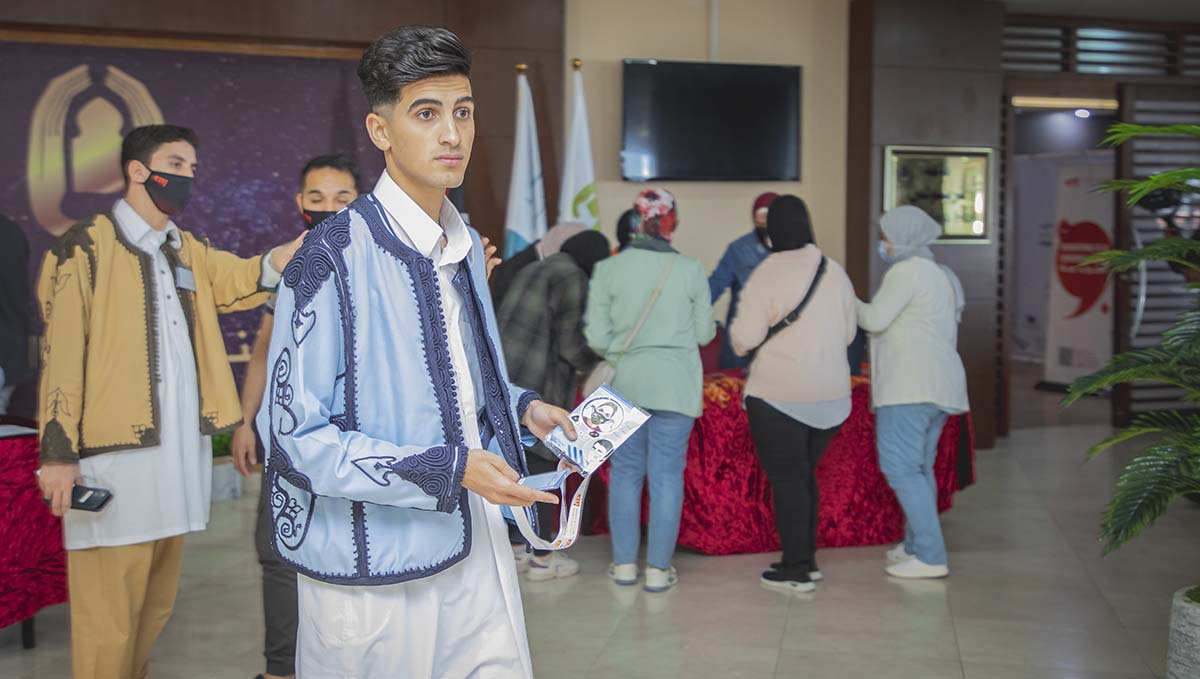
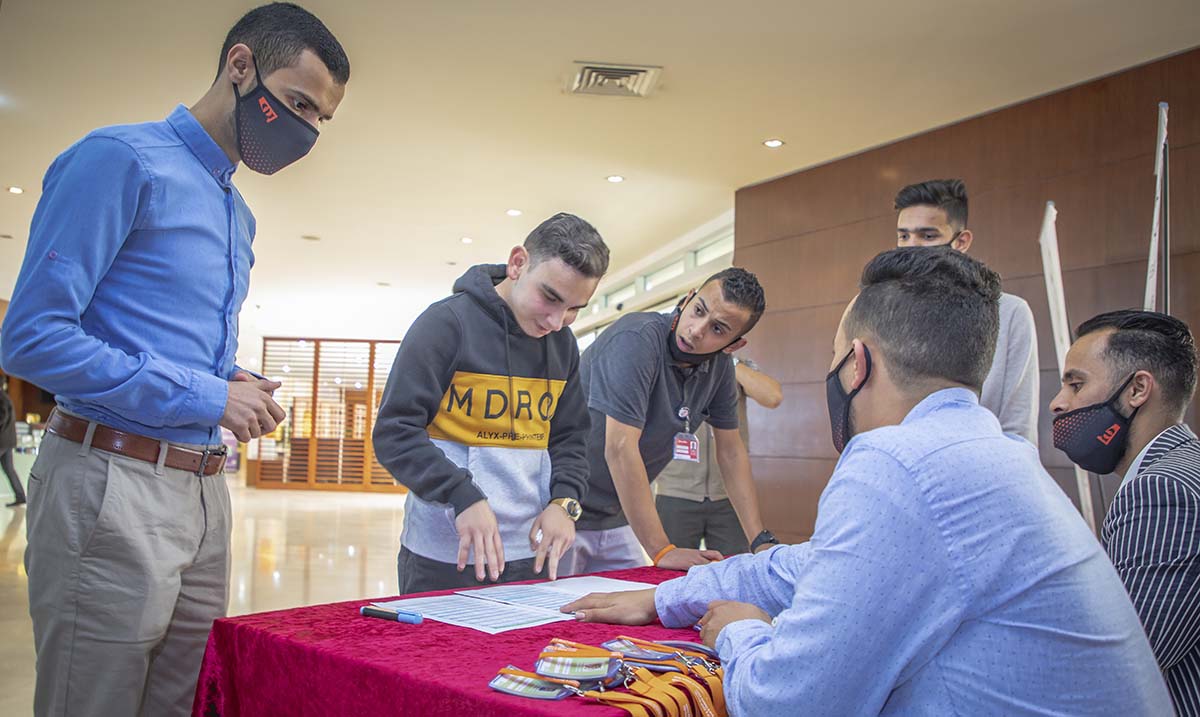
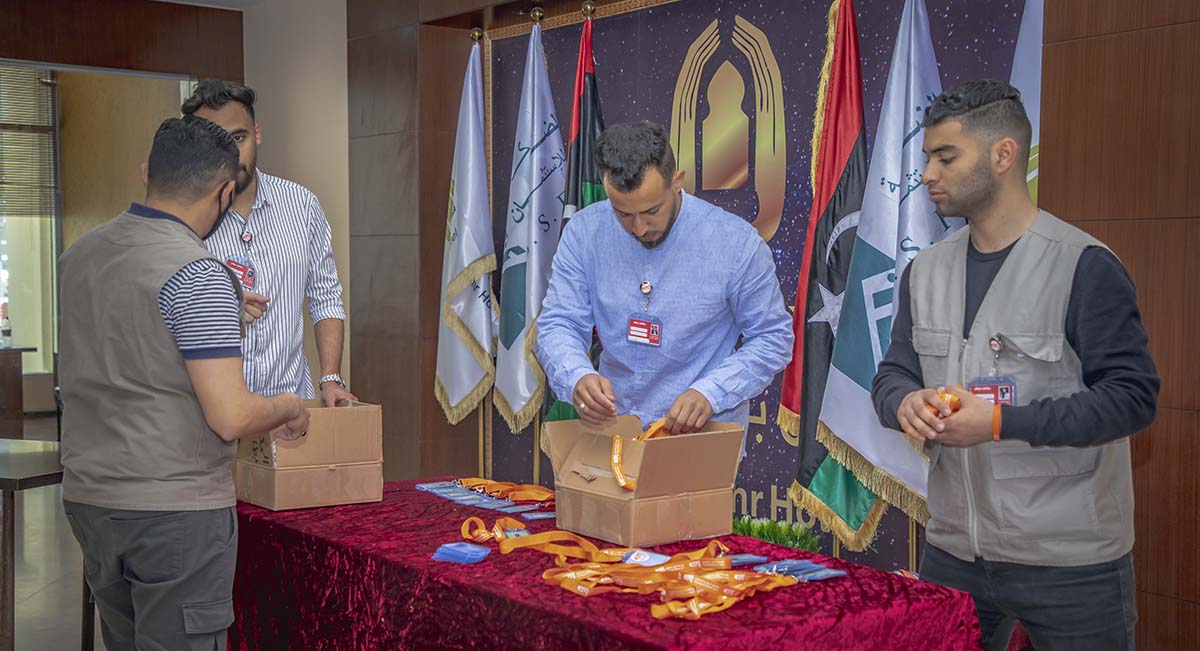
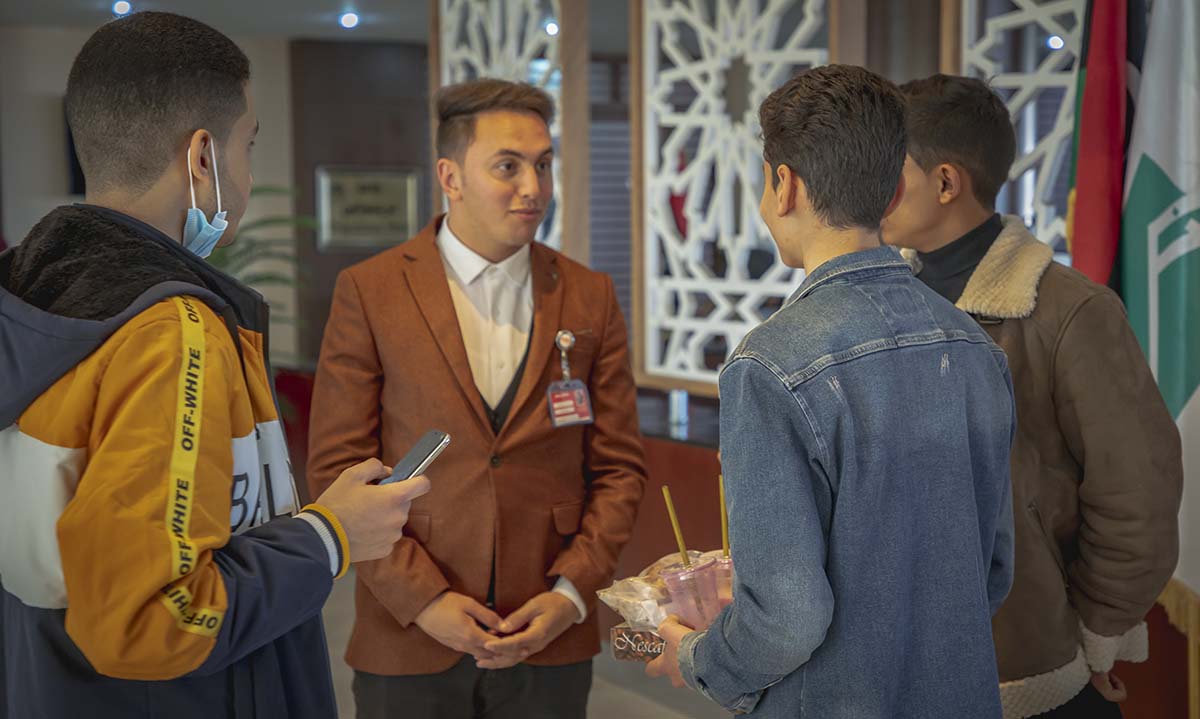
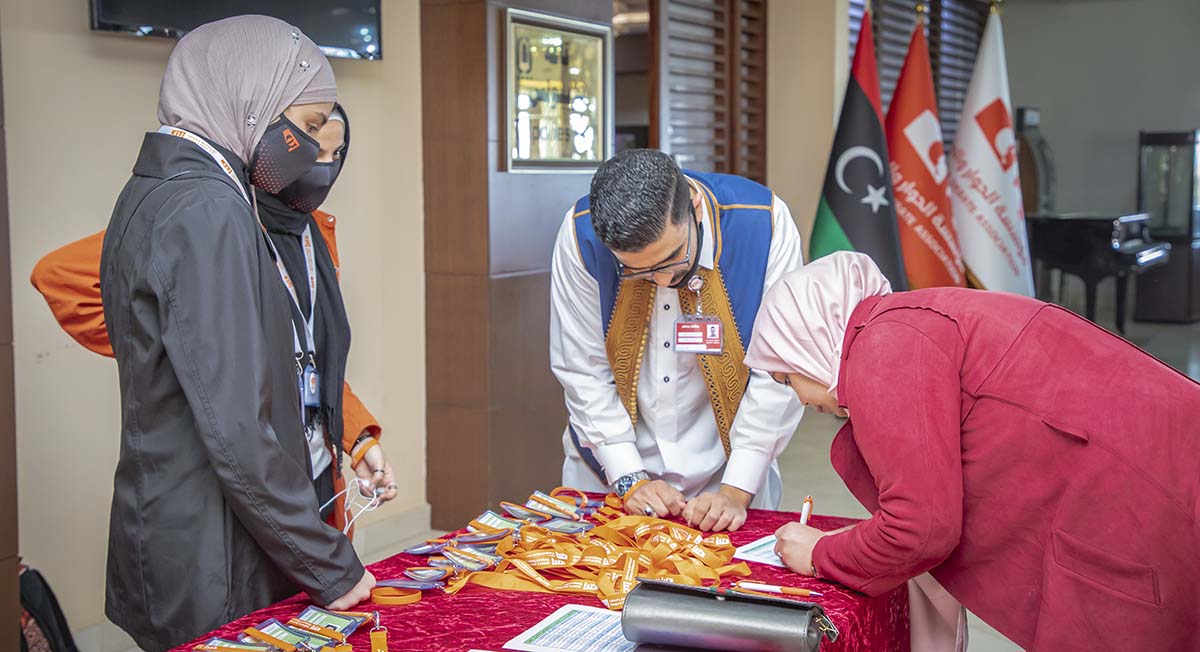
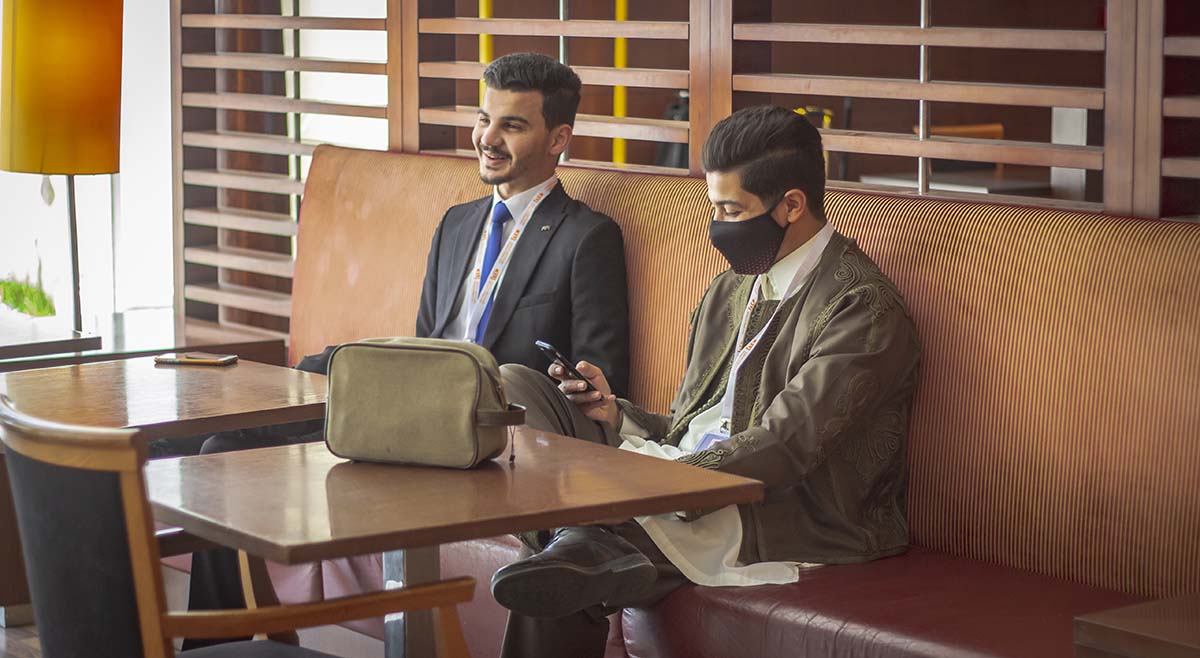
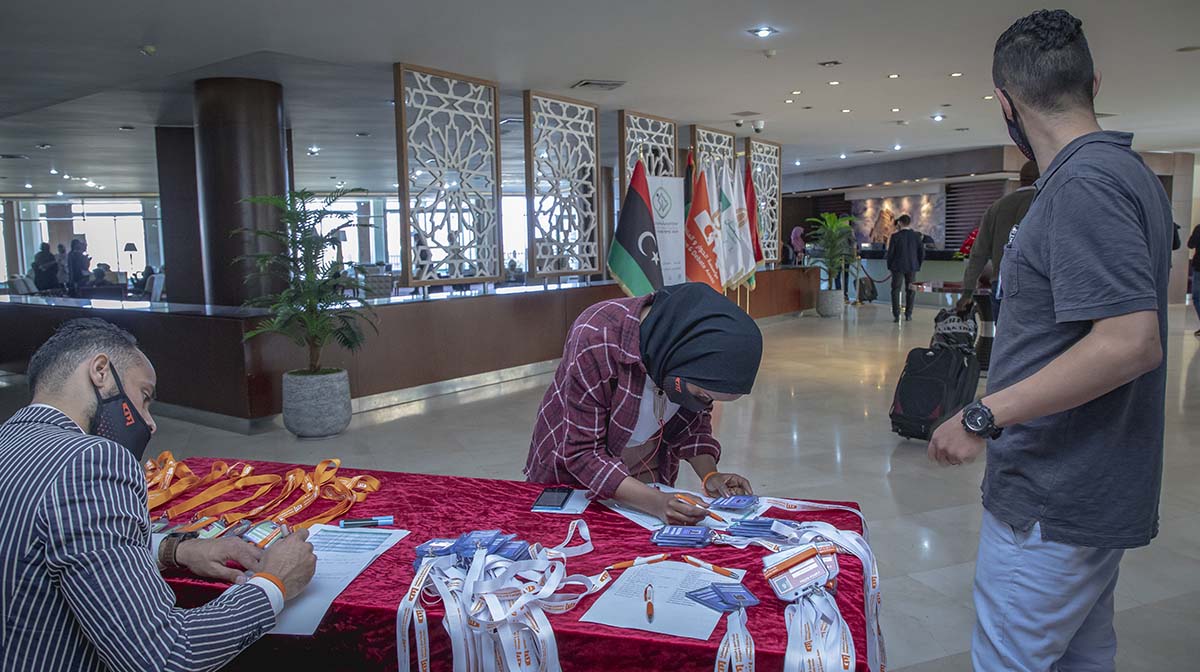
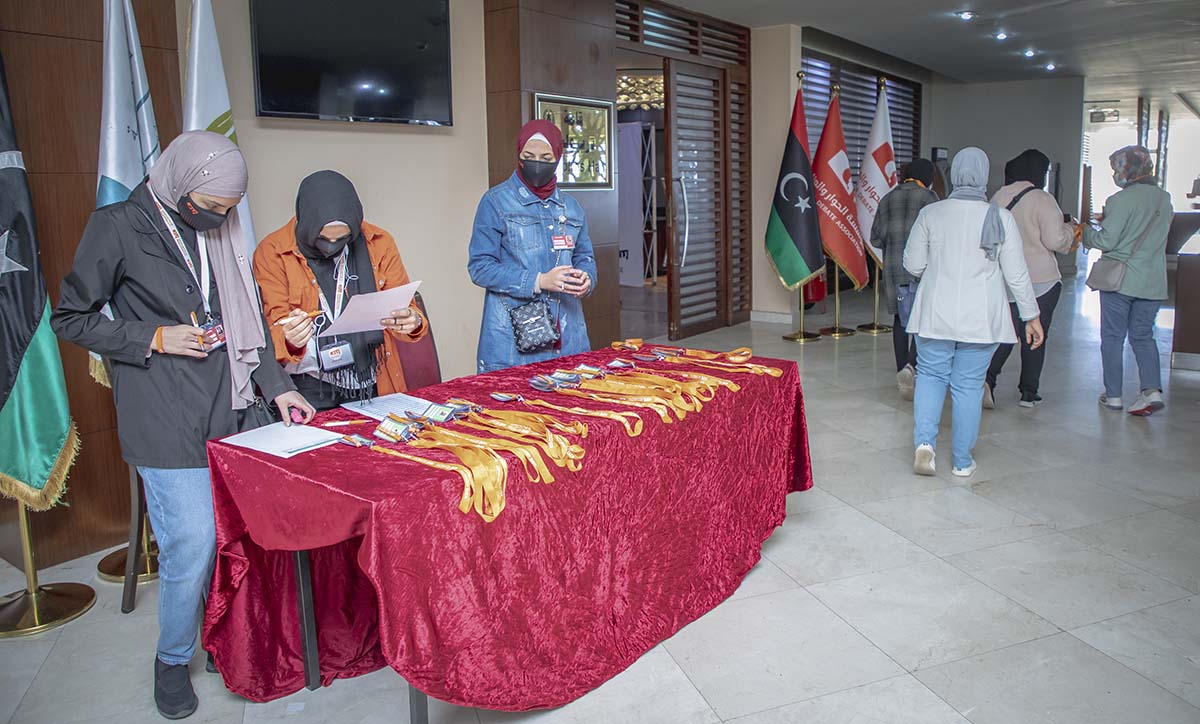
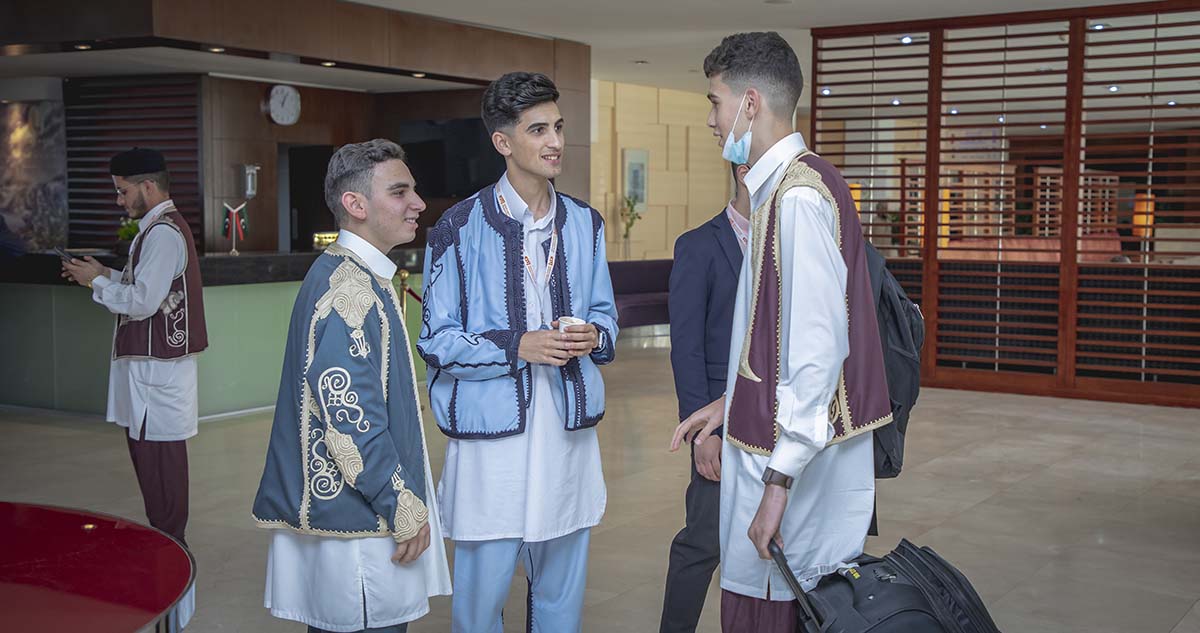
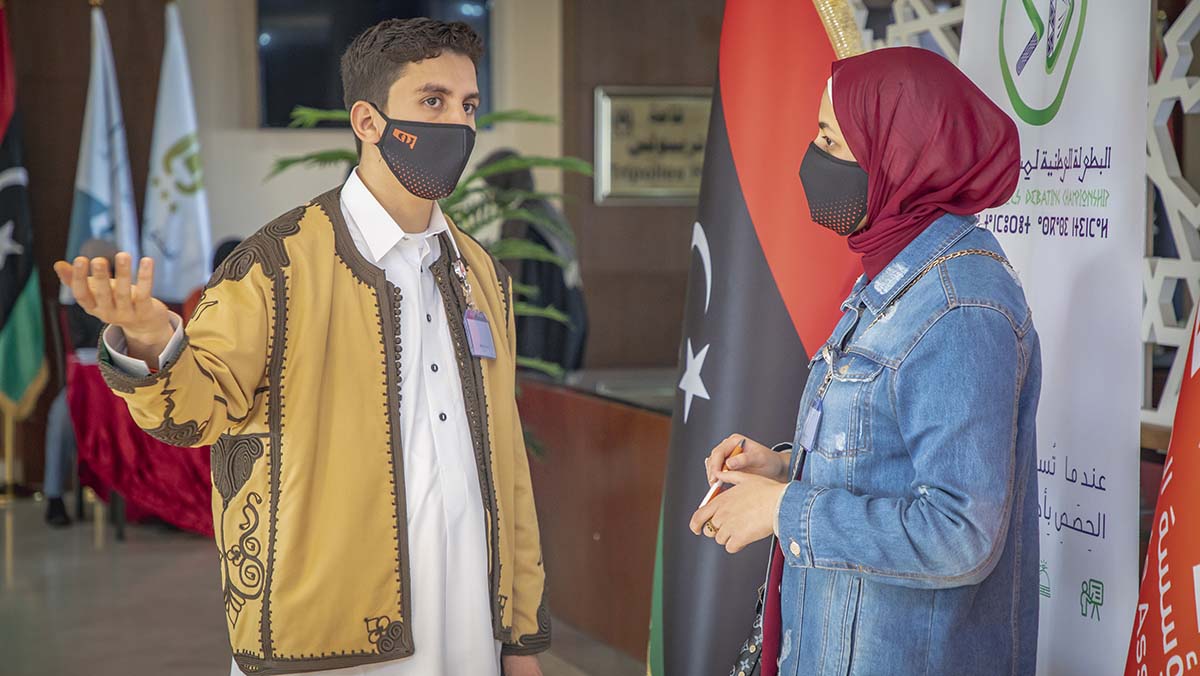
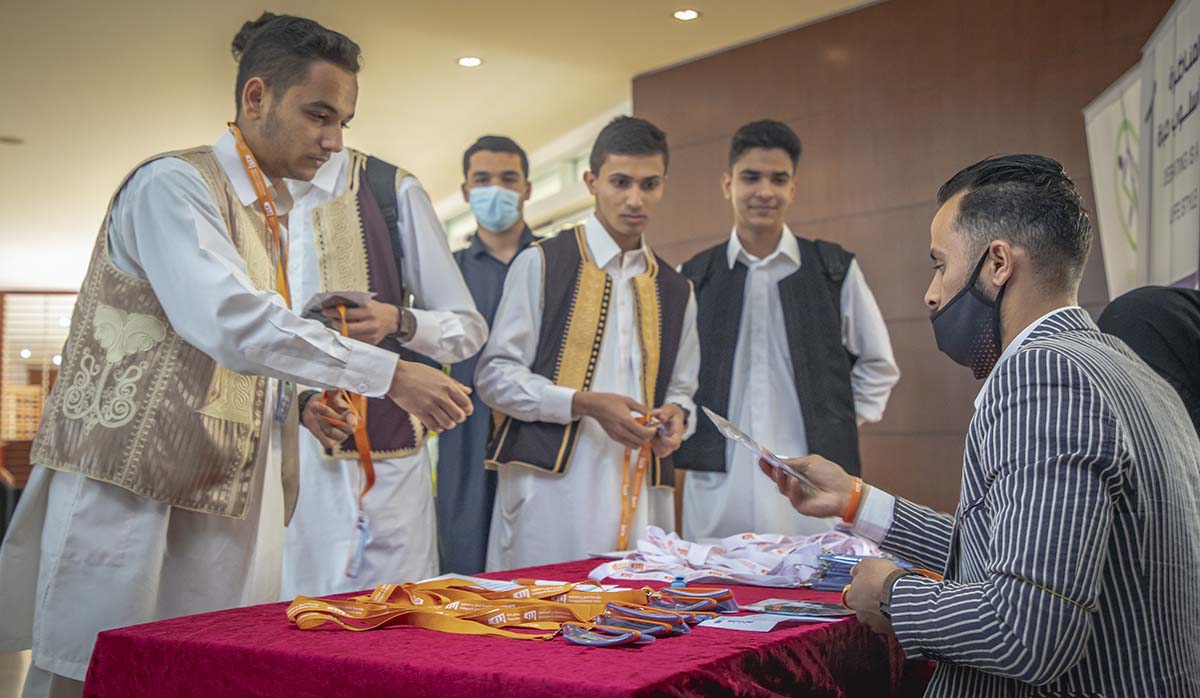
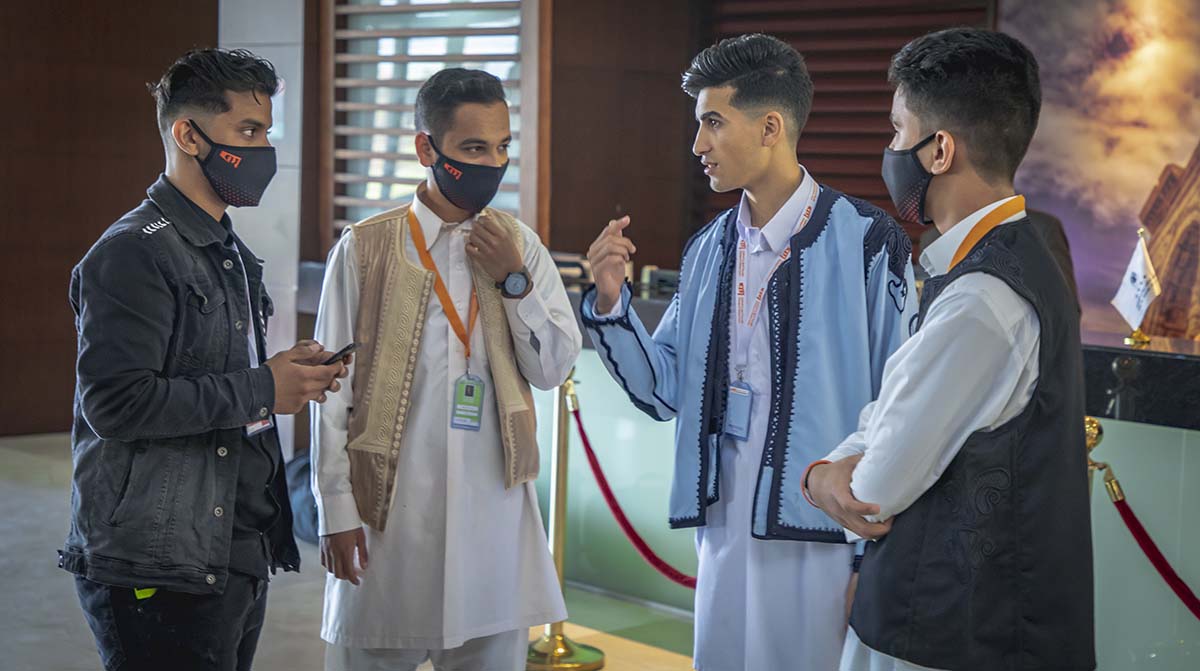
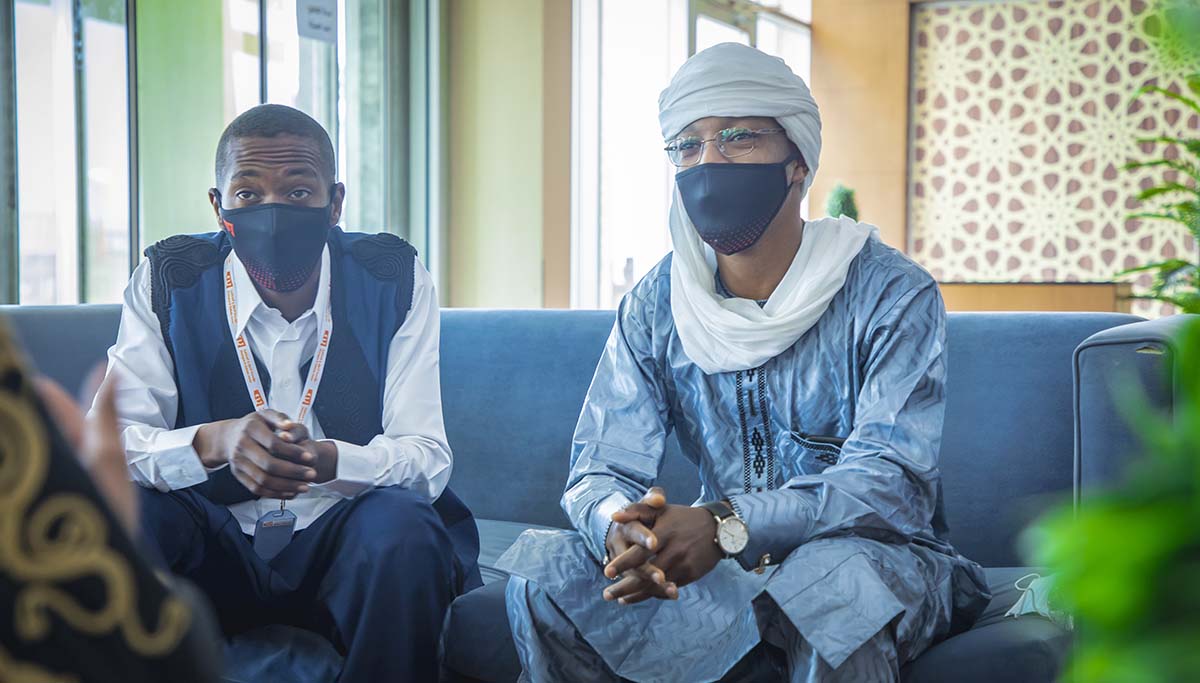
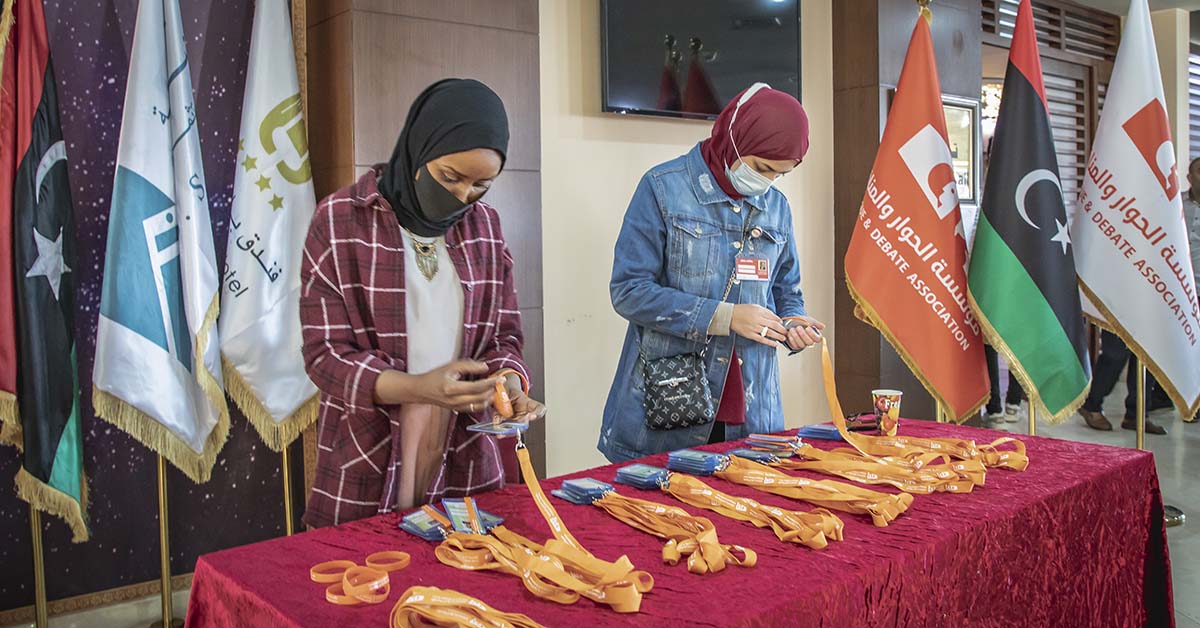
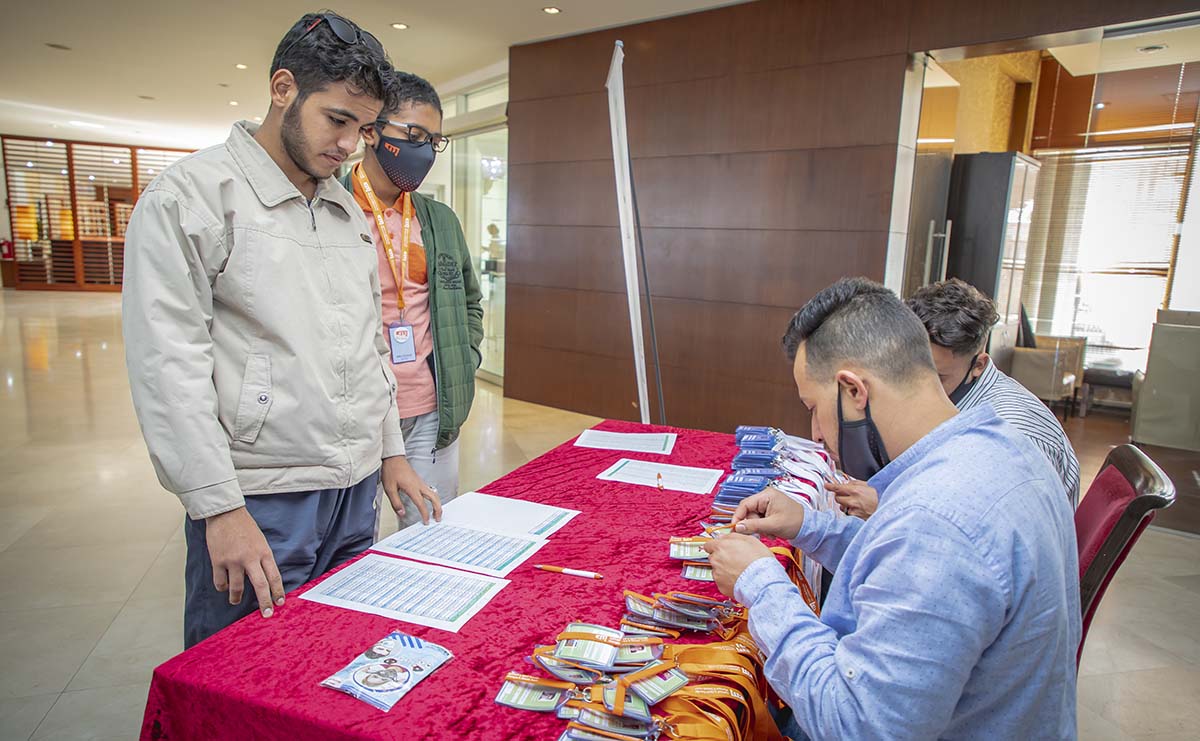
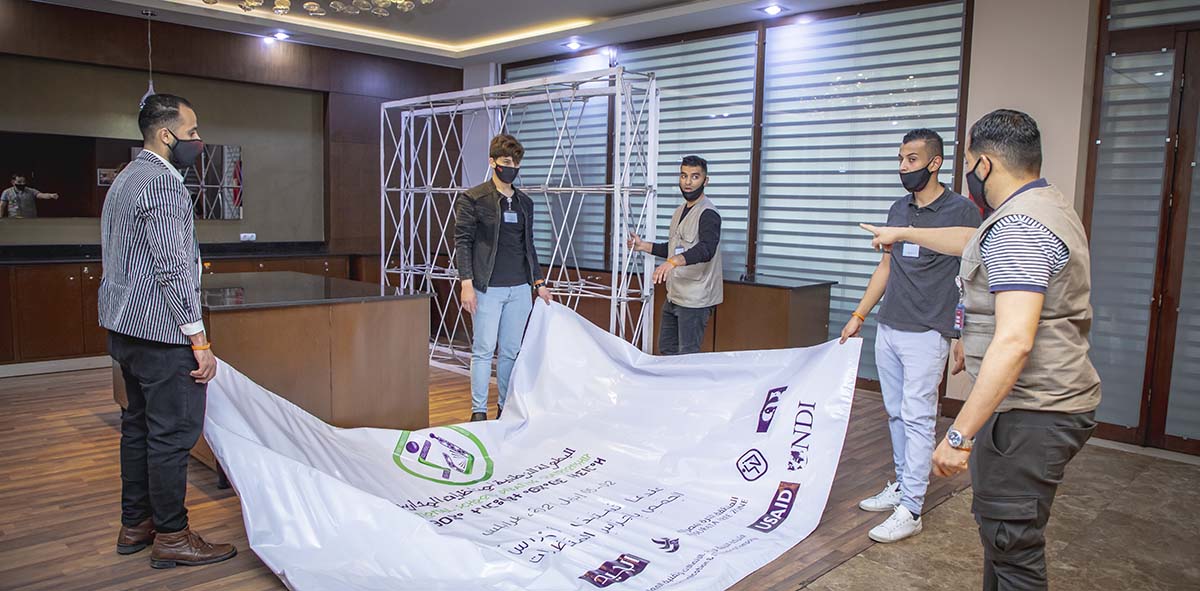
























Opening Ceremonies:
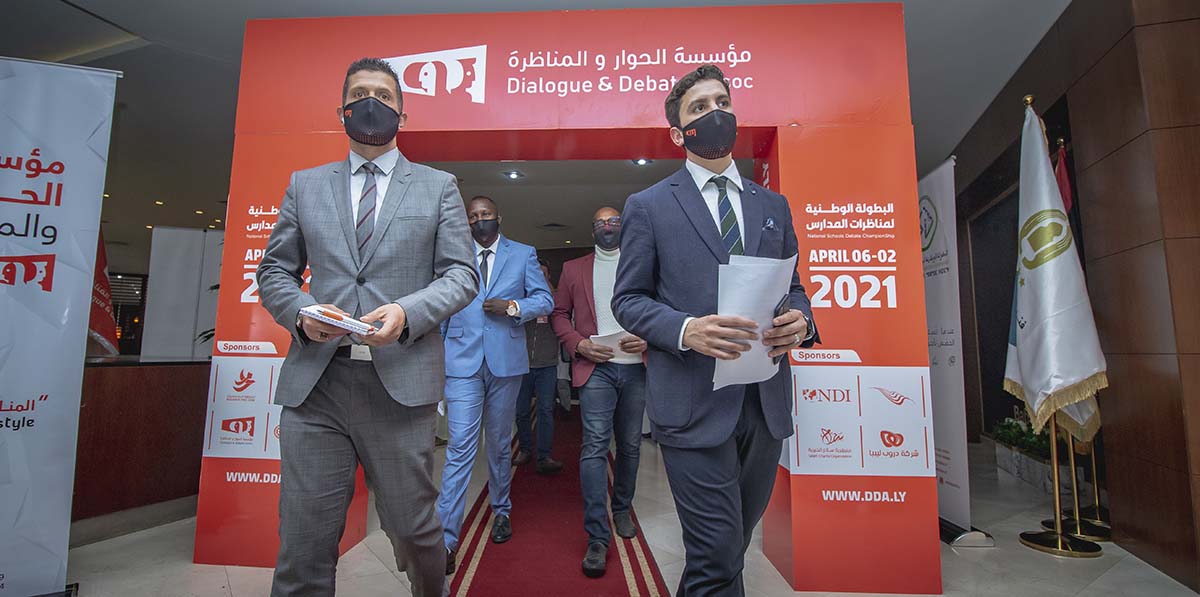
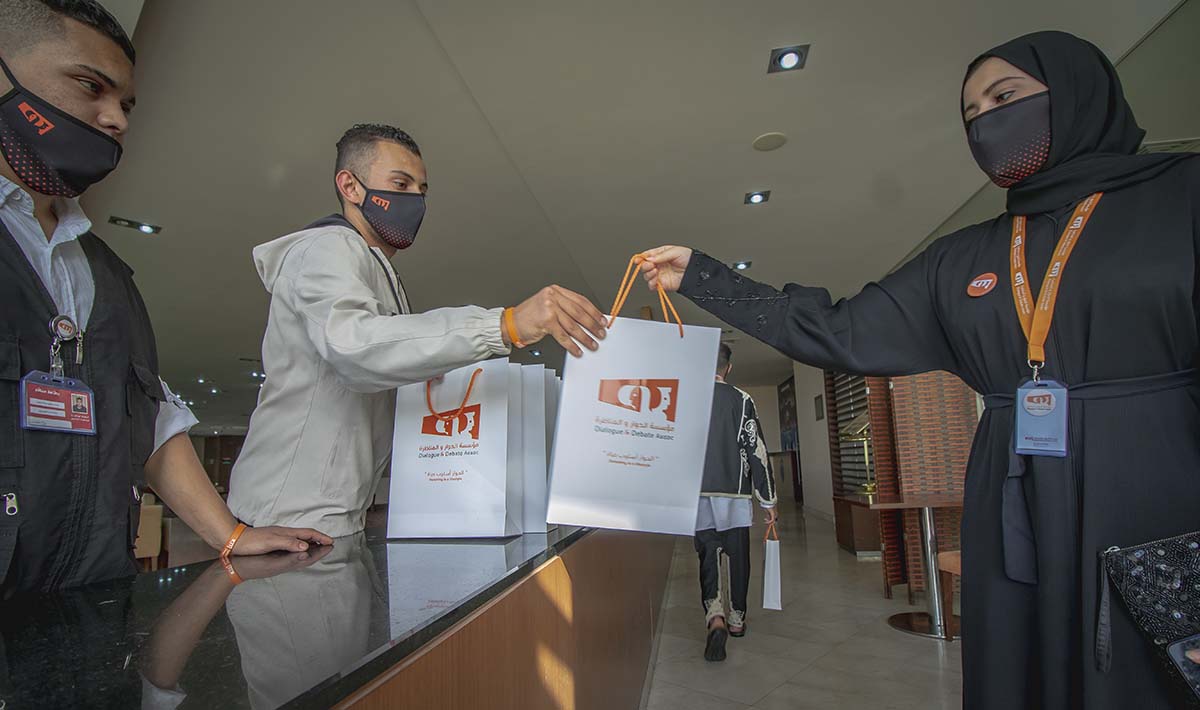
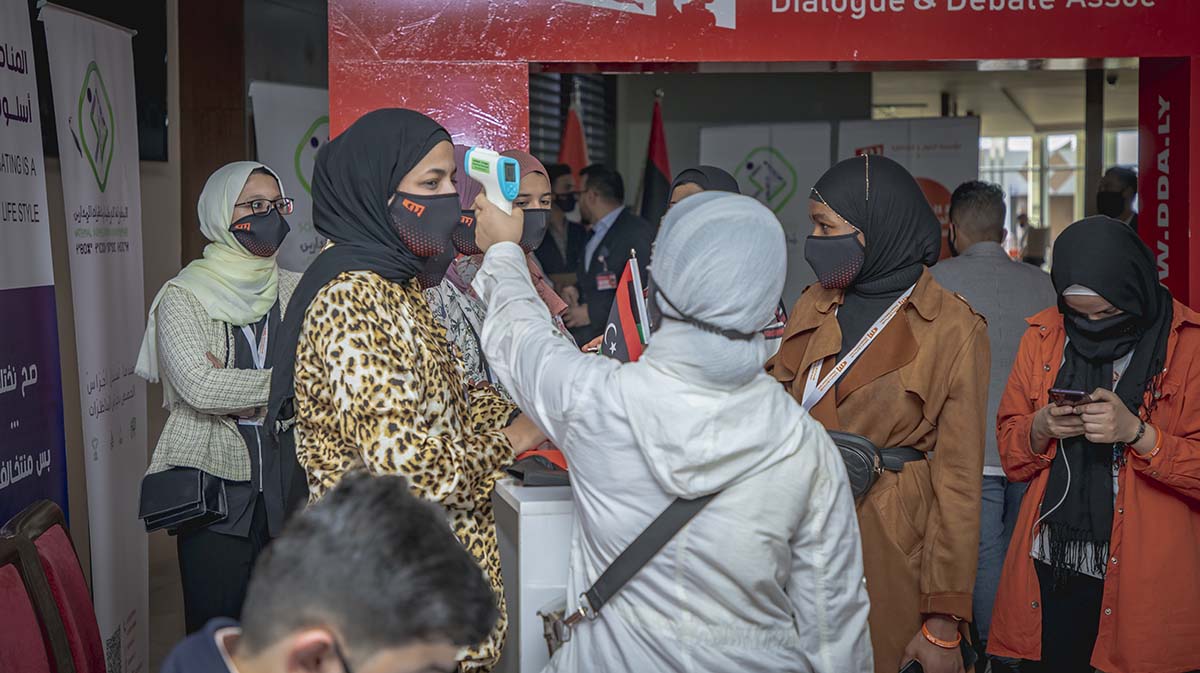
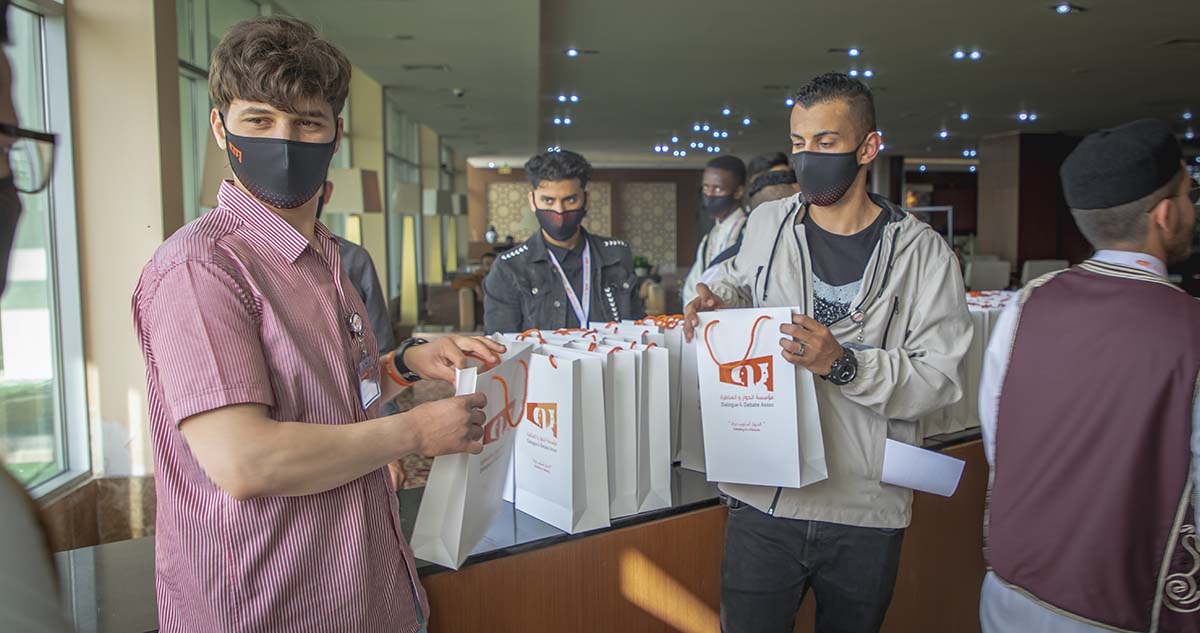
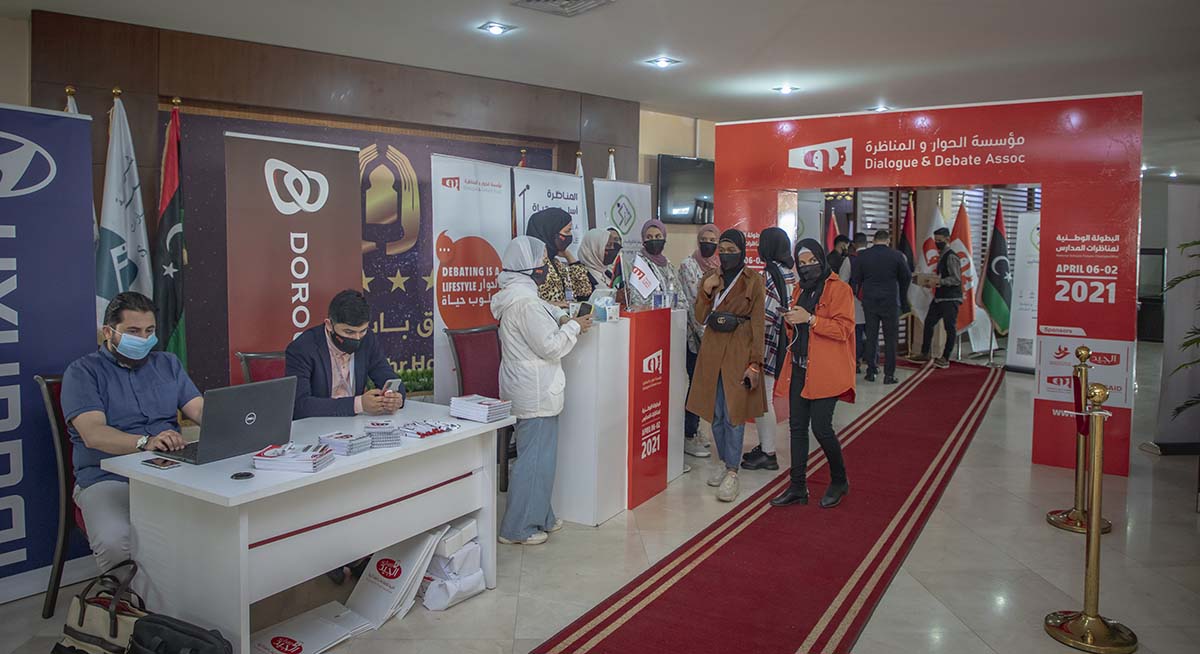
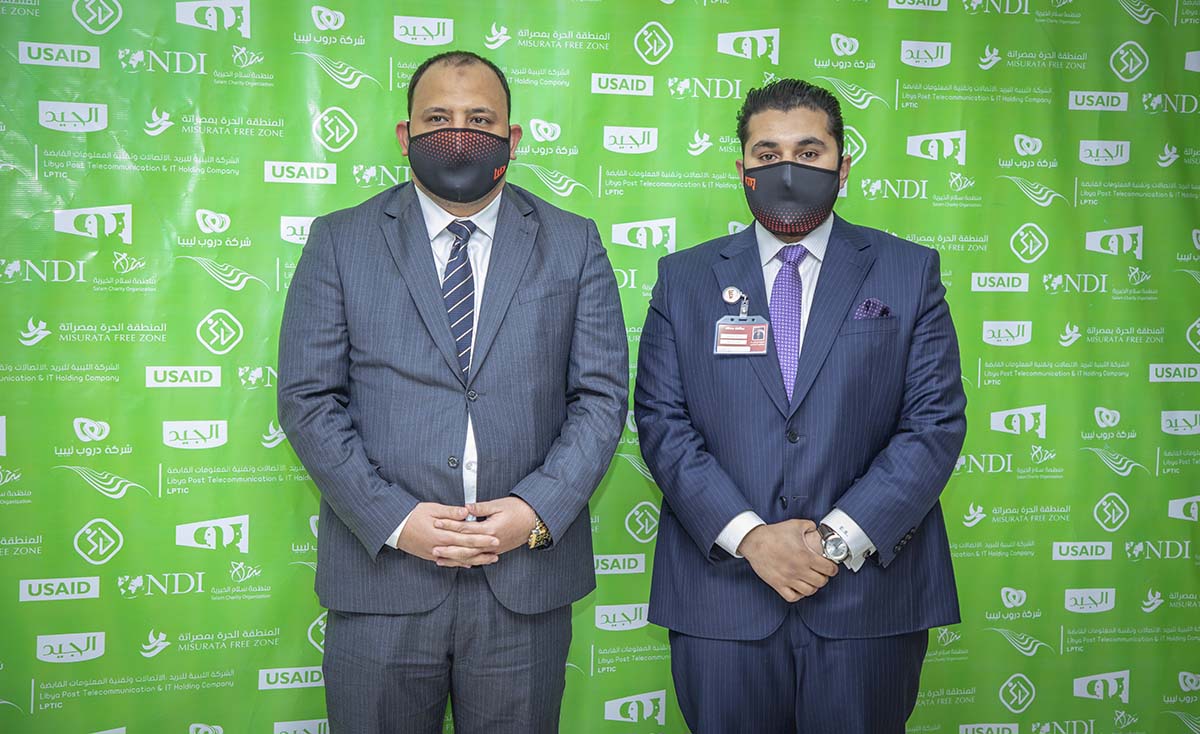
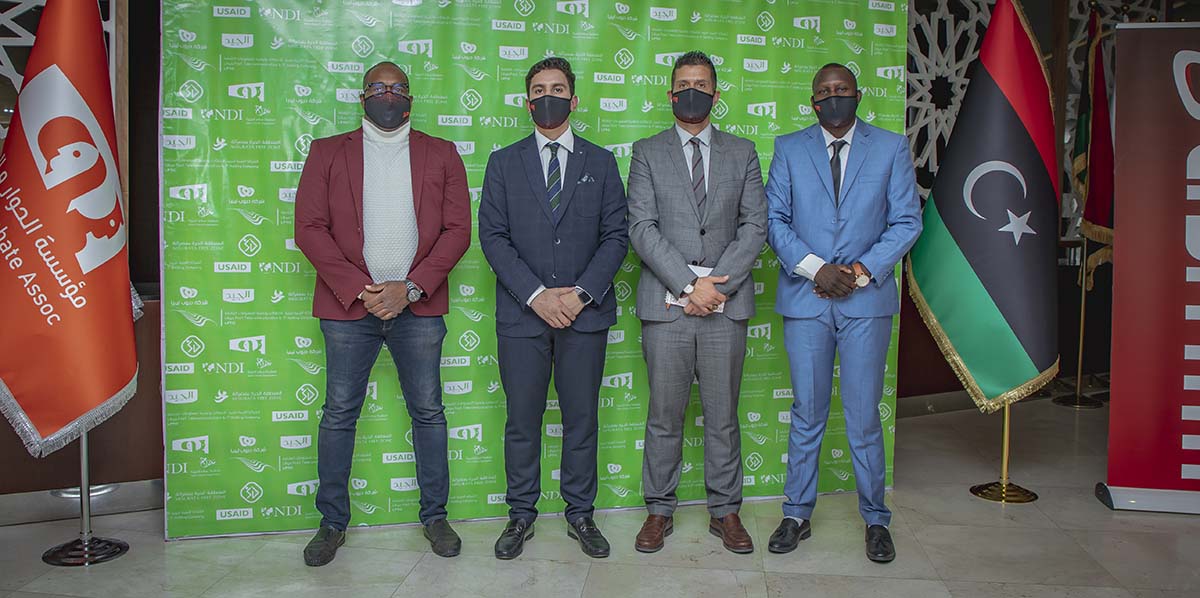
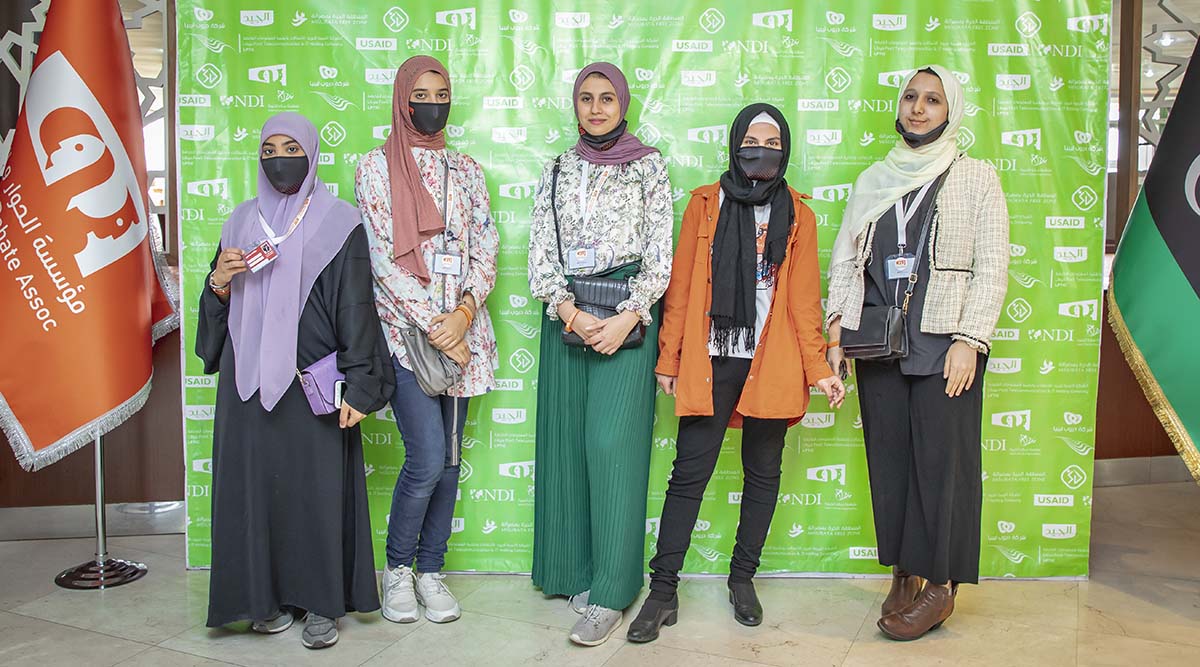
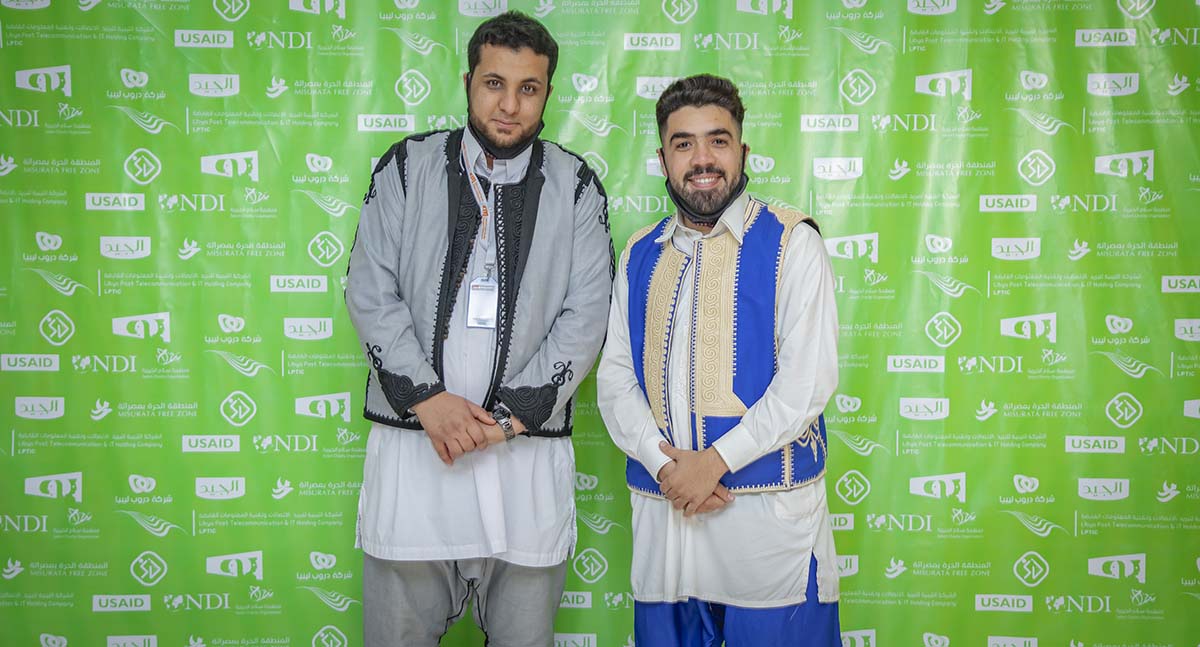









The opening ceremony was attended by all the participants of the championship, as well as several prominent figures. Among them were Mr. Fathi Al-Abdellatif Al-Zeni, the Minister of Youth in the Government of National Unity, Mr. Mohammed Al-Qablawi, the President of the General Union of Libyan Students, representatives from Droob Libya Company and Al-Jeed Company, Mr. Abdul Karim Abushofa, and Ms. Nadera Aoun, the Youth Programs Officer at the National Democratic Institute, in addition to other public figures.
Afterward, a visual presentation was displayed showcasing a photo report on the School Debating Project. The report summarized the most important activities that took place within the project and the cities that were targeted.
Mohammed Abu Snaina's speech, DDA's CEO and the head of the OC.
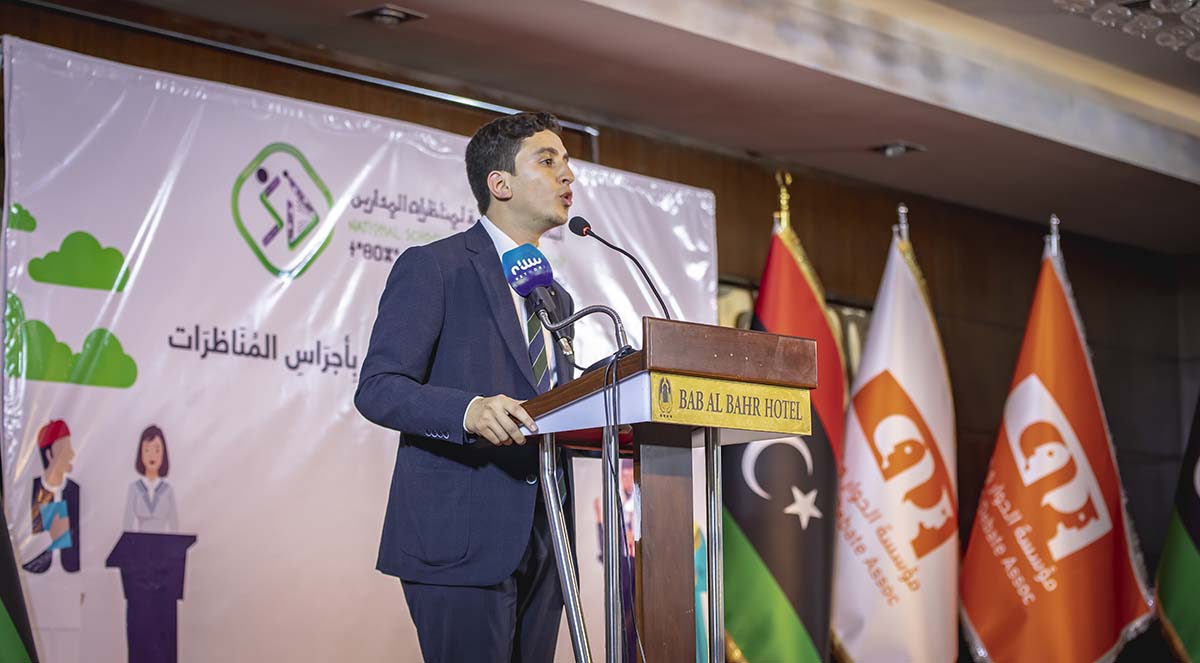
Speech by Mr. Fathi Al-Abdellatif Al-Zeni, Minister of Youth:
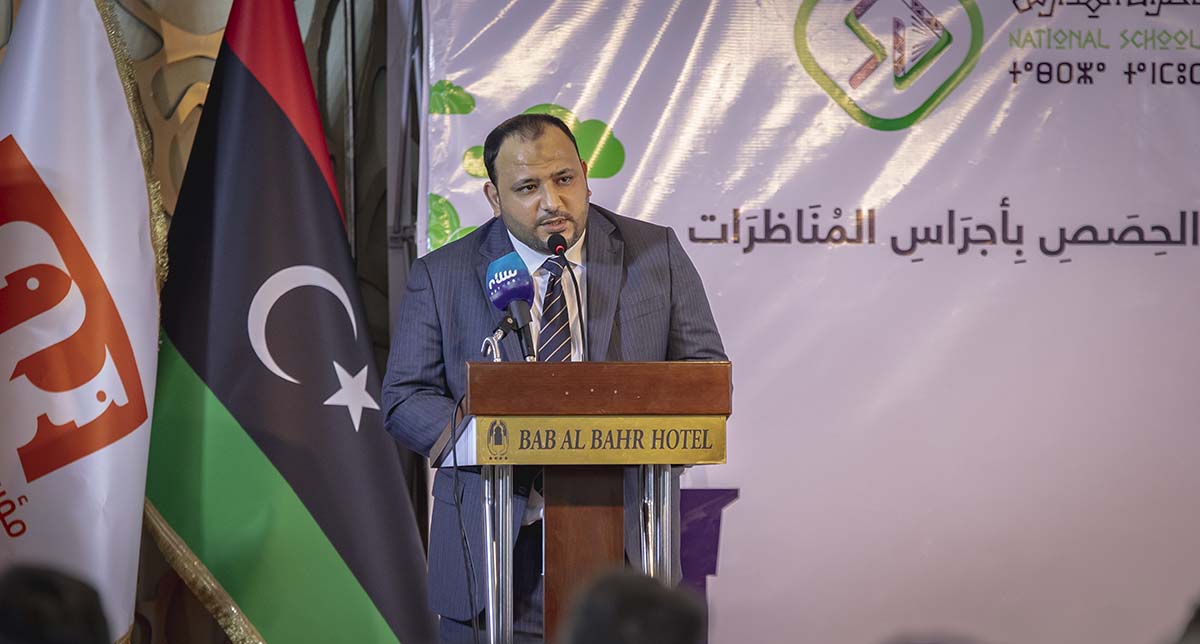
The opening ceremony was broadcasted live on Libyan television through the Salam TV channel
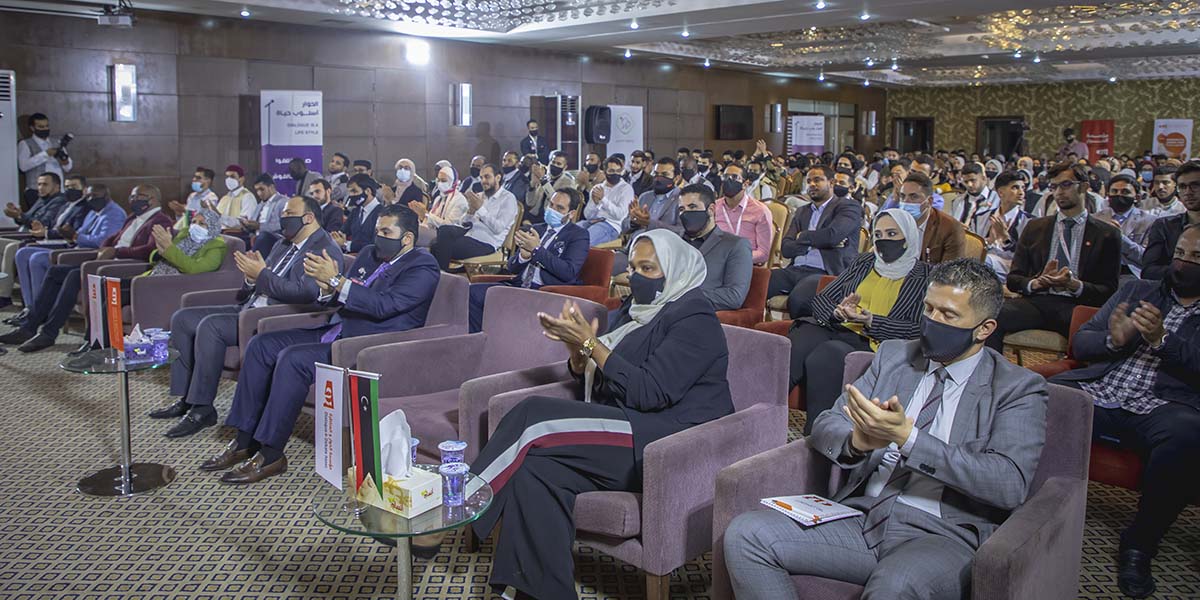
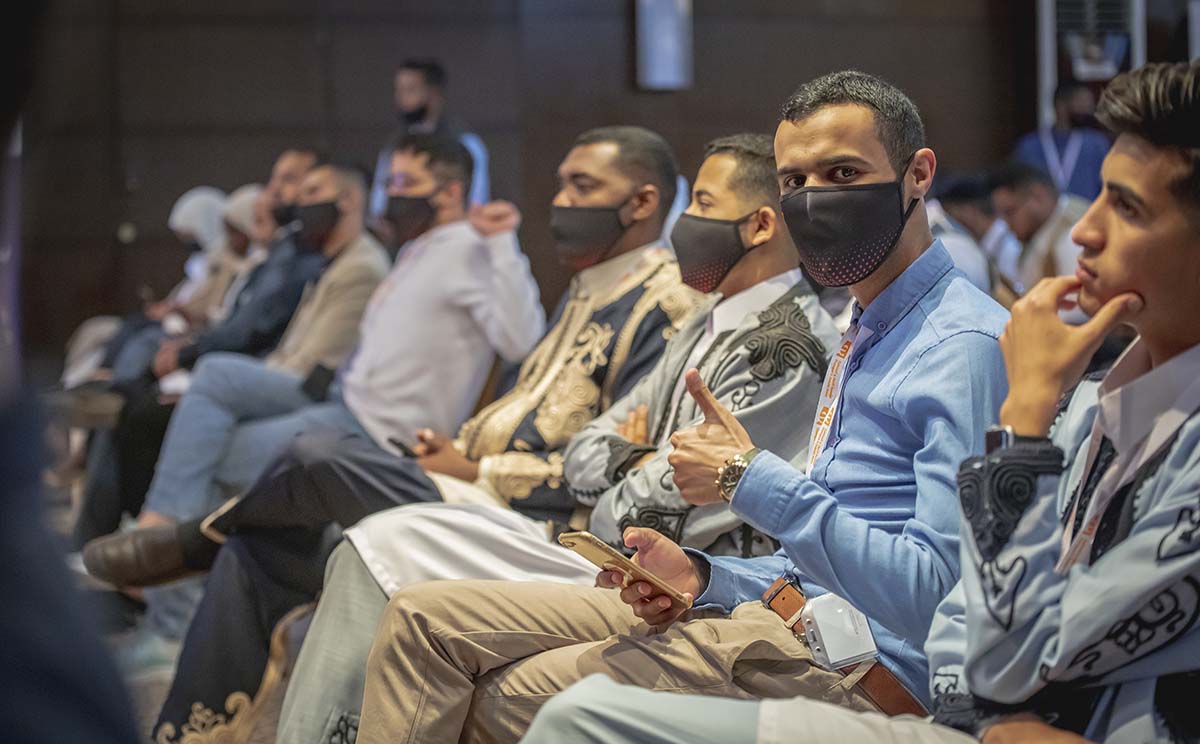
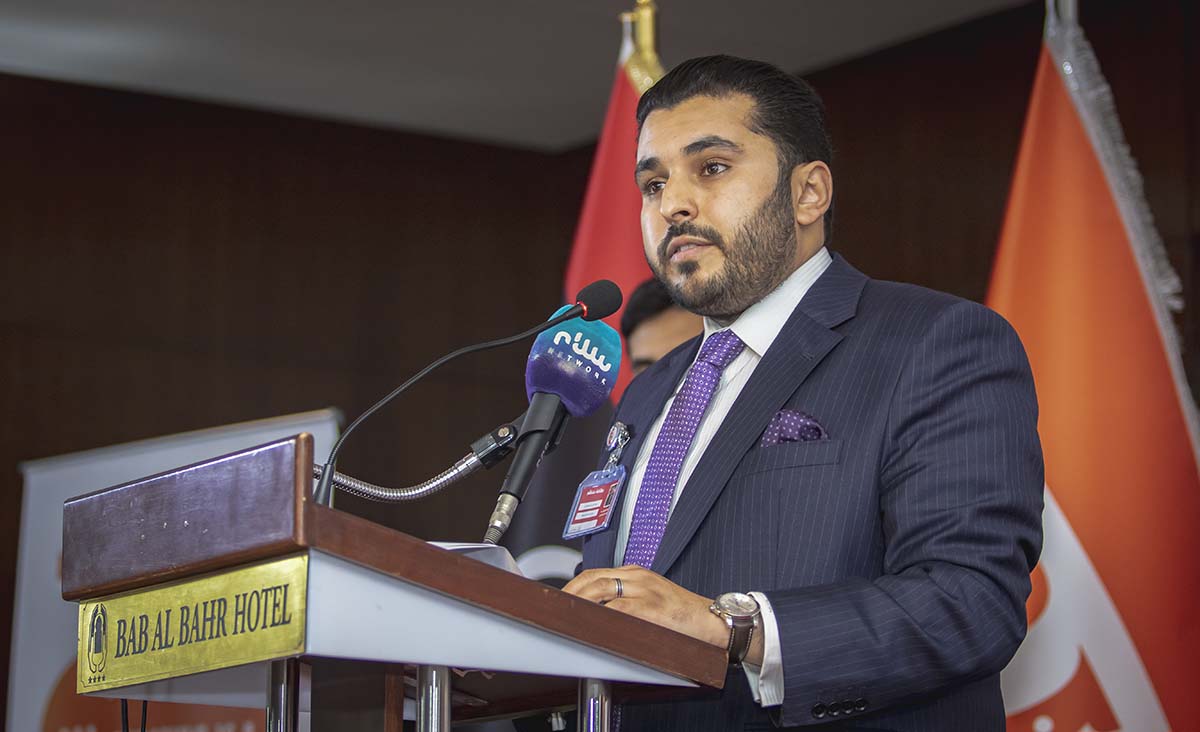
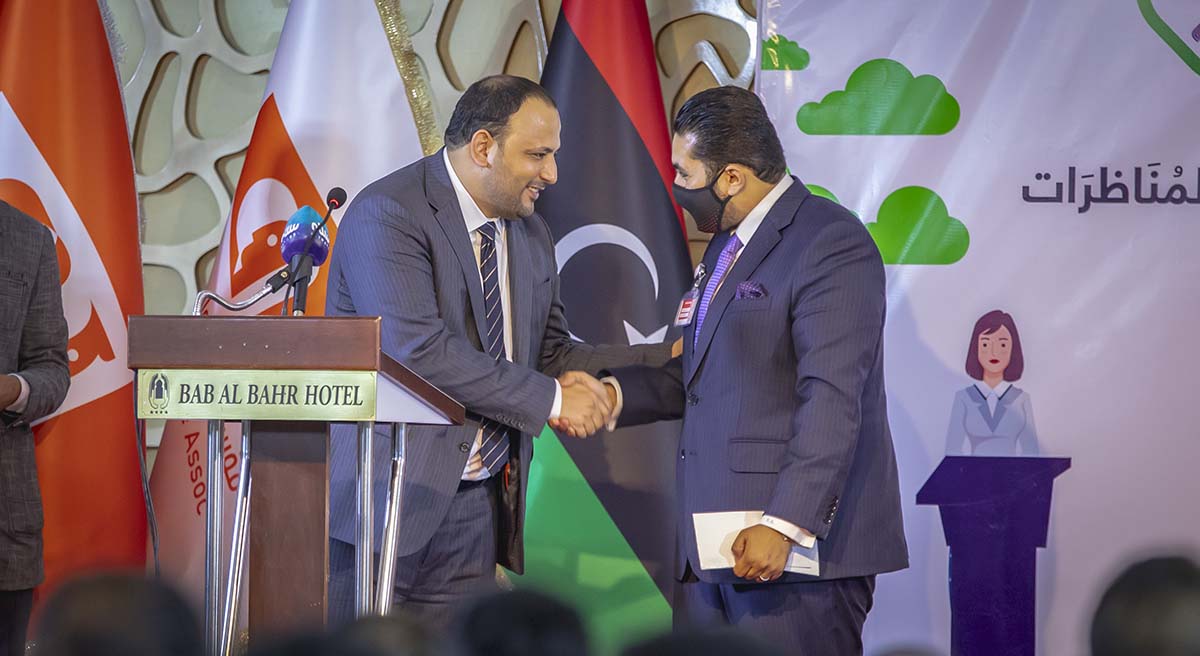
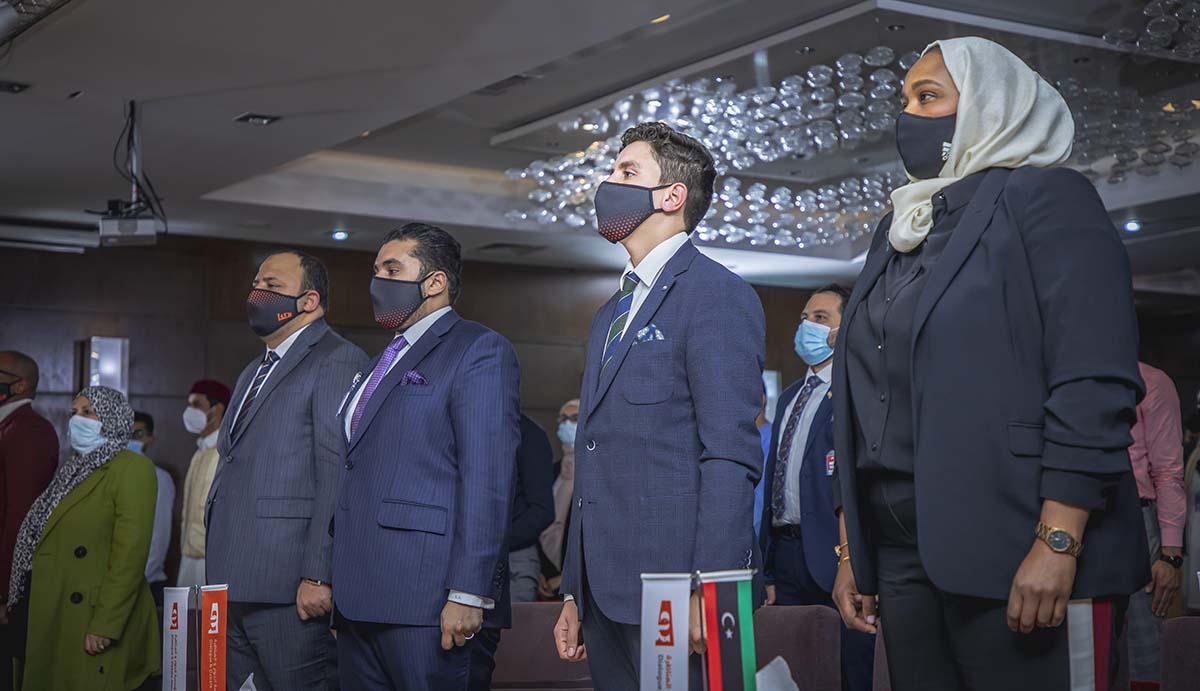
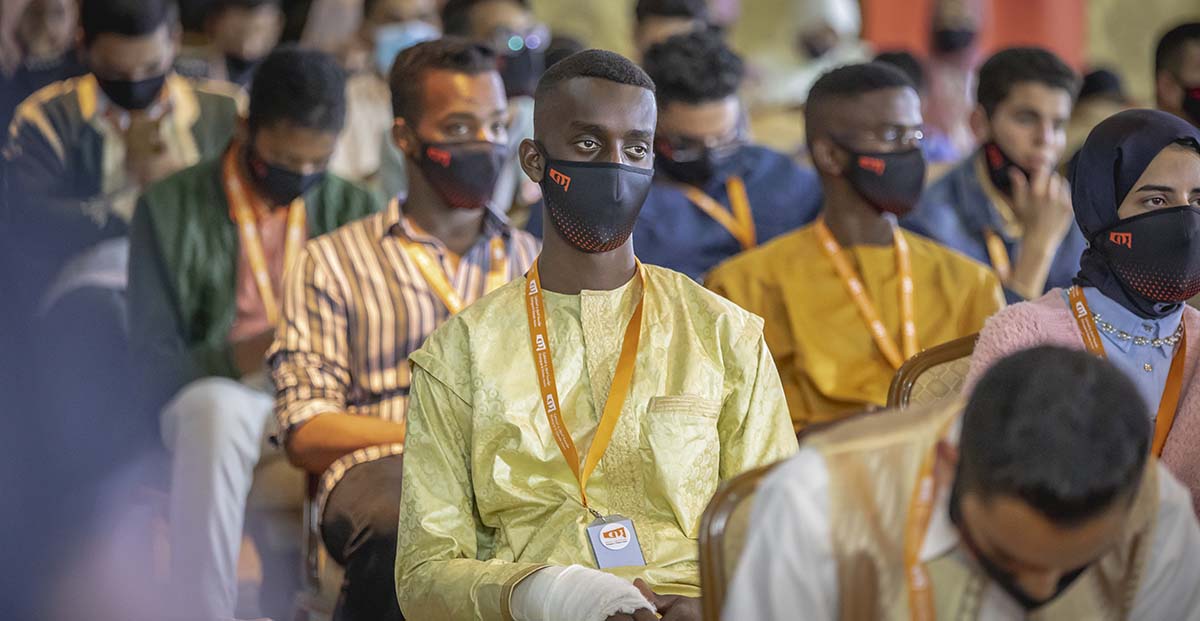
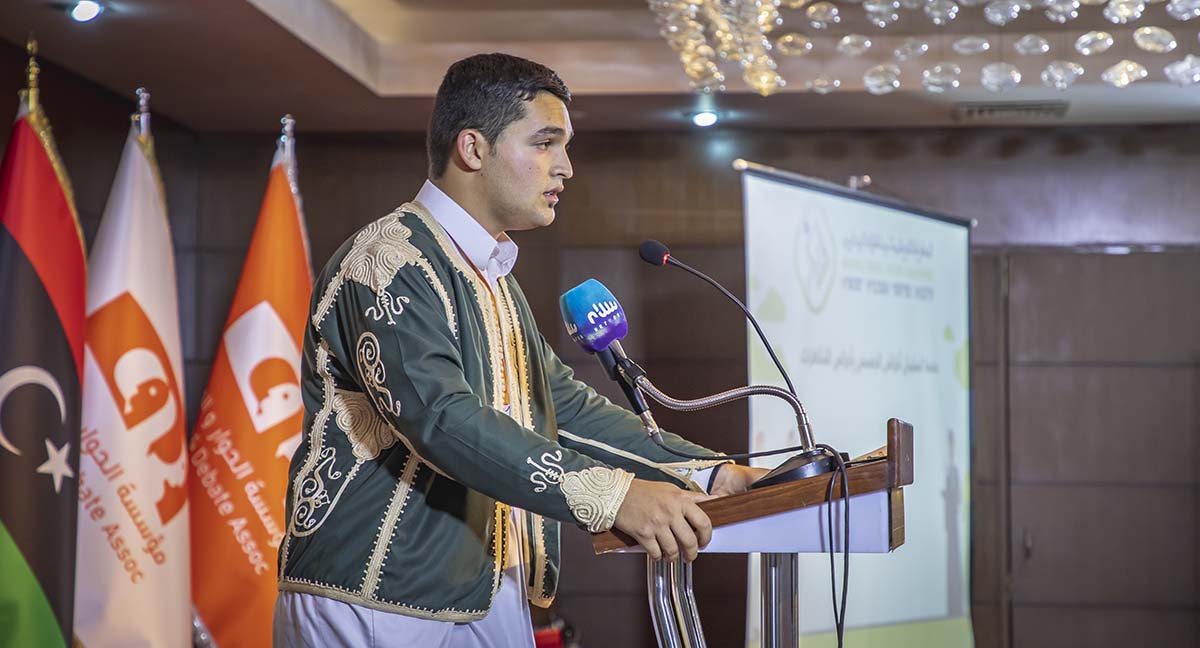
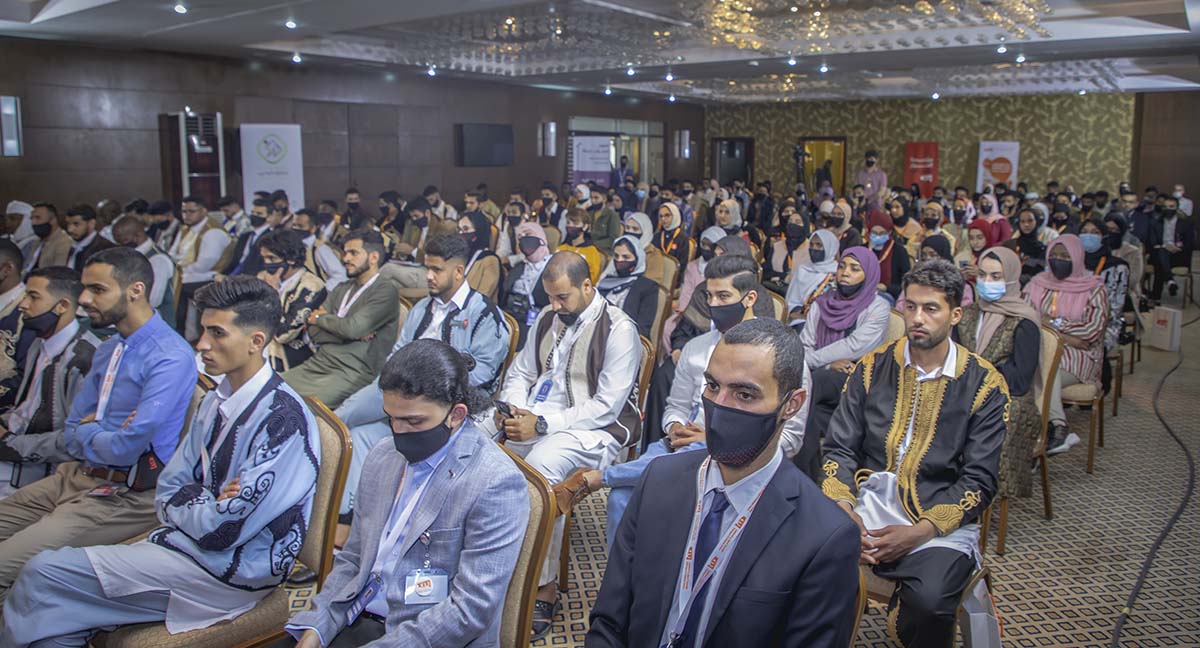
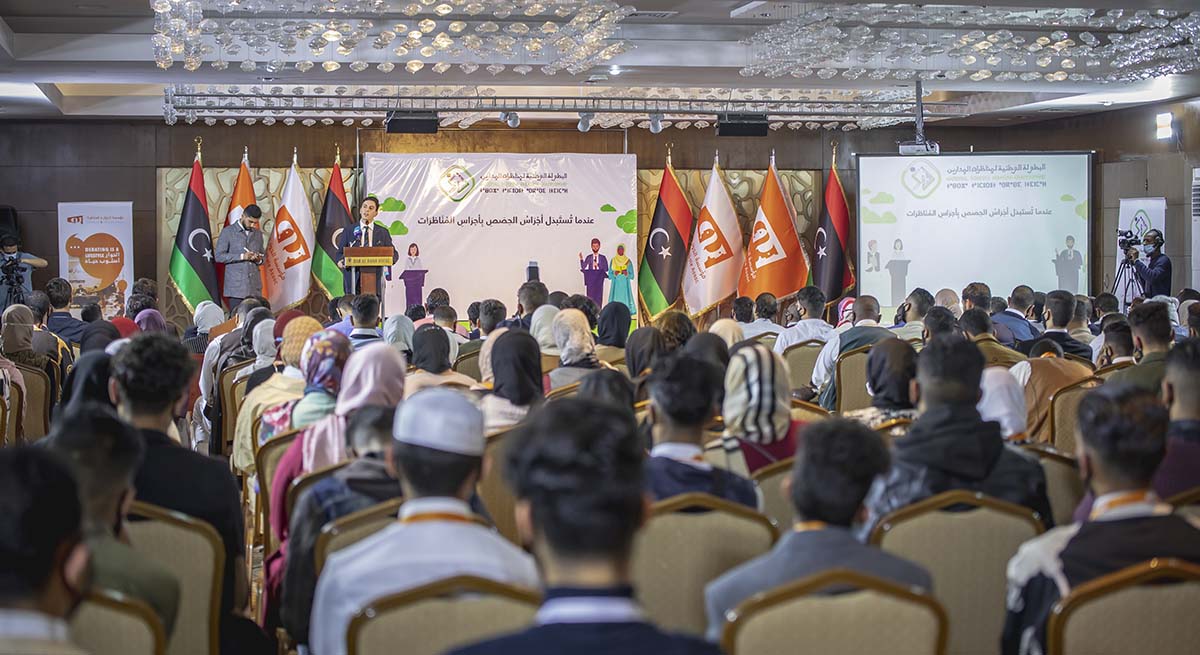
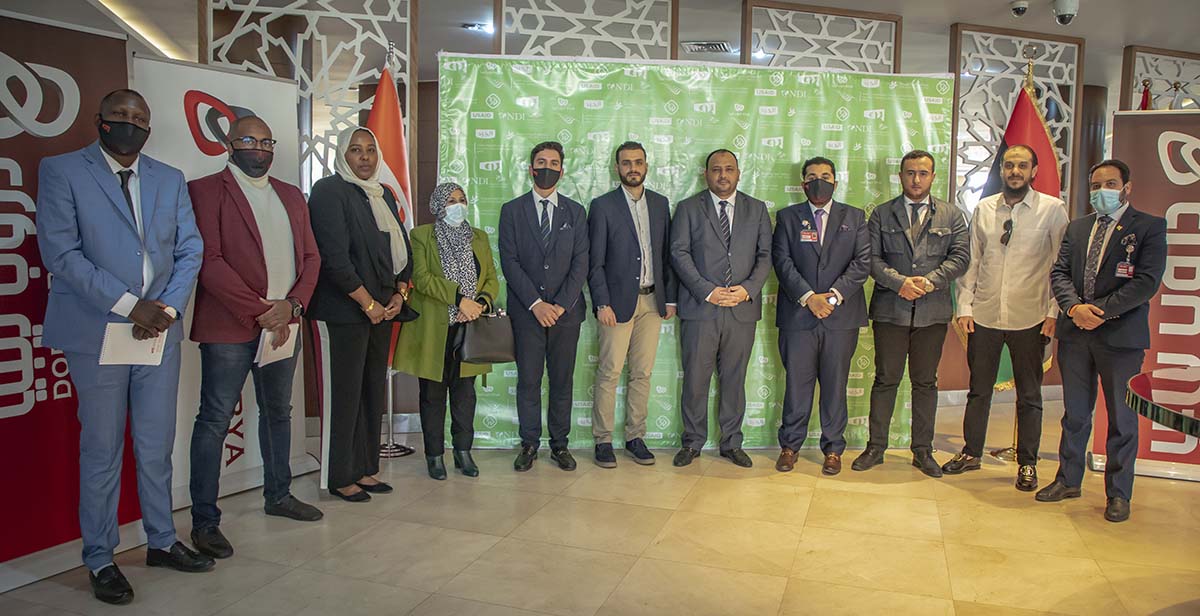










A collection of photos illustrating the atmosphere of the opening ceremony.
IT Solution
- Registration: This system starts from the foundations, where the registration process for teams, Adjudicators, and volunteers is done through the official portal of the tournament dda.ly.
- Adjudicators Management and Organization: This part is responsible for managing the Adjudicators present in each round. It divides them into balanced committees based on the classification of each Adjudicator.
- Tournament Rounds Formation and Management: The main function of this part is to form the rounds by distributing the teams based on the established criteria for each round. This distribution relies on the recorded results of each team in the previous tournament rounds. Additionally, it determines the debate hall and its respective judging committee, as mentioned earlier.
- Results Management System: This system is divided into two important parts: the results input interface, which is a special interface for the heads of judging committees. They can monitor and enter the debate results by filling in the speakers’ scores, and provide a justification for the win/loss from the perspective of the judging committee. The second part is the result calculation, where the system automatically calculates the result of each debate, determines the best speakers and the winning team, and identifies the teams qualified for the upcoming rounds based on the recorded results history of each team.
- Adjudicators Evaluation System: This system is divided into two main parts. First, there is the Adjudicators’ evaluation interface, where members of each judging committee assess each other’s performance according to specific criteria. Based on these evaluations, the system, in the second part, adjusts the evaluation score of each Adjudicator in the system. This score affects their eligibility to lead a judging committee and their selection as a member of the judging committee in the advanced elimination rounds.
- Round Details Announcement Interface: This is an open interface for the public, allowing debaters and Adjudicators to access the division of teams and halls for each round. It also provides the text of the case for each round and the position of each team, whether in favor or opposition.
















A group of photos illustrating the technical solution of the tournament.
Qualifying rounds:
The first round started at 7:30 PM on Friday, April 2nd (the first day of the championship). The debaters gathered in the “Tripolis” hall at the hotel. Prior to the start of the round, the technical regulations of the championship were announced by the Chairman of the Preparatory Committee and the Project Manager of the Schools Debating, Mr. Mohamed Abusinina. Then, Mr. Mohamed Al-Ansari, the Chairman of the Senior Adjudicators Committee from Sabha city, took charge of the session. He provided the debaters with some instructions, announced the start of the session, and introduced the debate motion.
The fifth and final round of the qualifying rounds came at the beginning of the third day and dealt with the issue of preventing the import of goods that have a local counterpart.














































A collection of photos illustrating the atmosphere of the qualifying roundsز
Youth Dialogue Forum:
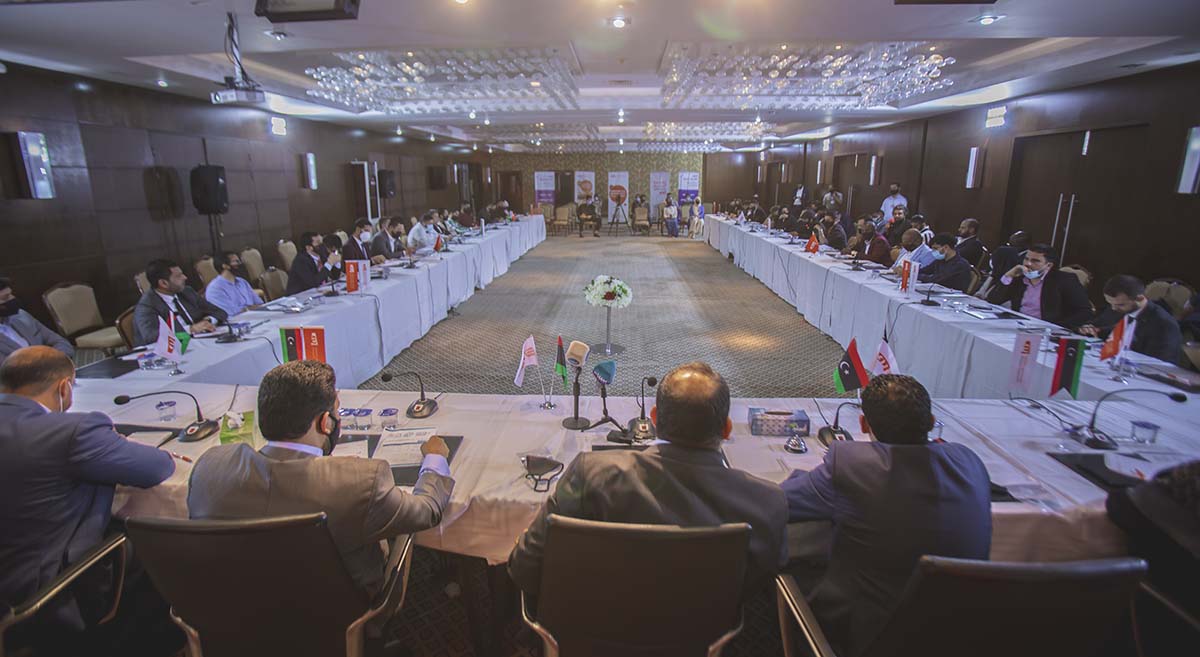
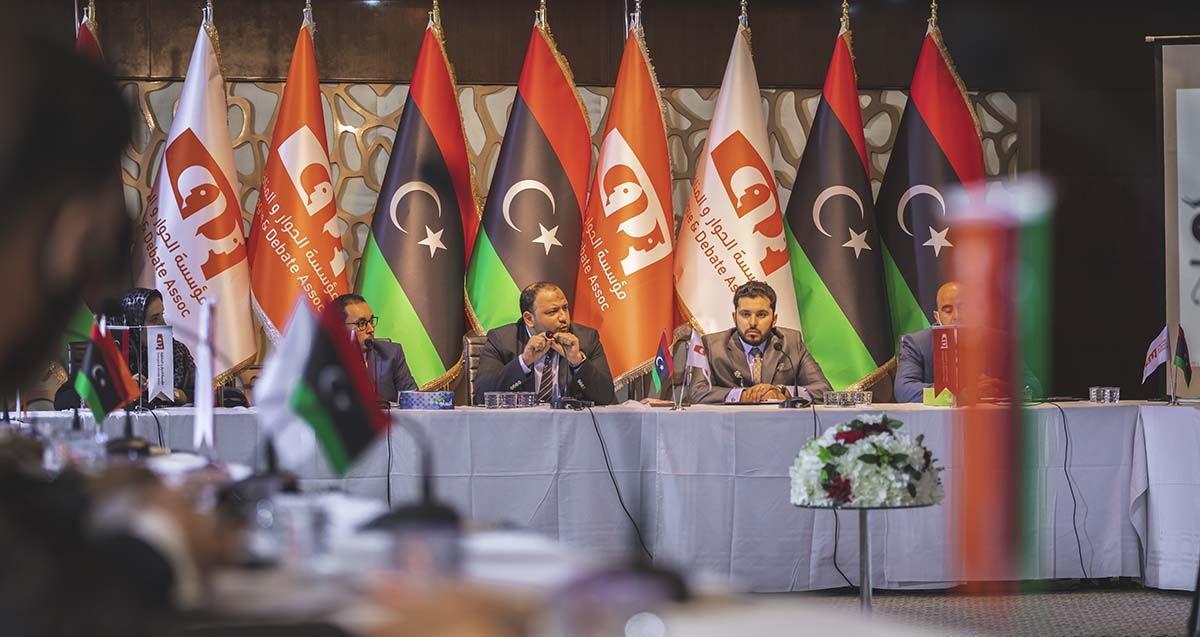
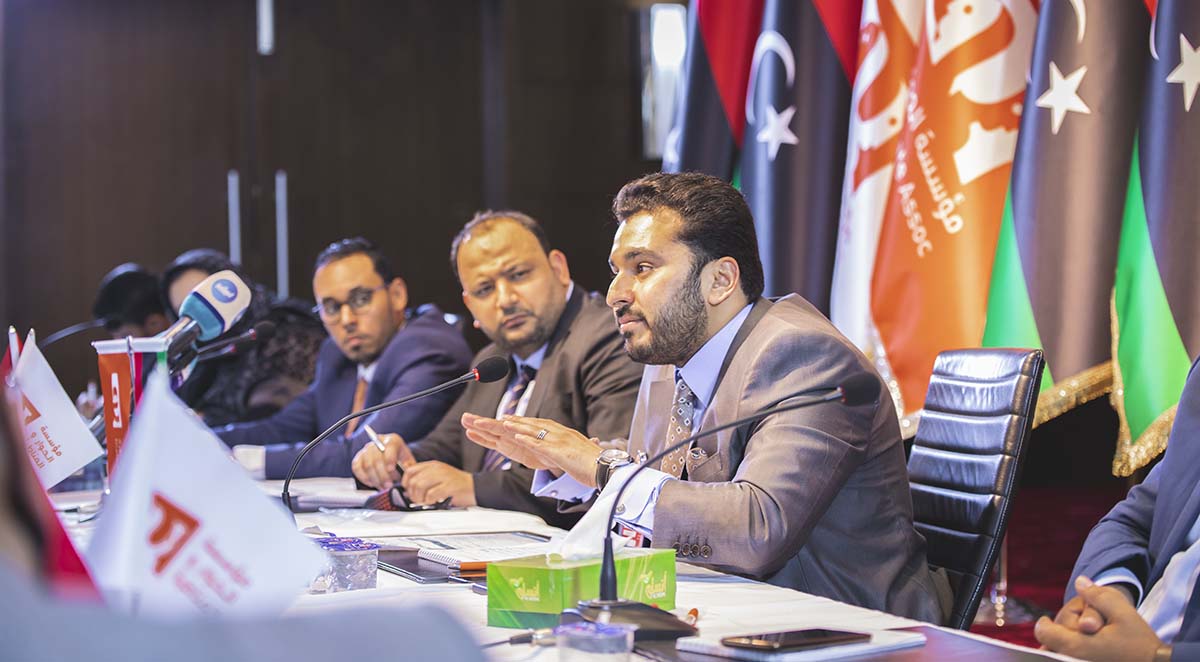
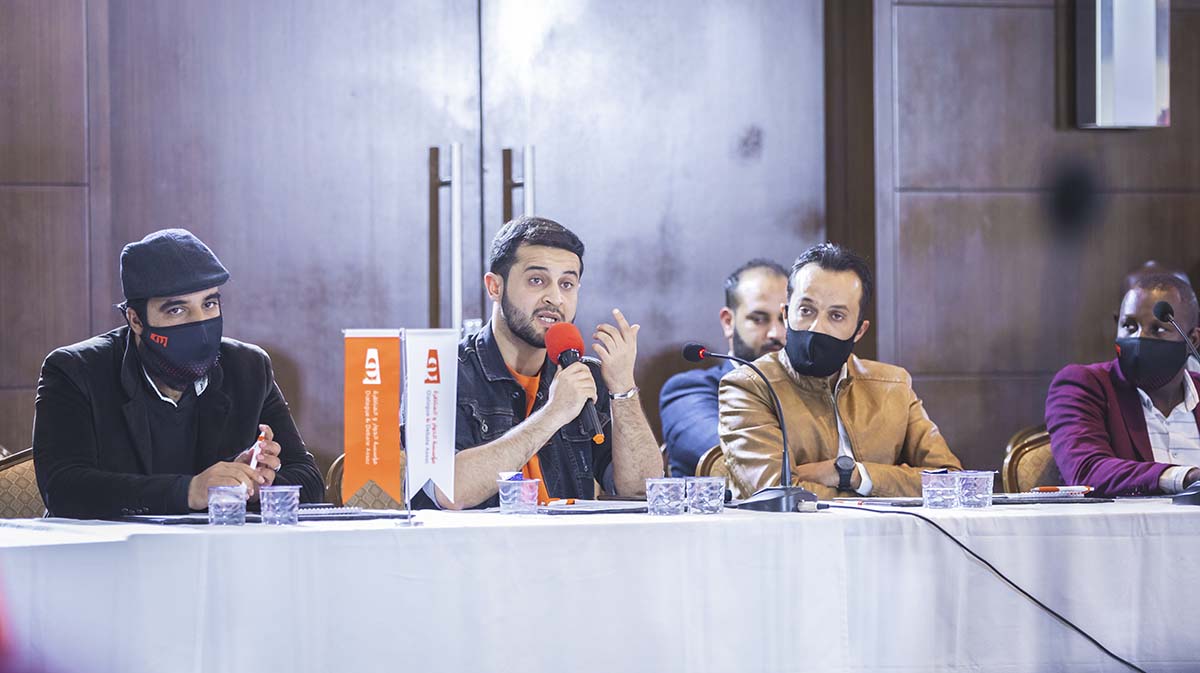
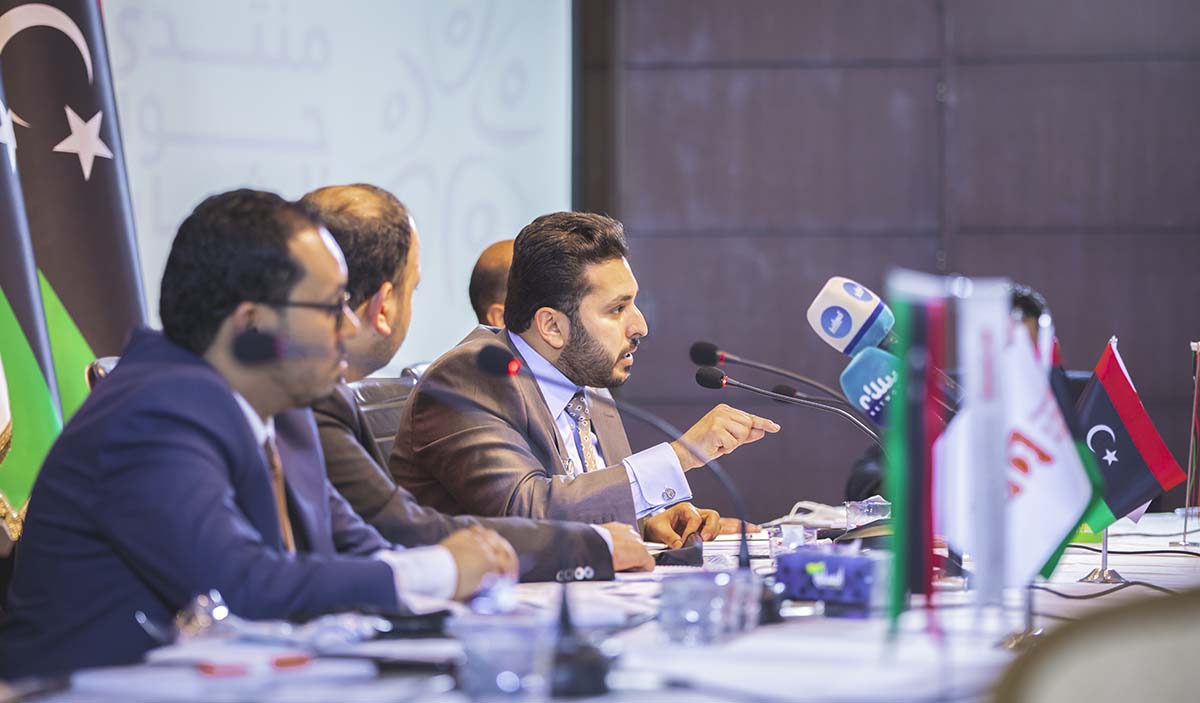
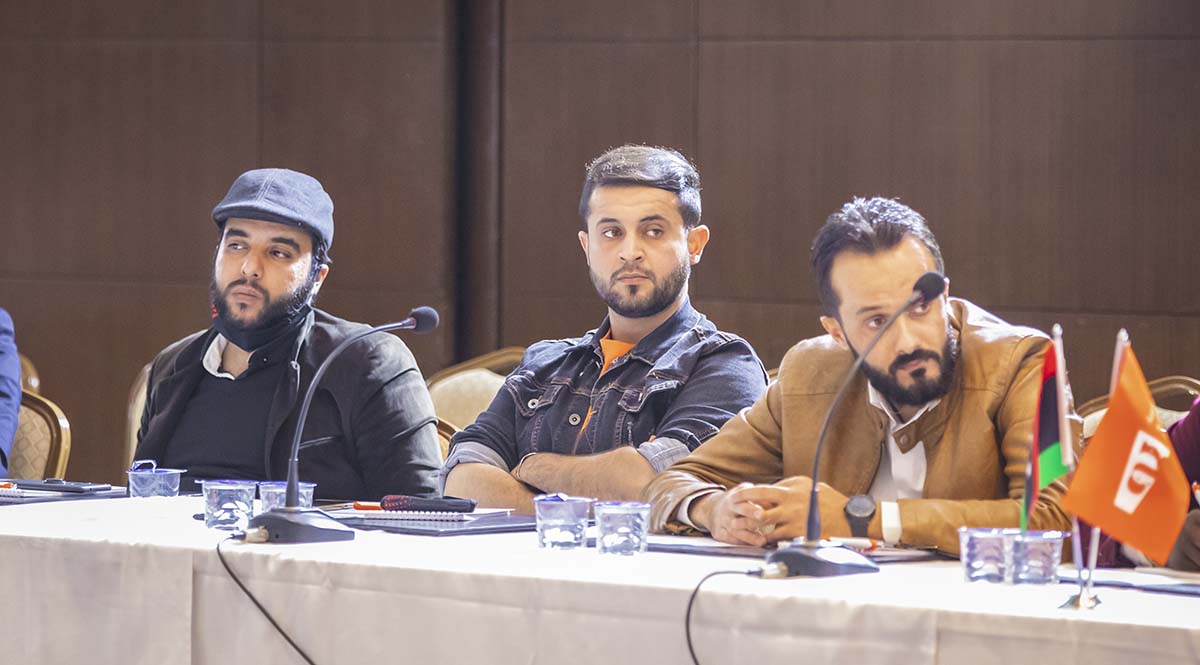
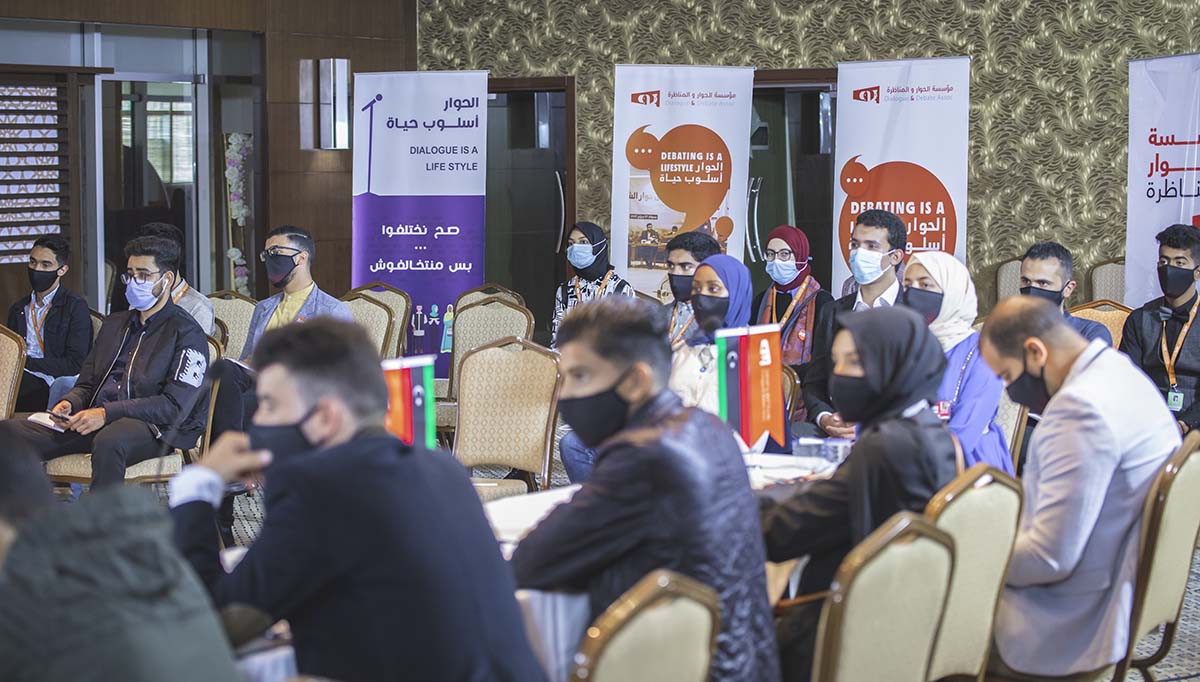
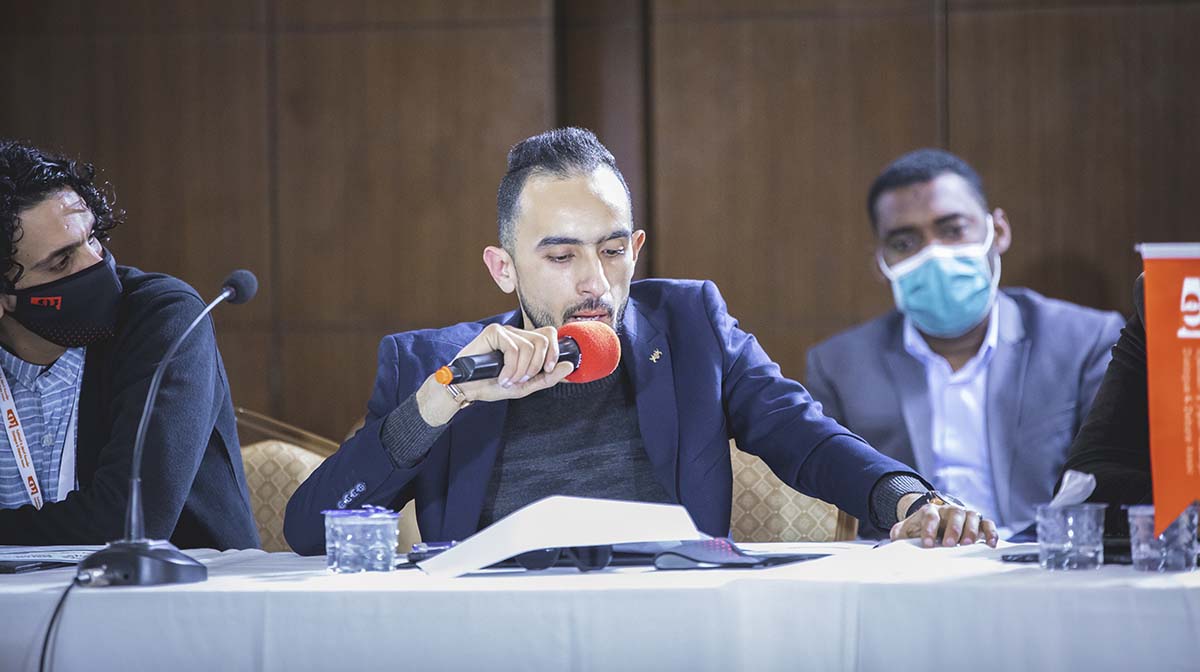
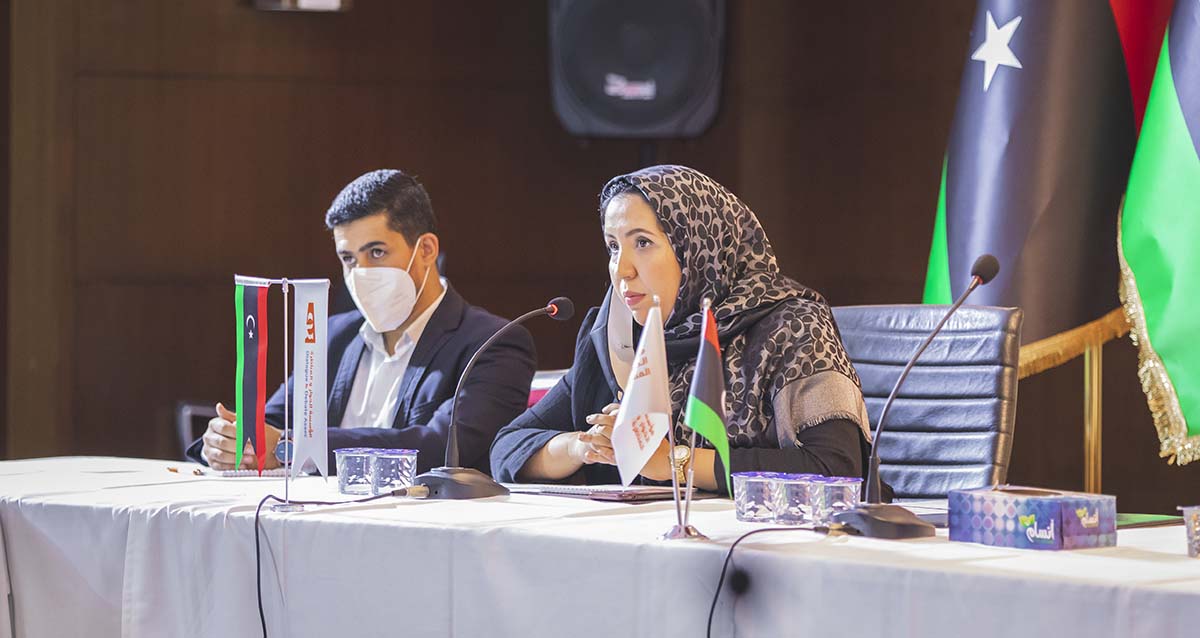
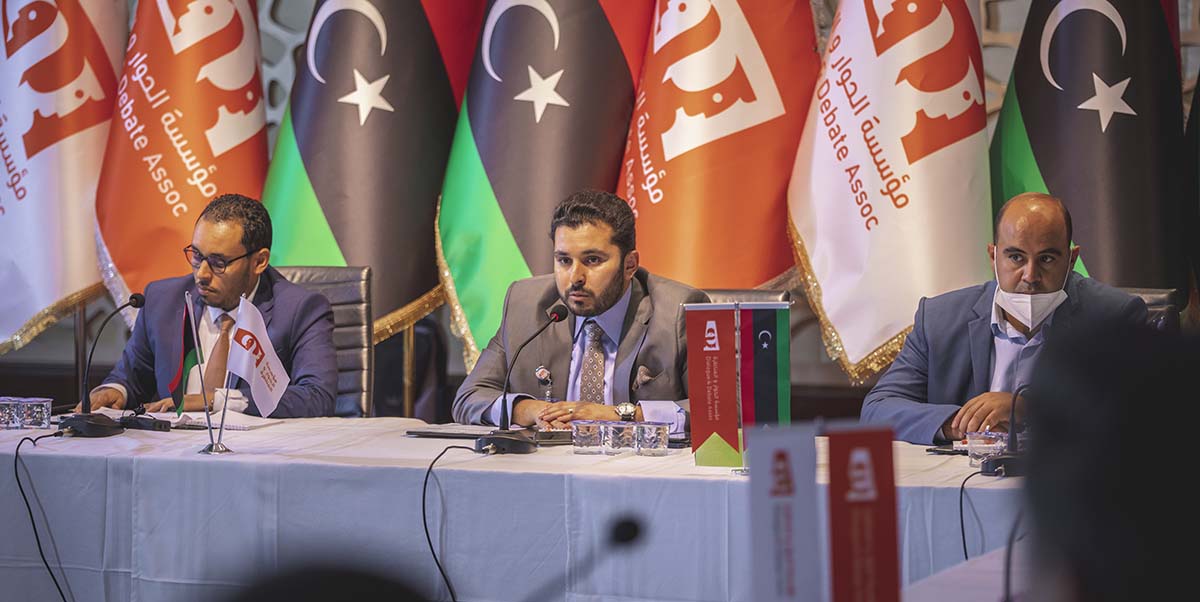
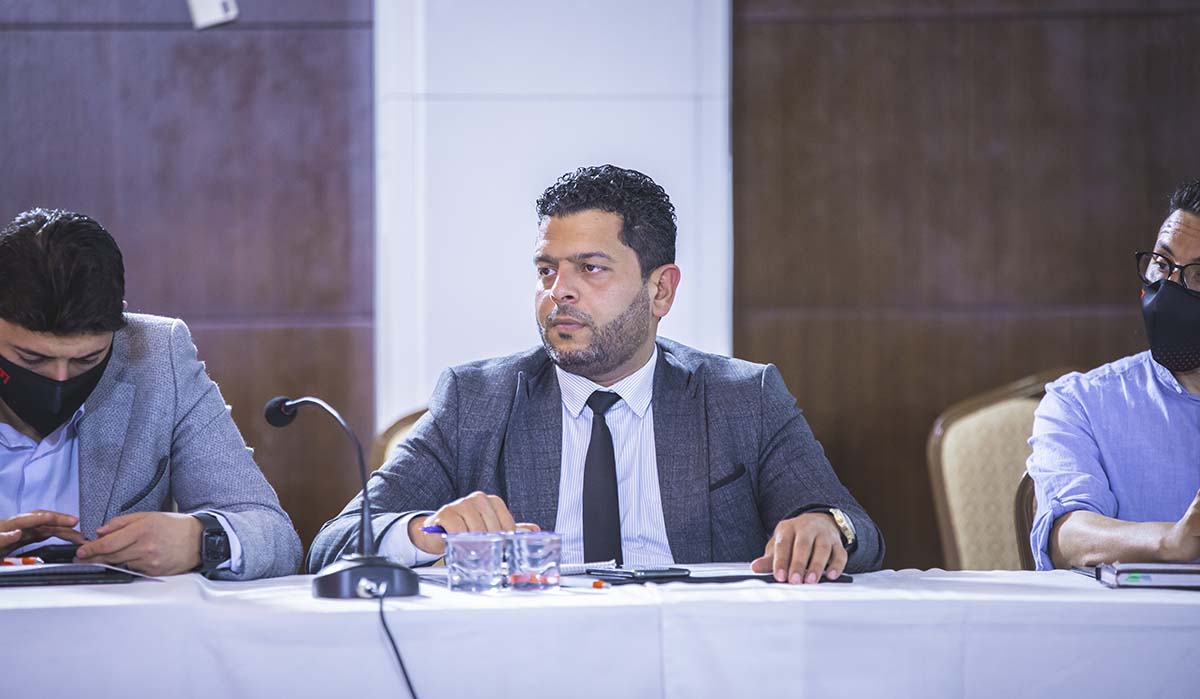
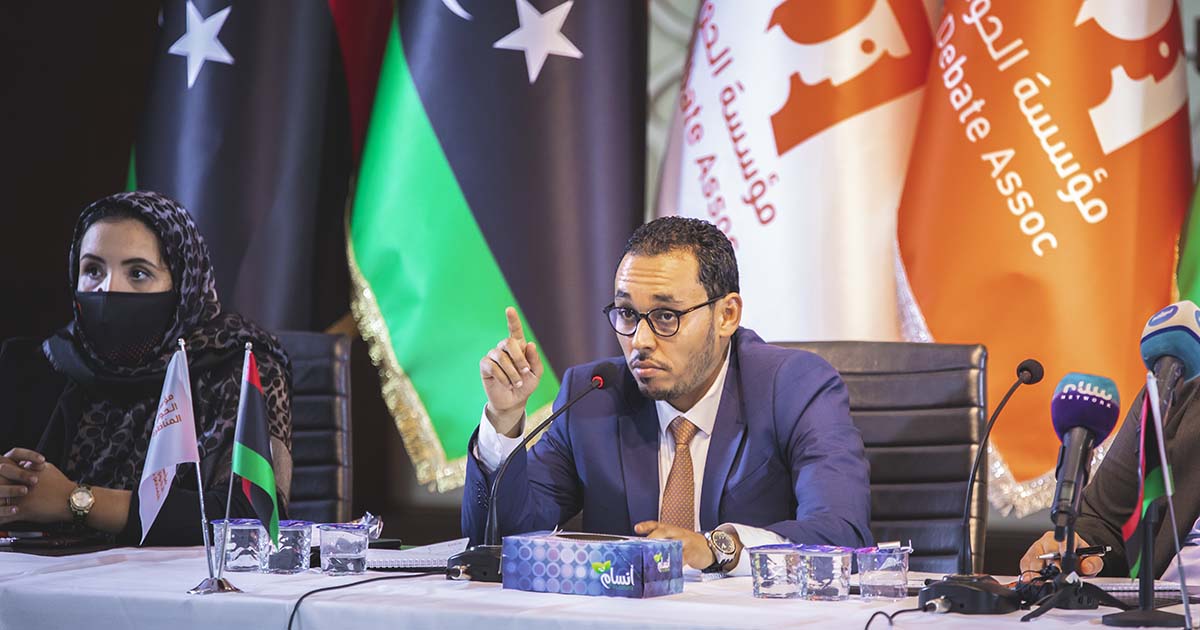
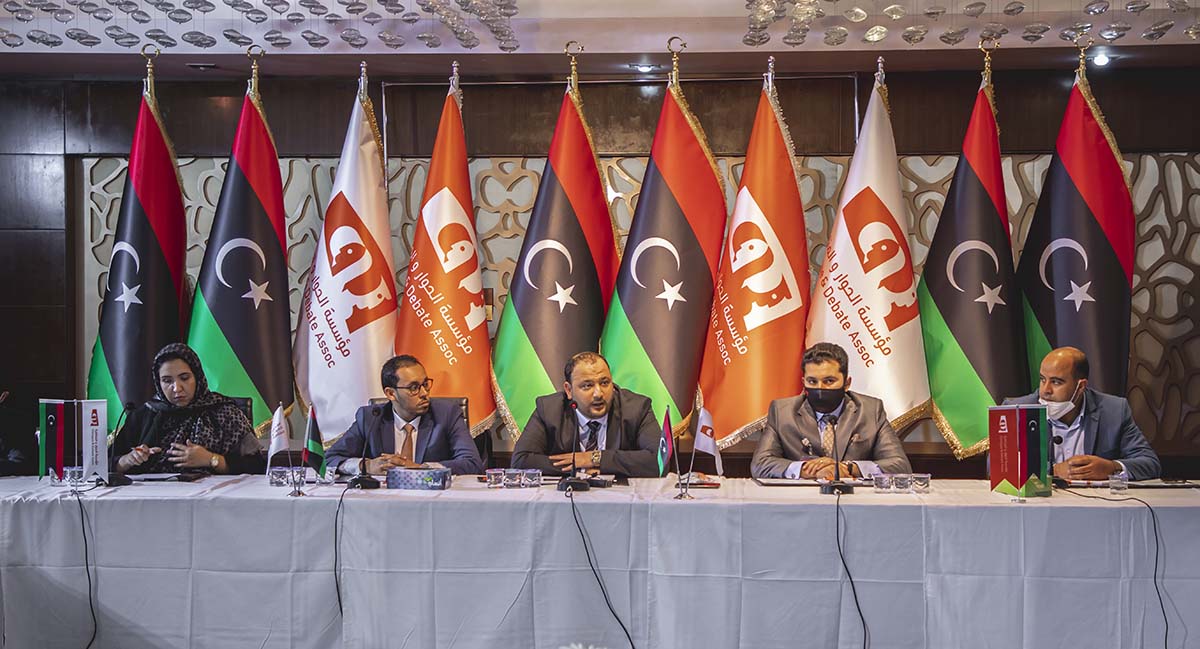
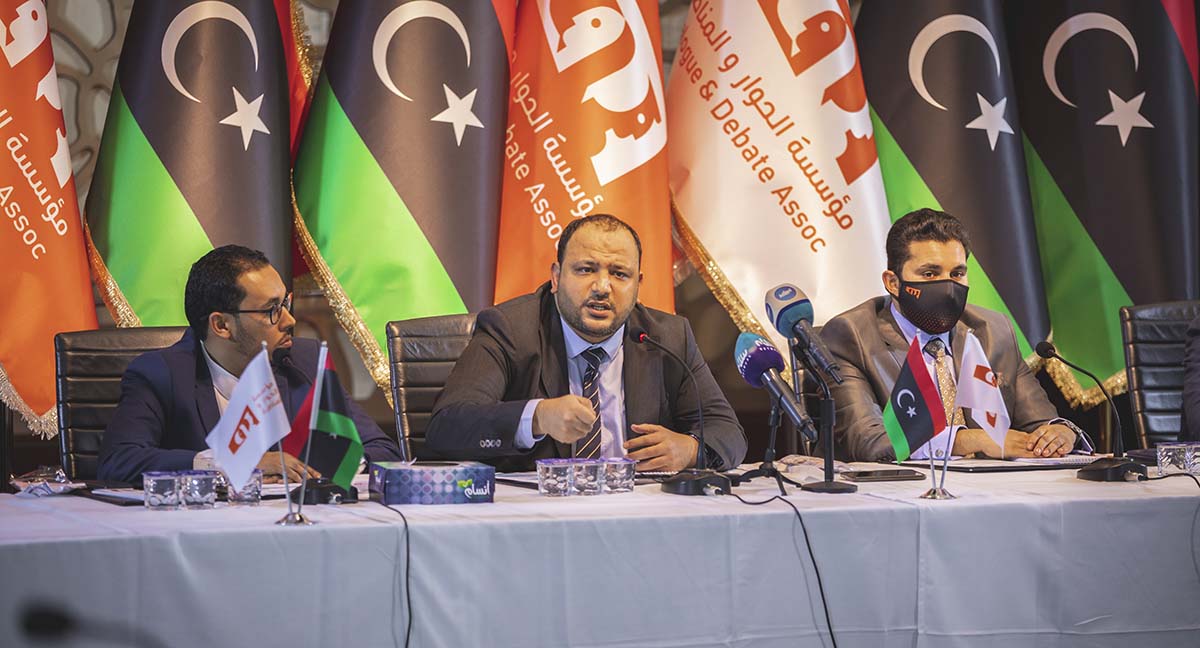
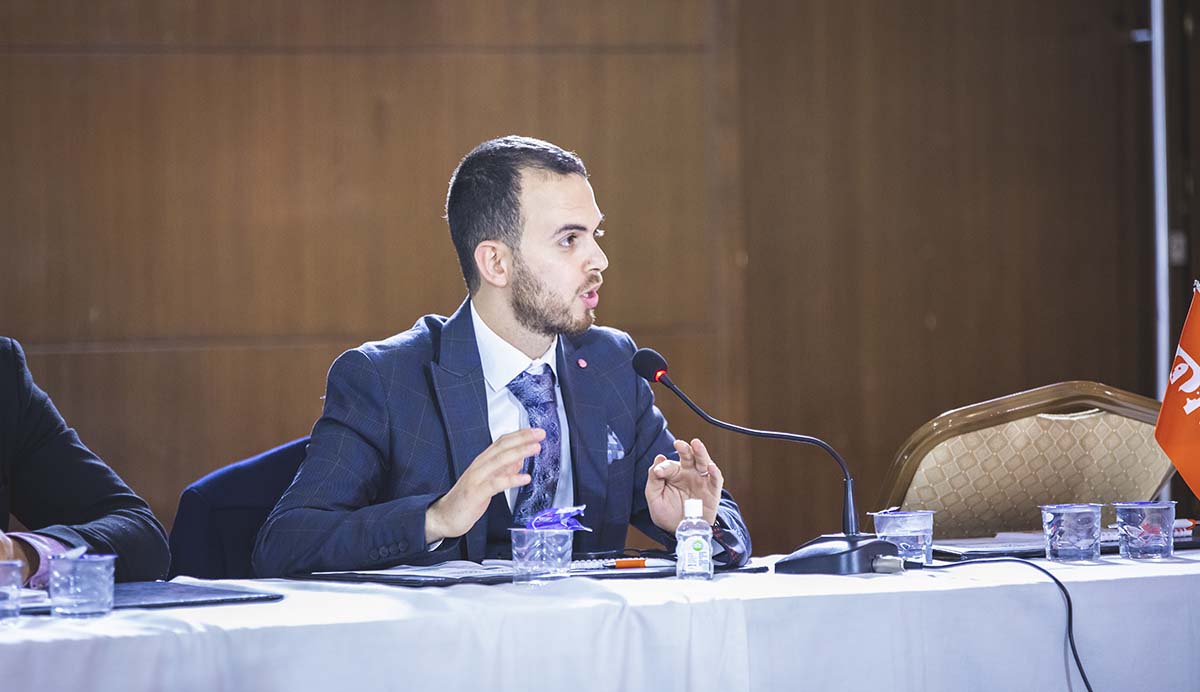
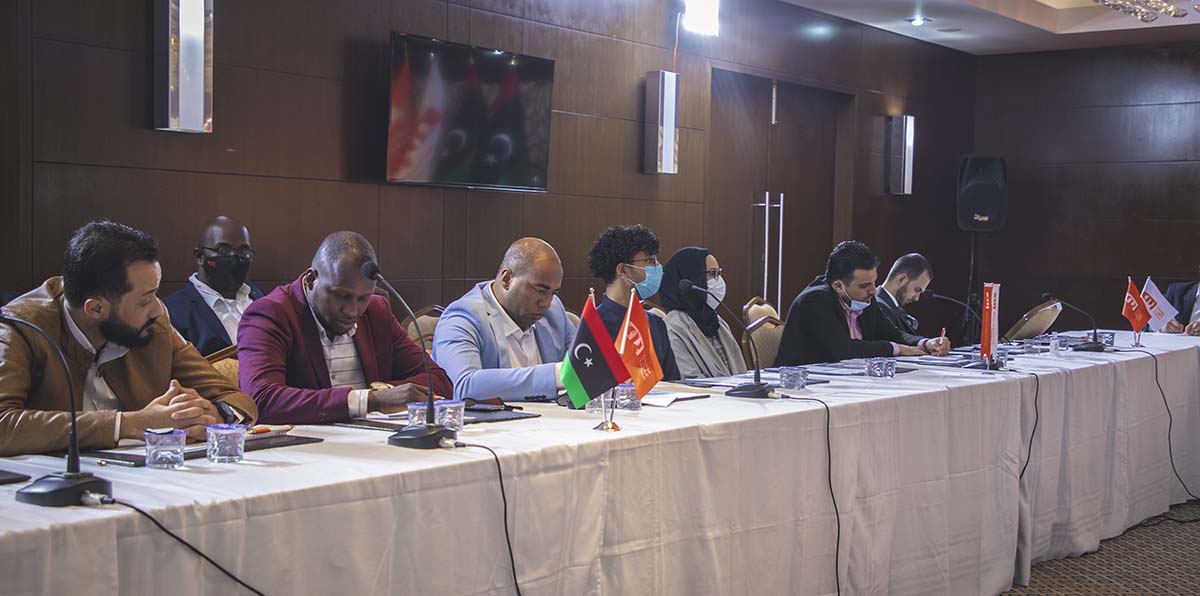
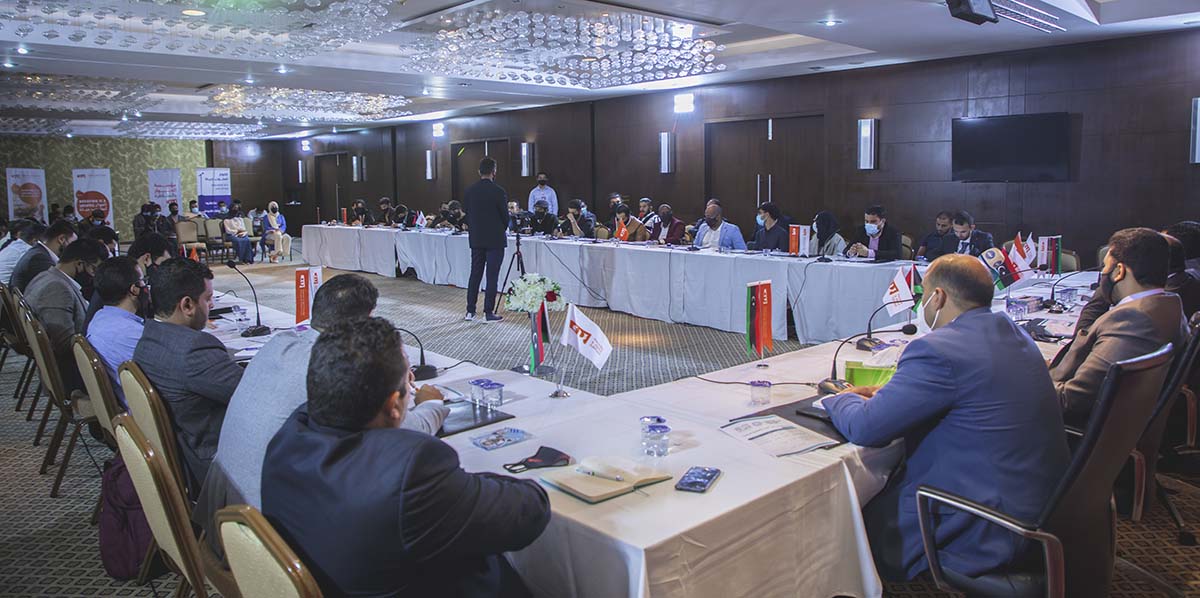

















A collection of photos – Youth Dialogue Forum.
Elimination Rounds:
























































A collection of photos illustrating the atmosphere of the elimination rounds.
Closing Ceremonies:
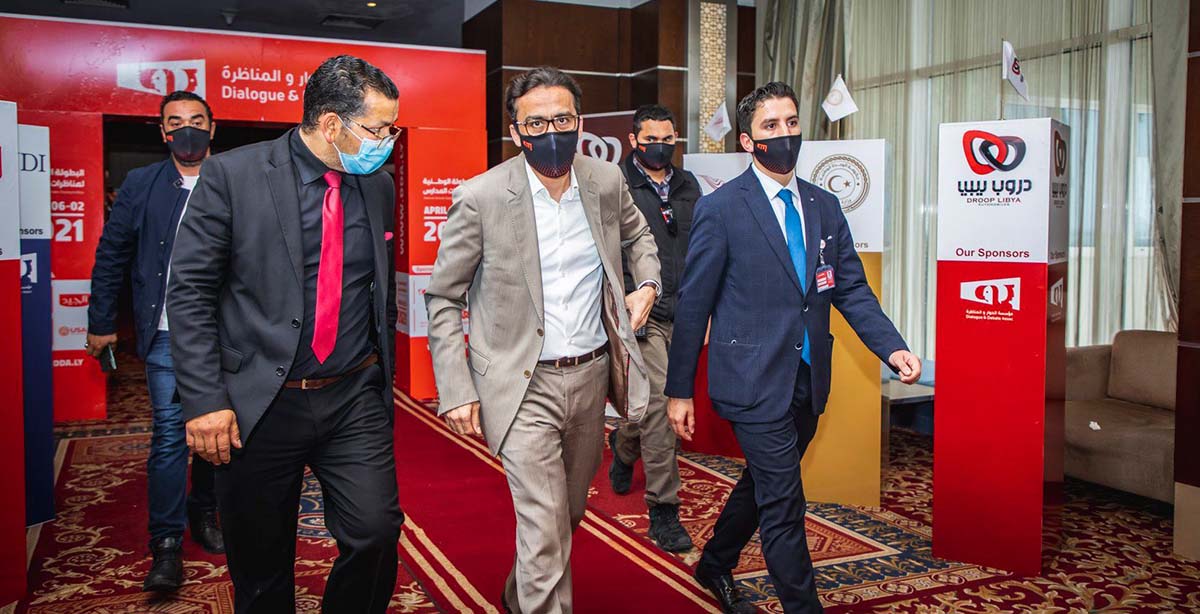


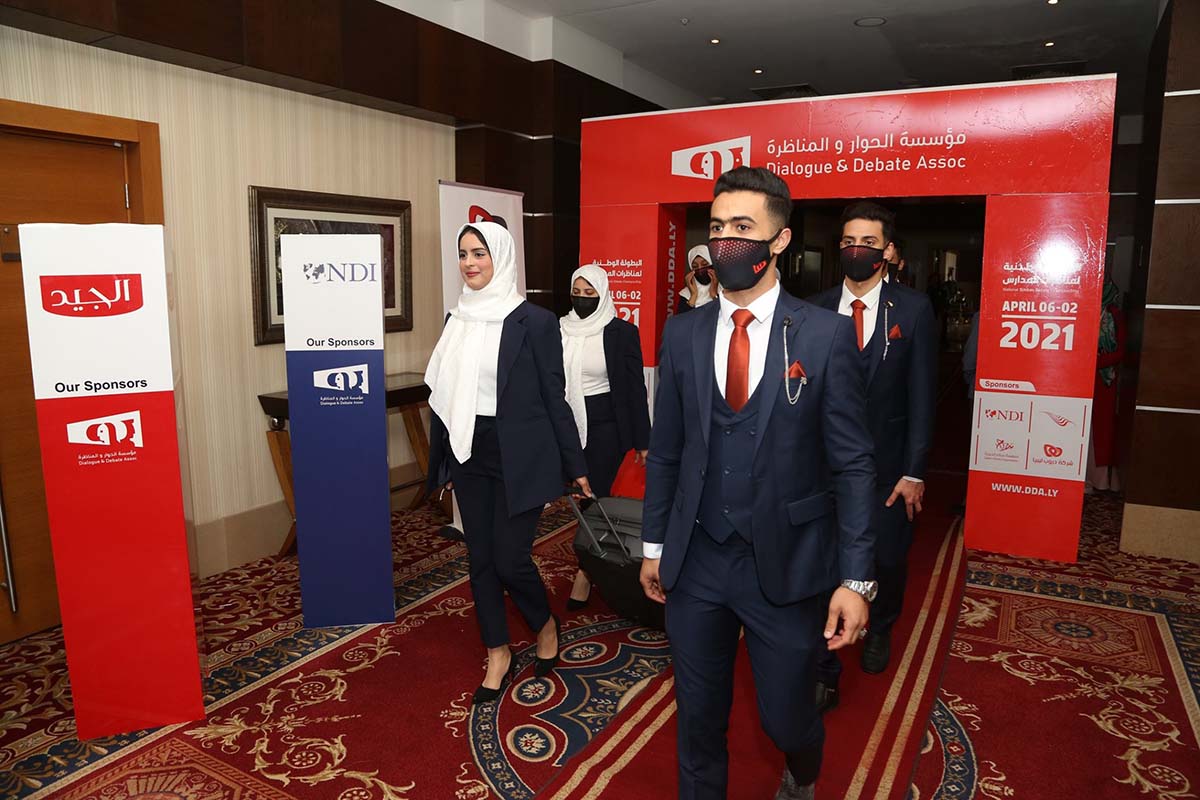
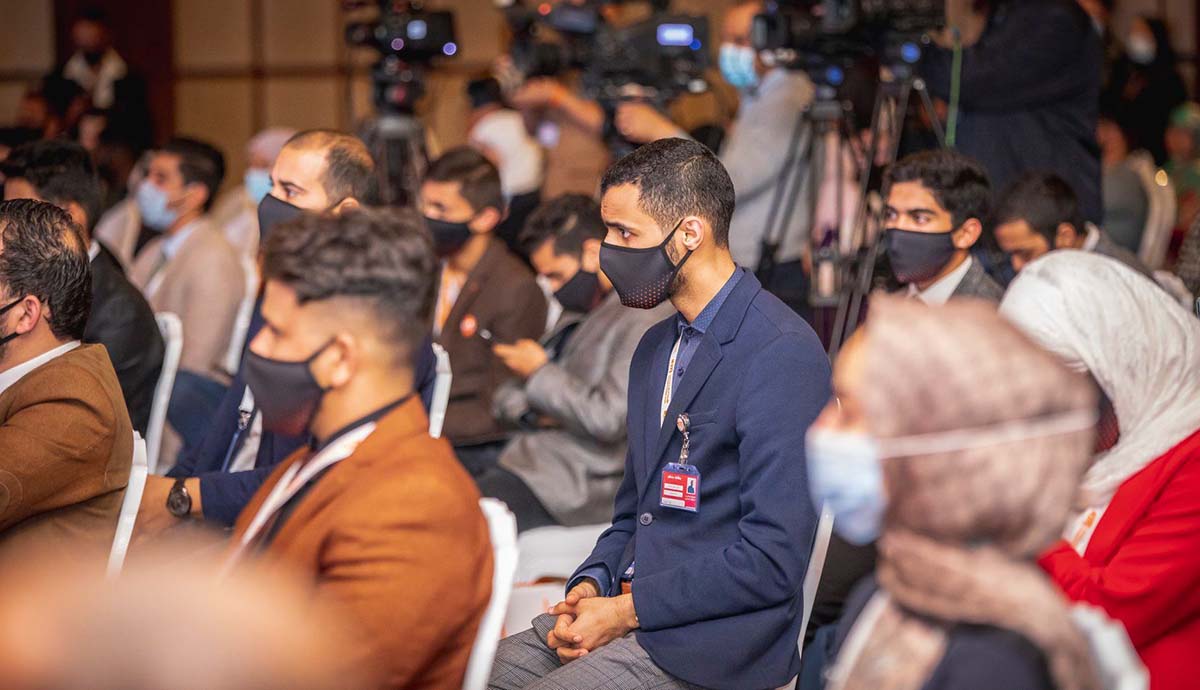







Photos showing the atmosphere before the closing ceremony


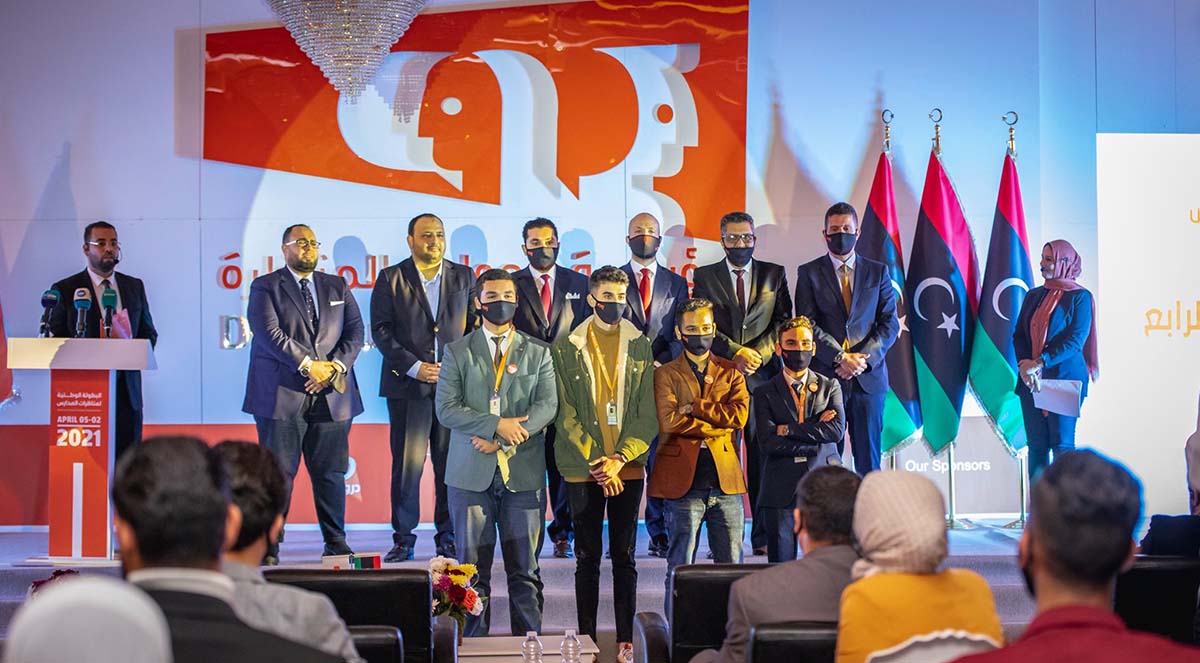
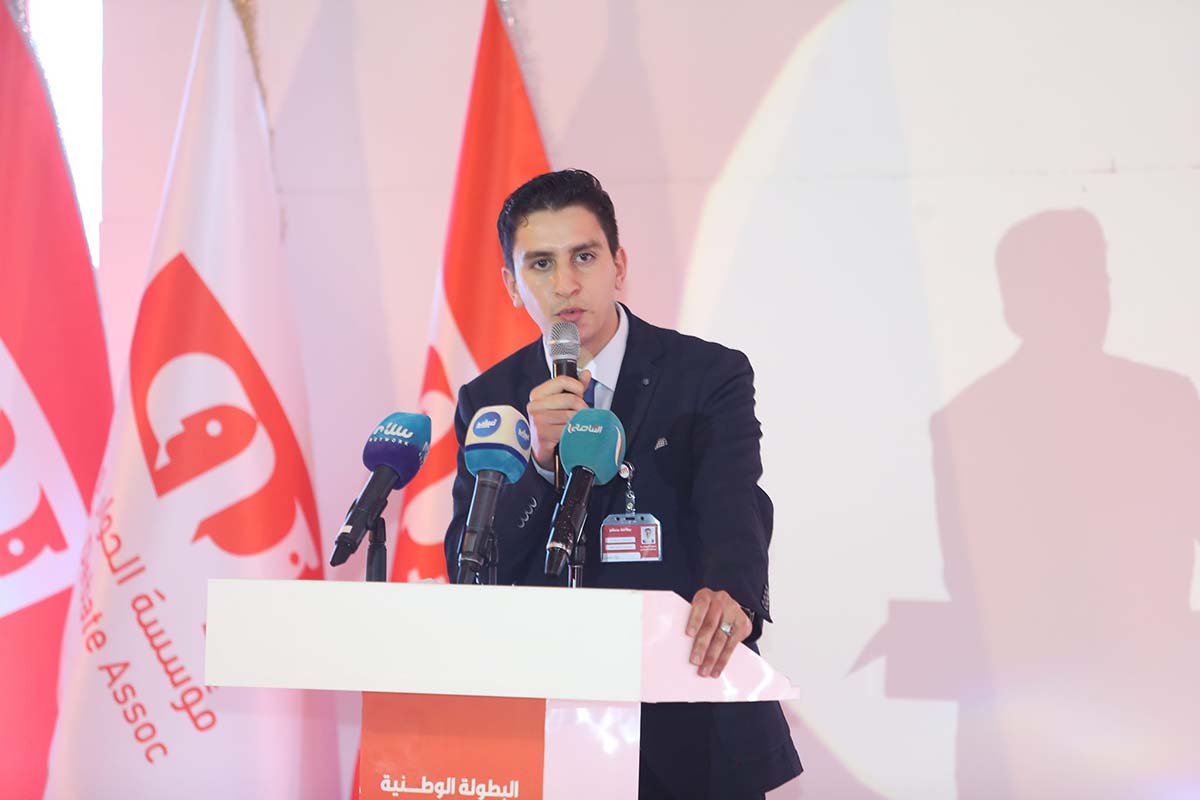



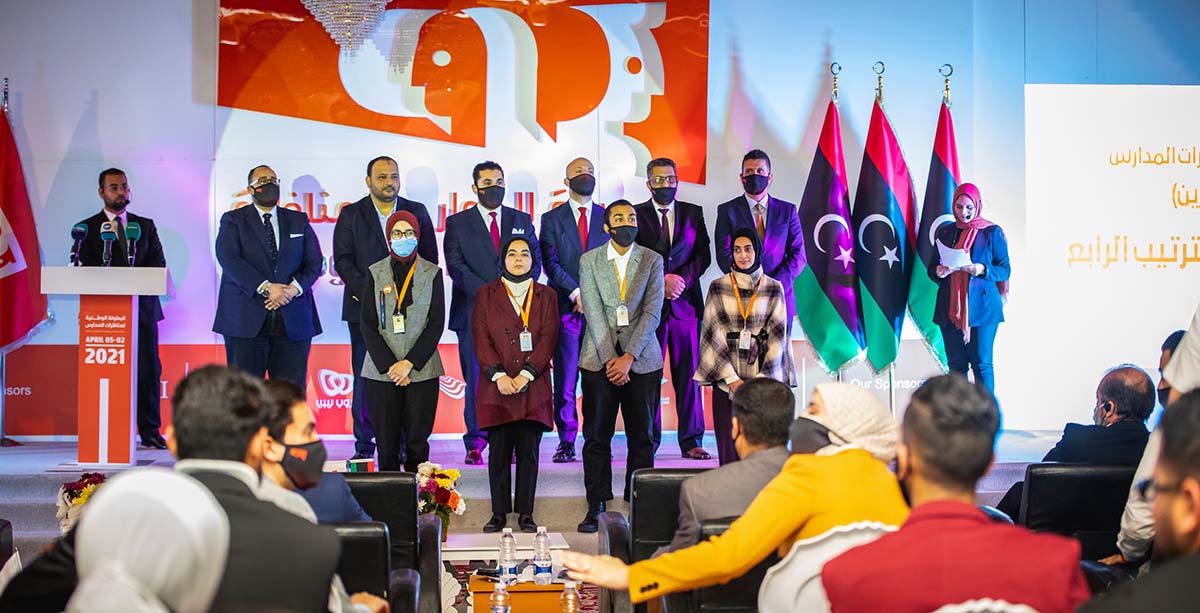
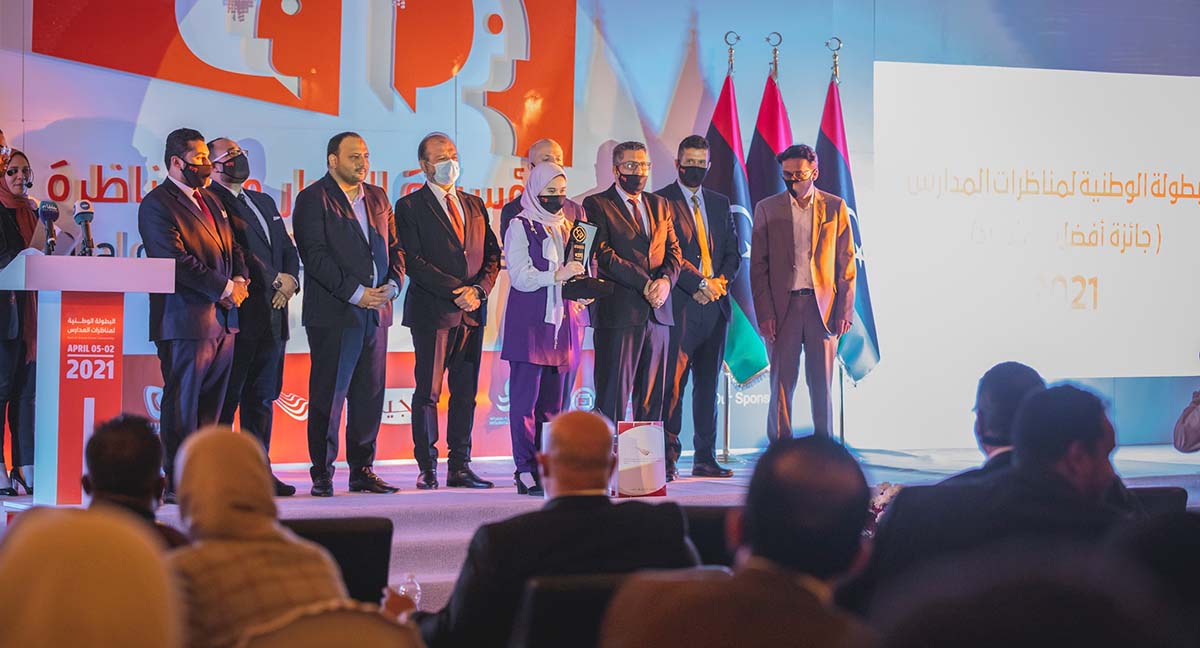
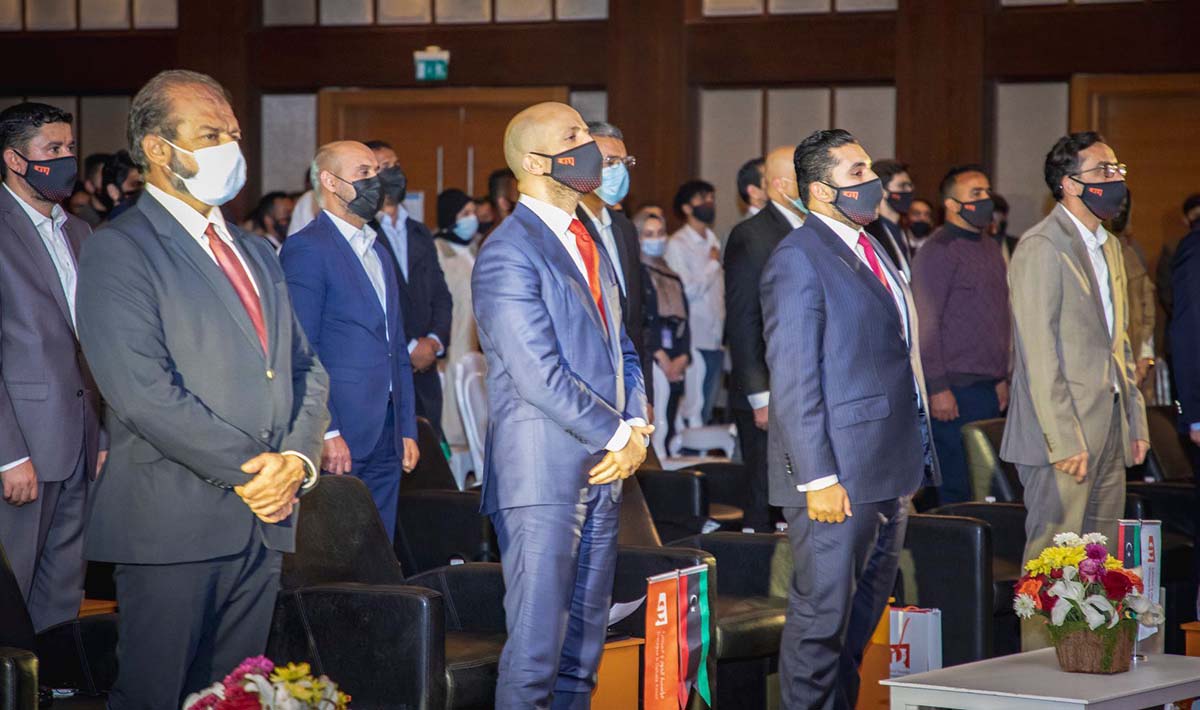
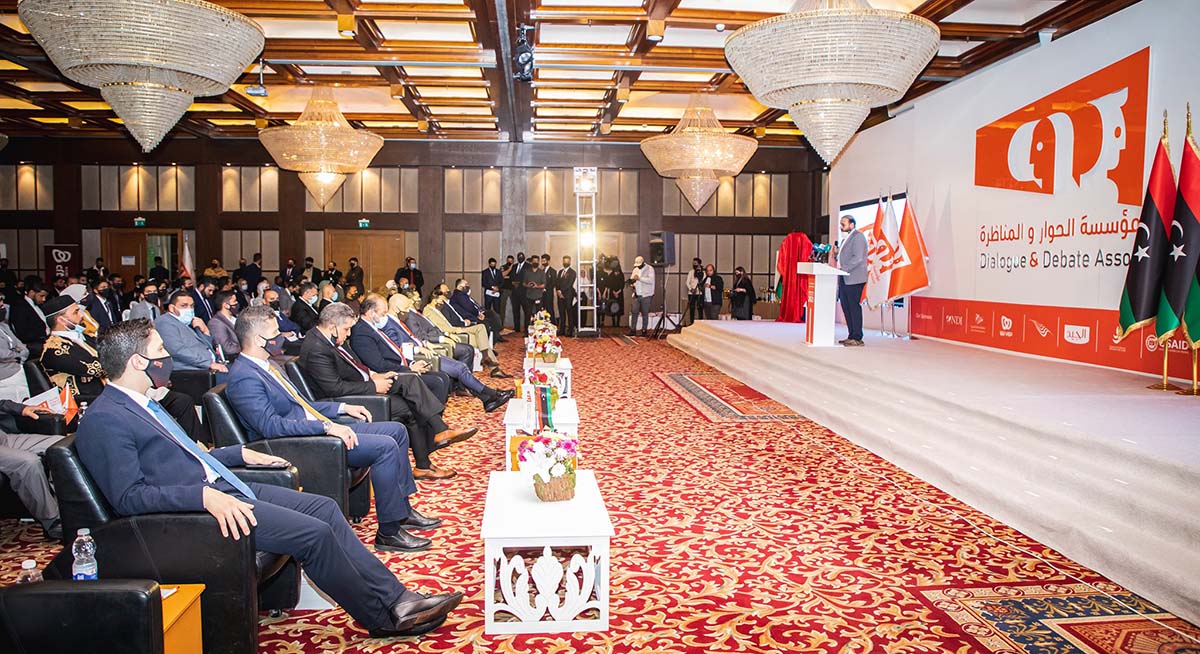
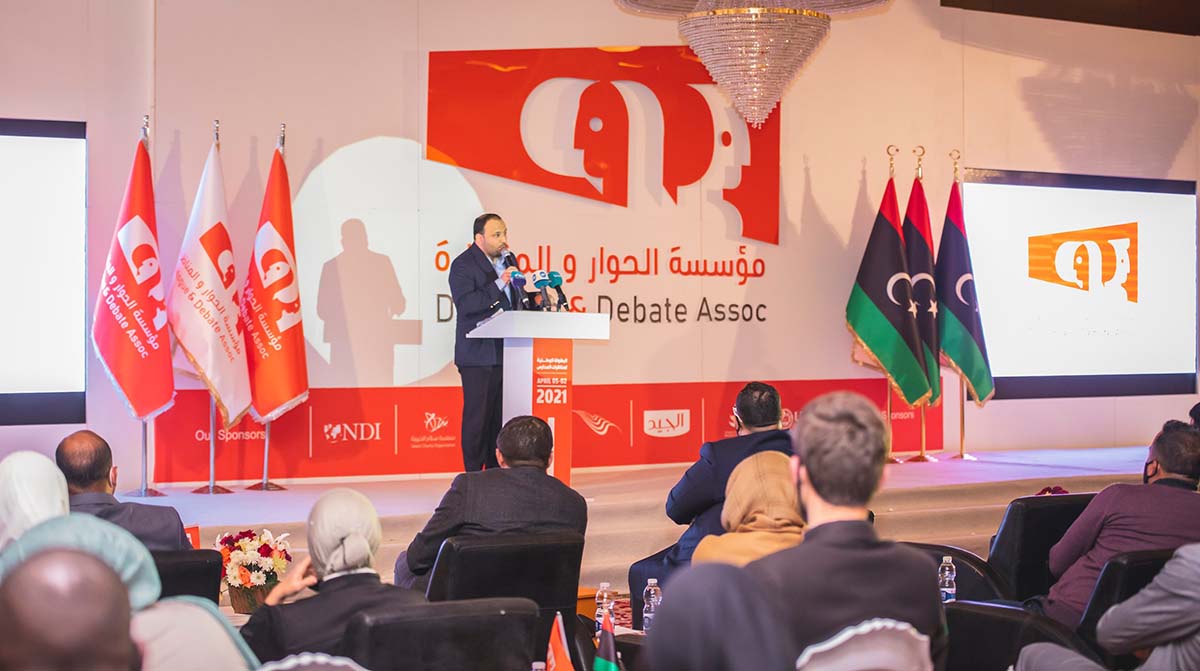
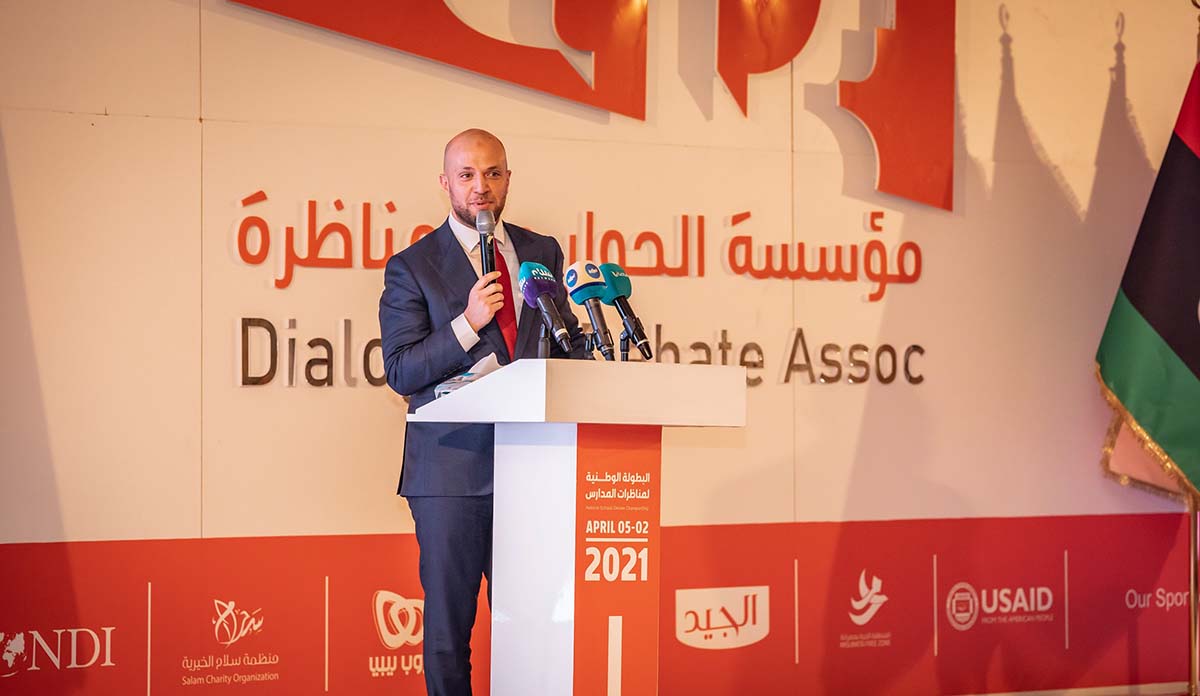
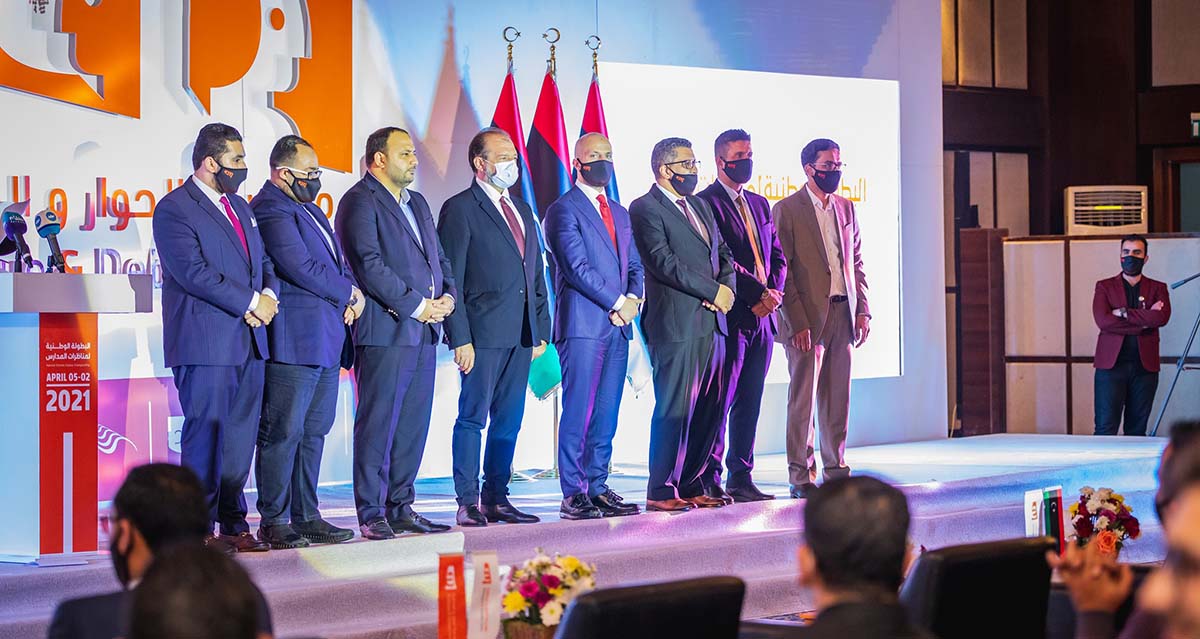






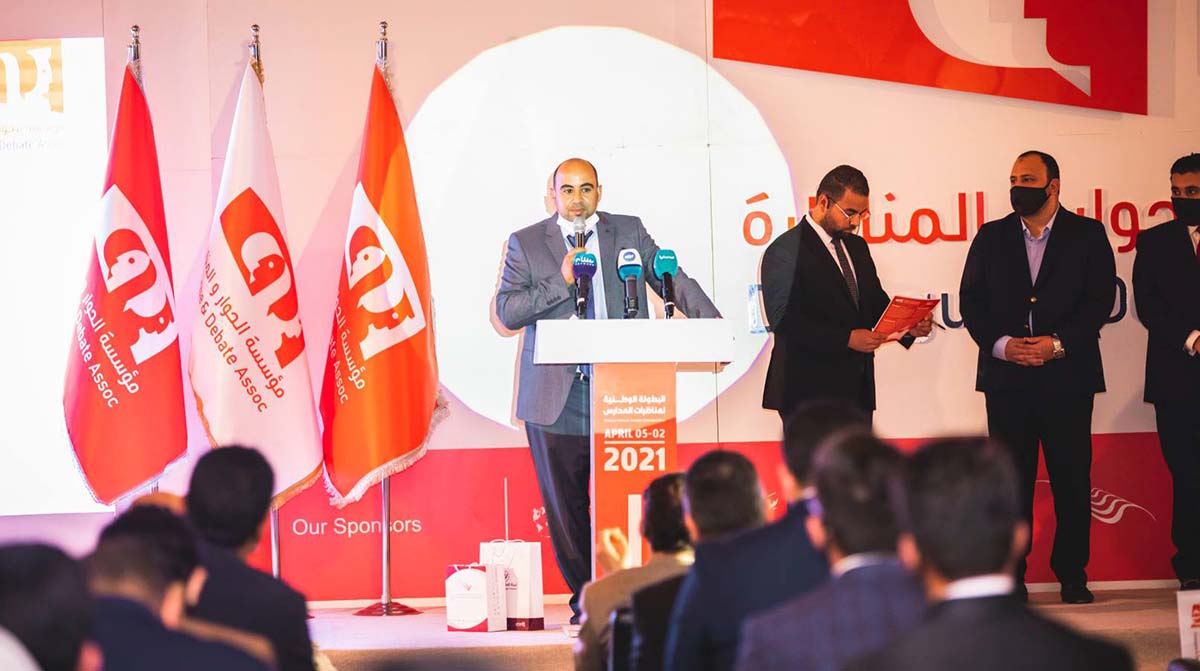



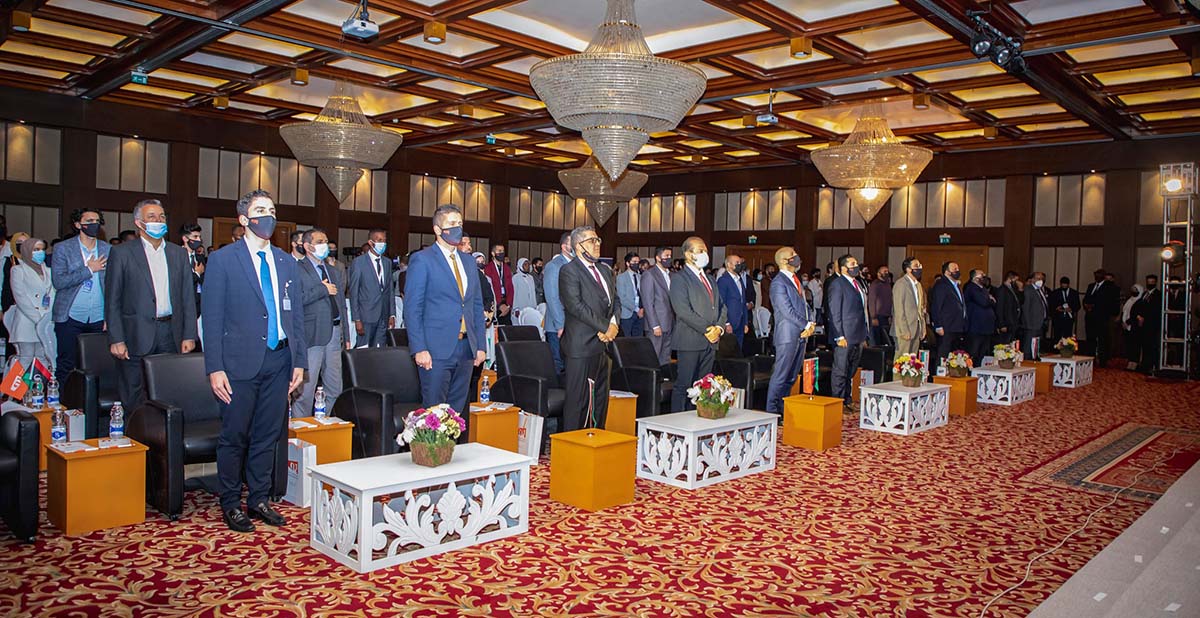
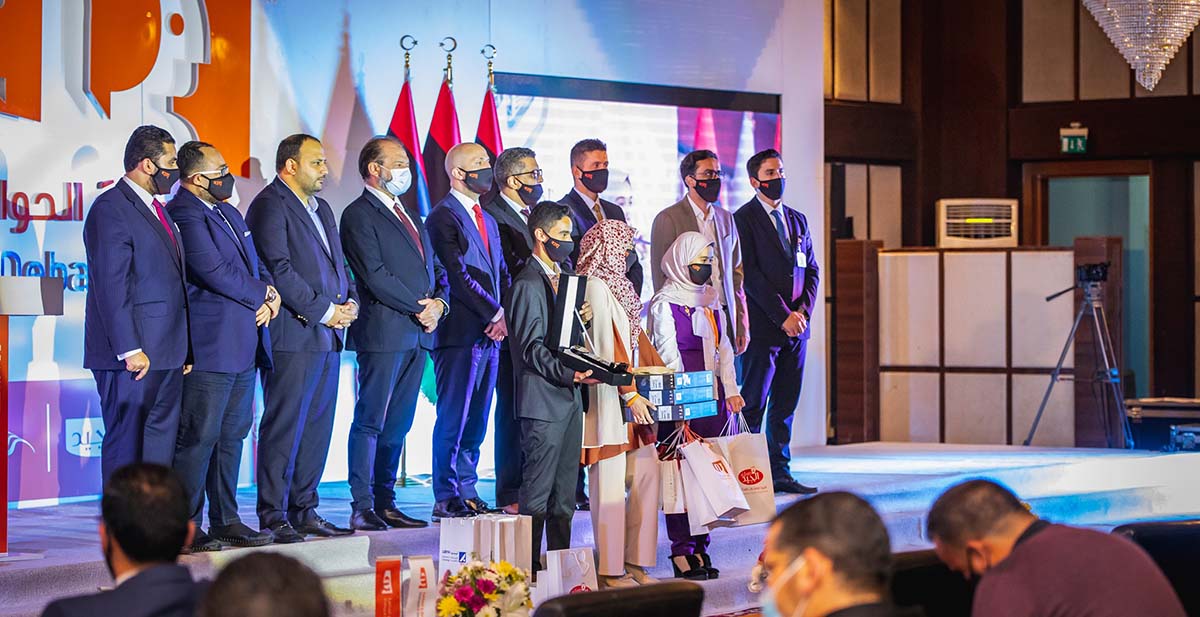
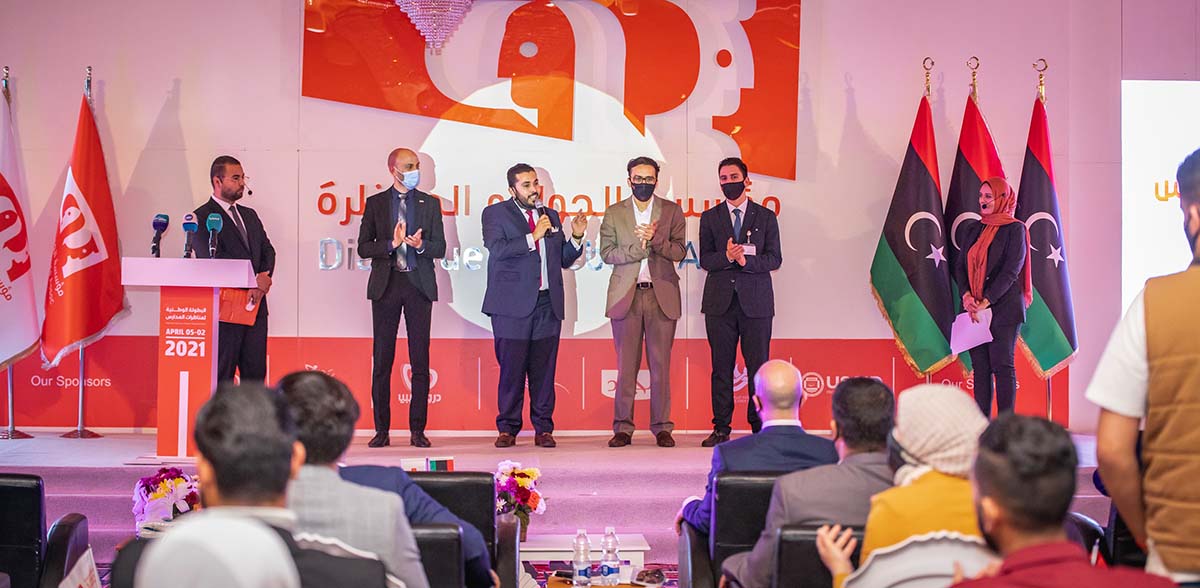
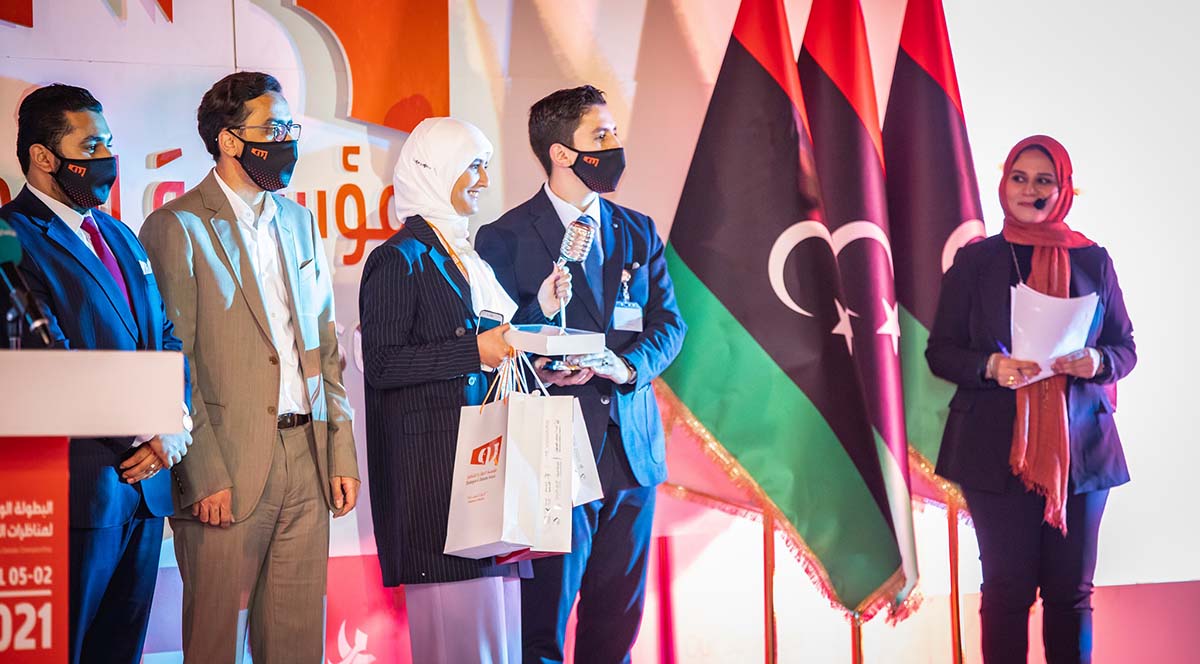
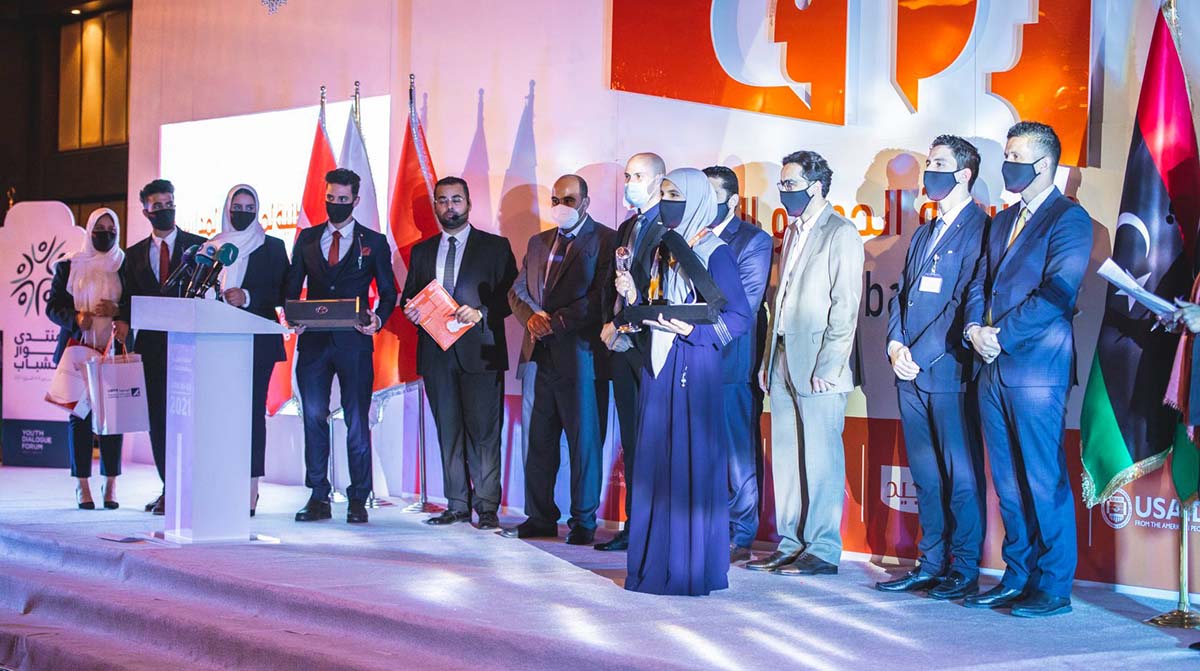





























Photos showing the atmosphere of the closing ceremony





